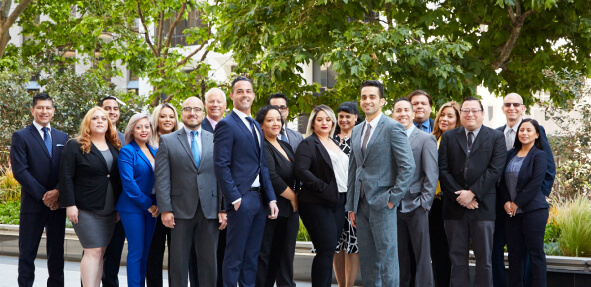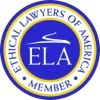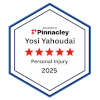How much do you charge?
What is personal injury?
Personal injury is defined as an accident causing bodily injury that is caused by another person’s negligence. Personal injuries may result from a range of accidents. For instance, they may result from motor vehicle accidents, slip and fall accidents, dog bite accidents, intentional injury accidents, plane accidents, bus accidents or construction accidents, among other accidents. In addition, medical malpractice, defective products or contamination fall under the personal injury category.
Why do I need an attorney?
You need an attorney in order to preserve your rights and make sure that you receive just compensation for your injuries that arose out of your accident. Although insurance companies, even your own, may act nice and cooperative in the beginning, without an attorney, you won’t receive the maximum settlement for your claim. They will try to discount your medical expenses and “nickel and dime” you. After all, they’re only concerned with one thing: paying out the least amount of money possible. Many of our clients have tried to handle their own claims, even after a free consultation from us, and ultimately ended up hiring us to handle their claim.
If you were injured at the fault of someone else, you deserve fair compensation. Contact J&Y to speak with an experienced personal injury attorney who will fight for you. Time is very important in personal injury lawsuits, so don’t wait. Take the first step right now by calling 877-426-6580 to get started. You’ve already been through enough stress with your personal injury. Stop worrying about medical bills, car/property damage, and loss of wages on top of legal paperwork. Get J&Y on your side today.
What’s my case worth?
At J&Y, we strive to be honest with our clients about all aspects of their claims. At the outset of any claim, it is impossible to determine the value of one’s case given the number of unknown variables. Even giving an estimate wouldn’t be honest and truthful. However, as the claim progresses, we will be able to better evaluate the value of your claim as certain unknowns become known. The value of your personal injury lawsuit will depend on the details of how you received the injuries, the extent of your injuries, the ability to prove your injuries and the extent of insurance company negotiation. Please contact us for a free consultation to discuss your case in detail.
Should I only hire an attorney if I want to or need to file a lawsuit?
What types of compensation am I entitled to as a result of my personal injury?
How long will it take to recover damages? How long will the case take?
What kind of coverages do I have under my auto insurance policy?
1) Liability: coverage to protect against claims alleging that one’s negligence or inappropriate action resulted in bodily injury or property damage.2) Collision: coverage for an insured’s vehicle that is involved in an accident, subject to a deductible. This coverage is designed to provide payments to repair the damaged vehicle, or payment of the cash value of the vehicle if it is not repairable (totaled). Collision coverage is optional; however if you plan on financing a car or taking a car loan, the lender will usually insist you carry collision for the finance term or until the insured’s car is paid off. Collision Damage Waiver (CDW) or Loss Damage Waiver (LDW) is the term used by rental car companies for collision coverage.3) Comprehensive: provides coverage, subject to a deductible, for an insured’s vehicle that is damaged by incidents that are not considered Collisions. For example, fire, theft (or attempted theft), vandalism, weather, or impacts with animals are types of Comprehensive losses.4) Uninsured Motorist/Underinsured Motorist coverage: also known as UM/UIM, provides coverage if an at-fault party either does not have insurance, or does not have enough insurance under their policy limits to cover your damages. This coverage is often overlooked, but it is very important. According to the Insurance Research Council, almost 20 percent of California motorists do not have any insurance, making California the seventh-highest state in the nation when it comes to uninsured motorists. Unfortunately, this number goes up significantly during recessions. Uninsured motorist coverage (UM) and underinsured motorist coverage (UIM) is coverage you buy from your own insurance company. It pays for your past and future medical expenses, pain and suffering, loss of earnings, and your property damage. The best thing about it is that it covers both you and your passengers, and it covers you whether you are a driver, passenger, or pedestrian. It’s very comprehensive and will cover you and your loved ones in most cases. And it shouldn’t cost much more than you already pay if you don’t have it on your policy. California law does not require that you have uninsured/underinsured motorist coverage, but it is definitely something your insurance policy should have. If you do not have uninsured motorist coverage and get into an accident caused by an uninsured motorist, then you’re most likely going to have to pay for your damages (i.e. medical expenses, car repairs, rental car bill, etc.) out of your own pocket.5) Loss of Use: Also known as rental coverage, provides reimbursement for rental expenses associated with having an insured vehicle repaired due to a covered loss.6) GAP Insurance: Also known as Loan/lease payoff coverage, or GAP coverage, was established in the early 1980s to provide protection to consumers based upon buying and market trends. Due to the sharp decline in value immediately following purchase, there is generally a period in which the amount owed on the car loan exceeds the value of the vehicle, which is called “upside-down” or negative equity. Thus, if the vehicle is damaged beyond economical repair at this point, the owner will still owe potentially thousands of dollars on the loan. The escalating price of cars, longer-term auto loans, and the increasing popularity of leasing gave birth to GAP protection. GAP waivers provide protection for consumers when a “gap” exists between the actual value of their vehicle and the amount of money owed to the bank or leasing company. In many instances, this insurance will also pay the deductible on the primary insurance policy. These policies are often offered at auto dealerships as a comparatively low cost add-on to the car loan that provides coverage for the duration of the loan. GAP Insurance does not always pay off the full loan value however. These cases include but are not limited to: 1. Any unpaid delinquent payments due at the time of loss; 2. Payment deferrals or extensions (commonly called skips or skip a payment); 3. Refinancing of the vehicle loan after the policy was purchased; or 4. Late fees or other administrative fees assessed after loan commencement. Therefore, it is important for a policy holder to understand that they may still owe on the loan even though the GAP policy was purchased. Failure to understand this can result in the lender continuing their legal remedies to collect the balance and the potential of damaged credit.7) Towing coverage is also known as Roadside Assistance coverage, covers the cost of a tow that is related to an accident.8) Personal Property: Personal items in a vehicle that are damaged due to an accident are not covered under an automobile insurance policy. Any type of property that is not attached to the vehicle should be claimed under a homeowners or renters policy. However, some insurance companies will cover unattached GPS devices intended for automobile use.
Do personal injury cases have to go to court?
How does my insurance company calculate an initial offer?
I was involved in a car accident. Who determines who is at fault for the accident?
What do I do if the other party asks for my medical records?
Is it necessary that I see a doctor following an accident?
What if the accident was partly my fault?
What if the police report puts me at fault?
Do you make house calls?
If I am involved in a motorcycle accident, what kind of compensation is possible?
What are some signs of “unsafe” premises or “unreasonable” maintenance?
How is fault determined in a slip and fall accident?
Who investigates plane accidents?
Regarding plane accident litigation, what does “statute of repose” mean?
What should I expect following a plane accident?
Why would I need an attorney?
What can cause a boat accident?
When is an official accident report required?
What about alcohol?
-

How Are Soft-Tissue Injuries Valued in a Motorcycle Accident Claim?
How soft tissue injuries are valued in a motorcycle accident claim depends on the severity of the injury, the quality of medical documentation, how the injury affects your life and…
-
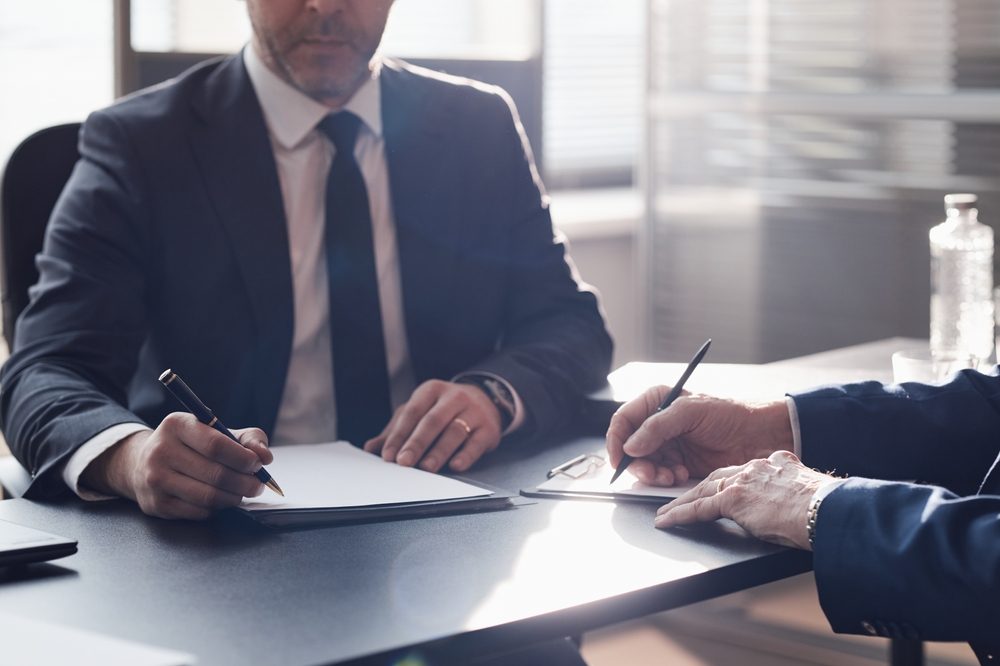
Are Biomechanics Experts Helpful in a Motorcycle Accident Case?
Whether biomechanics experts are helpful in a motorcycle accident case often comes down to what is disputed. The answer is frequently yes because their analysis can connect crash forces to…
-

Can Non-Relatives File a Wrongful Death Claim?
In California, wrongful death claims are usually limited to close family members, but there are situations where non-relatives may have legal rights. If you relied on the person who passed…
-

How Fast Should I Report My Rideshare Accident?
Being hit by a rideshare driver or getting hurt as a passenger leaves you with questions you did not plan to answer that day. You may wonder how fast to…
-
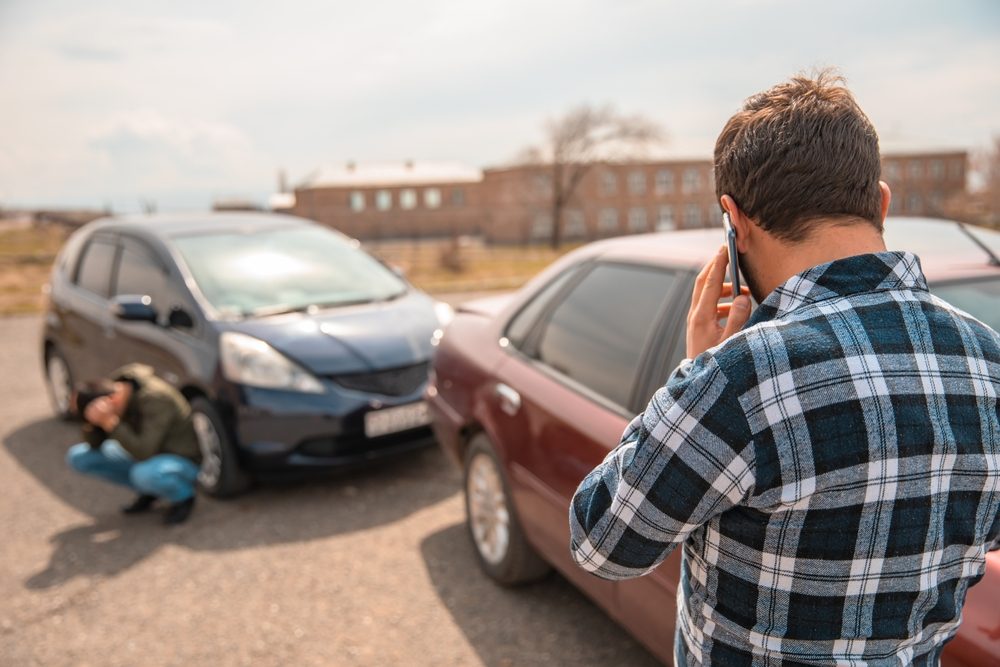
How Does Underinsured Motorist Coverage Apply to My Case?
If you were hit by a driver who doesn't have enough insurance, underinsured motorist coverage can help you recover money when the at-fault driver's policy limits run out before your…
-
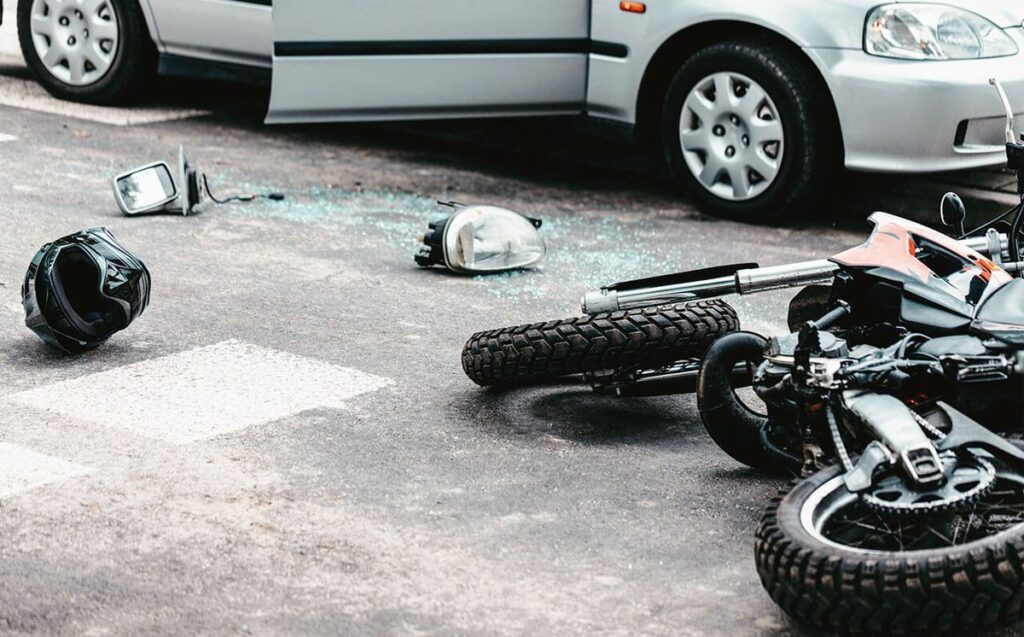
How Do I Challenge a Biased Report in a Motorcycle Accident Case?
If you are asking, “How do I challenge a biased report in a motorcycle accident case?”, you are not alone. Many Los Angeles riders hear statements like “the driver didn’t…
-

How Does Comparative Fault Impact My Slip and Fall Claim?
If you were injured in a fall in California, it’s important to understand how comparative fault impacts your slip and fall claim. Under state law, you can still recover damages…
-

Do I Need a Guardian ad Litem in My Catastrophic Injury Case?
After a life-changing event in Los Angeles, you may be caring for a child, a loved one with a traumatic brain injury, or an adult who is not able to…
-
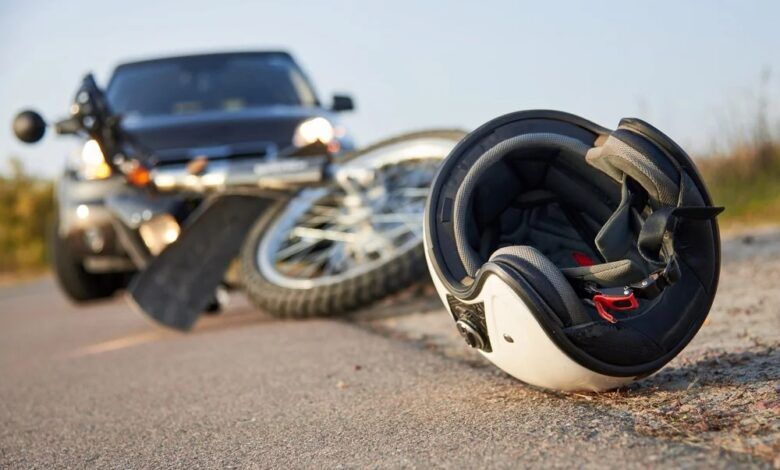
Are Go-Pro Videos Useful in a Motorcycle Accident Claim?
If you were hit while riding in Los Angeles, your helmet or handlebar camera may feel like the only unbiased witness you have. Many riders ask whether GoPro footage can…
-
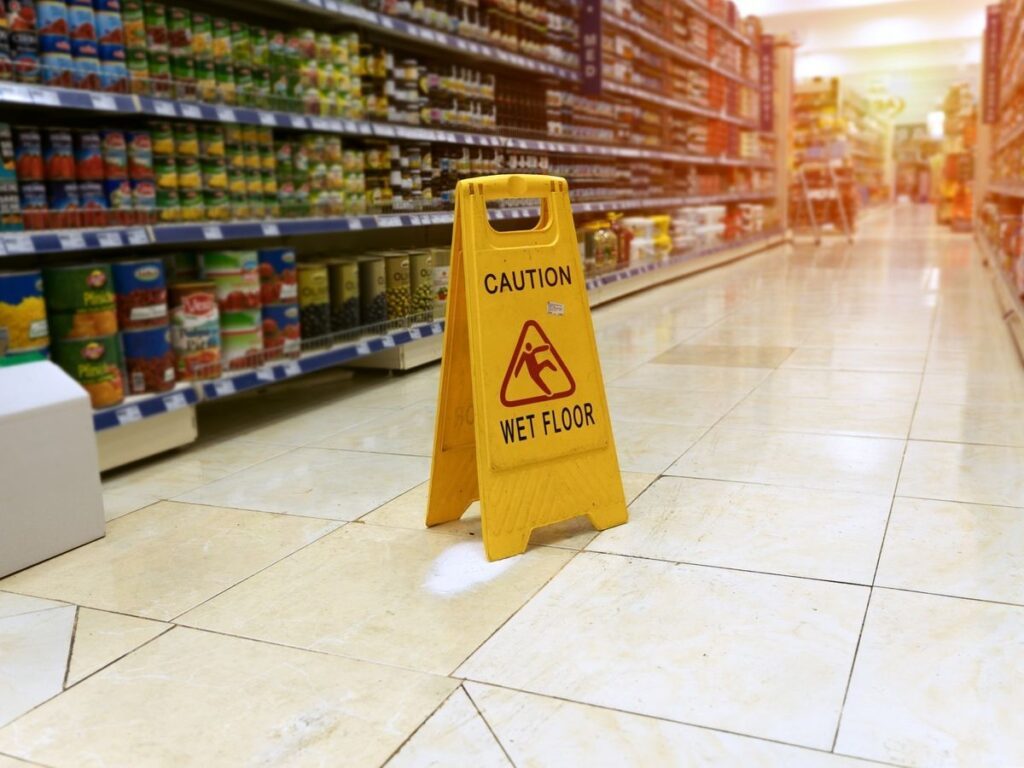
Can I Obtain Security Video for My Store Slip and Fall?
Yes, you can obtain security video for your store slip and fall accident, but you must act quickly. Stores typically keep surveillance footage for only 30 to 90 days before it…
-
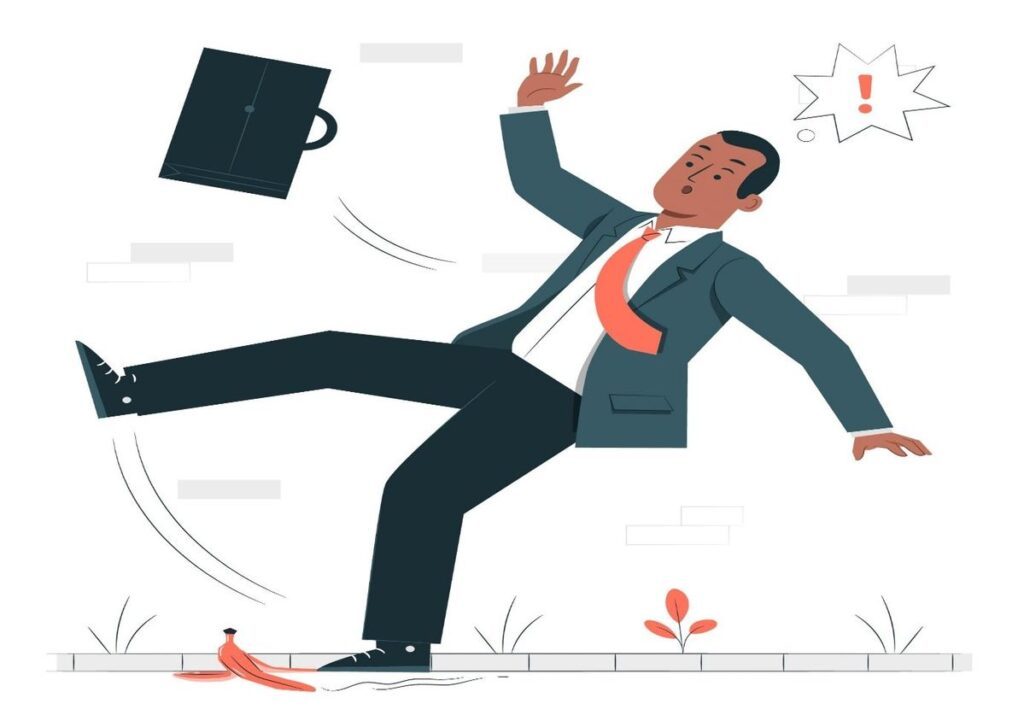
What Should I Do After My Slip and Fall Accident?
A sudden fall can leave you hurt, confused, and facing medical bills you never planned for. If you’re asking, “What should I do after my slip and fall accident?”, you’re…
-
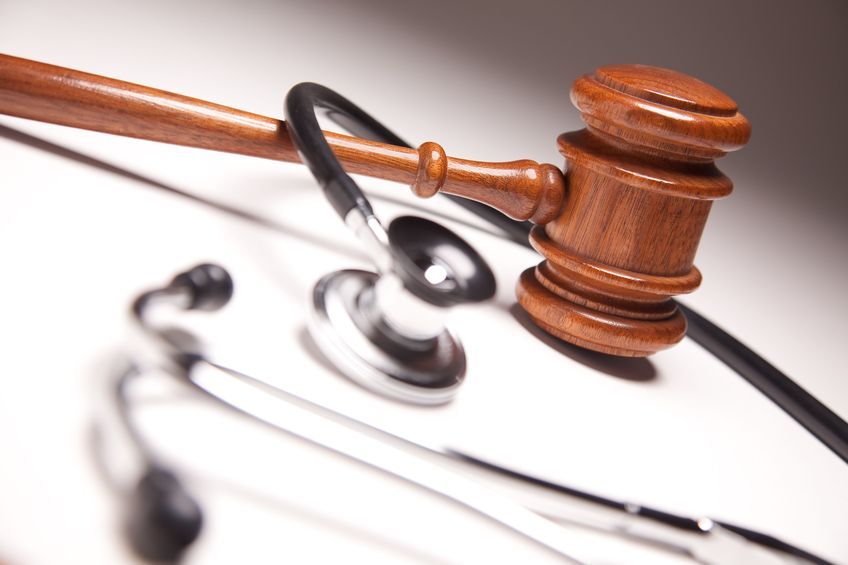
How Do Structured Settlements Work in My Catastrophic Injury Case?
If you’re near victory in your case, you may be facing a choice about how to receive your money. You might be asking, “How do structured settlements work in my…
-
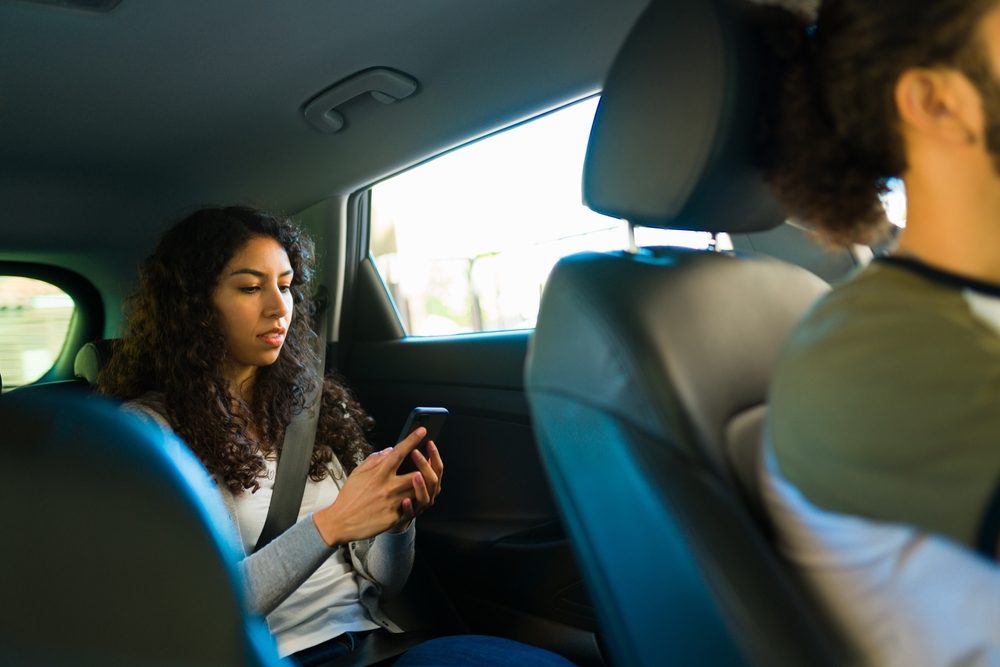
Whose Insurance Applies to an Uber or Lyft Accident?
A rideshare crash brings fast confusion, and many people ask whose insurance applies to an Uber or Lyft accident. Coverage depends on what the driver did at the moment of…
-

What If Multiple Insurance Policies Apply in a Rideshare Case?
Rideshare accident cases often involve more than one insurance policy. If multiple insurance policies apply in your rideshare case, the highest-priority insurer will pay first, and the other policies will…
-

How Do I Document Neglect in My Assisted Living Case?
Assisted living neglect can be hard to spot and even harder to prove without a plan. In this guide, we explain how to recognize and document neglect, gather reliable evidence,…
-

What Qualifies as a Catastrophic Injury in My Case?
People ask what qualifies as a catastrophic injury in your case because these injuries reshape daily life and change the future in ways you didn’t expect. A catastrophic injury often involves…
-

How is a Life-Care Plan Used in My Catastrophic Injury Case?
If you recently suffered a serious injury, you may be wondering how a life-care plan is used in a catastrophic injury case. A life-care plan outlines the cost of your…
-
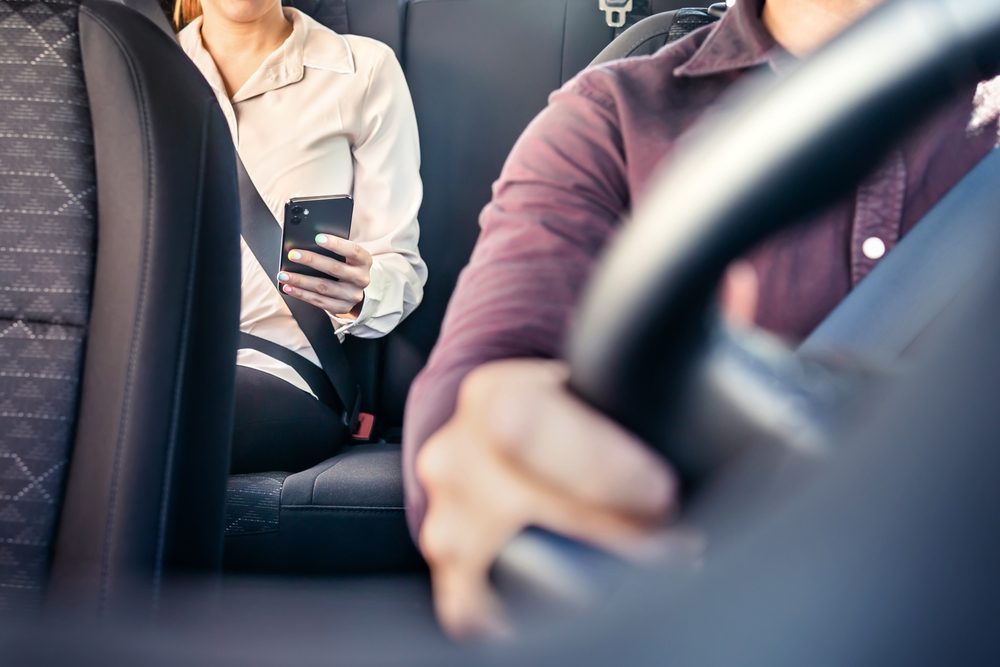
What If the App Was Off During a Rideshare Crash?
A crash with a rideshare driver brings questions the moment your heart stops racing. Many people ask what happens if the app was off during a rideshare crash, and the…
-
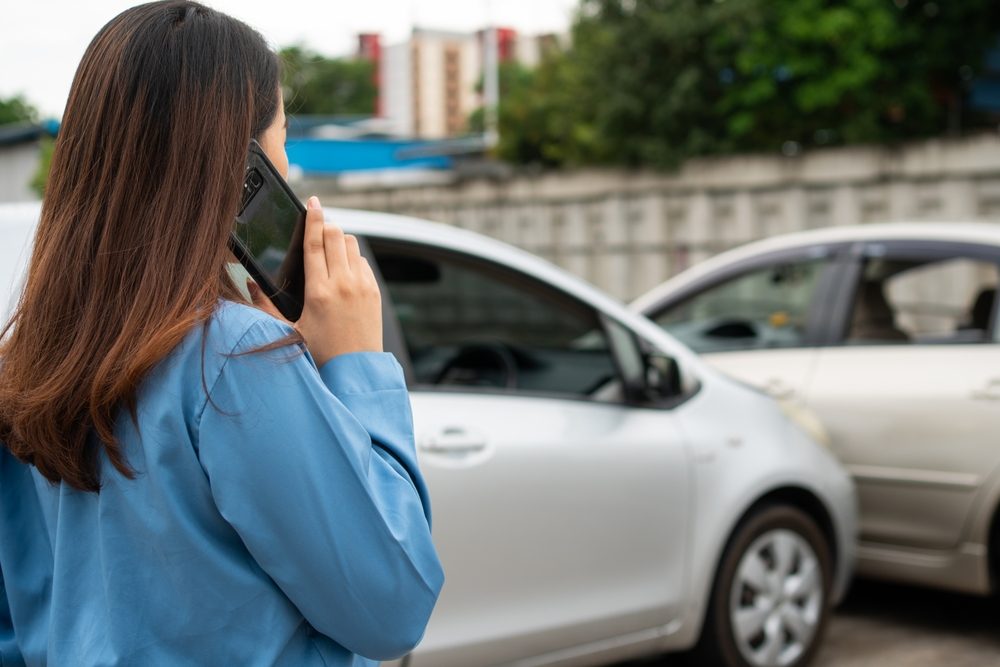
Can I File a Claim as a Passenger in a Rideshare Accident?
A rideshare collision surprises passengers because it happens in a place where comfort normally feels automatic. People often ask whether they can file a claim as a passenger in a…
-

Are Punitive Damages Available in My Elder Abuse Case?
When someone you love has been mistreated in a nursing home, assisted living facility, or by an in-home caregiver, the aftermath can feel overwhelming. One of the most common questions…
-

Which Agencies Oversee My Elder Abuse Complaint?
If you live in Los Angeles or your loved one receives care here, it can feel confusing to figure out where to report elder abuse, who investigates, and what happens…
-

Can I Sue for Bedsores in My Elder Neglect Claim?
When a loved one develops pressure ulcers in a nursing home or assisted living facility, it’s natural to feel frustrated. You may be asking, “Can I sue for bedsores in…
-
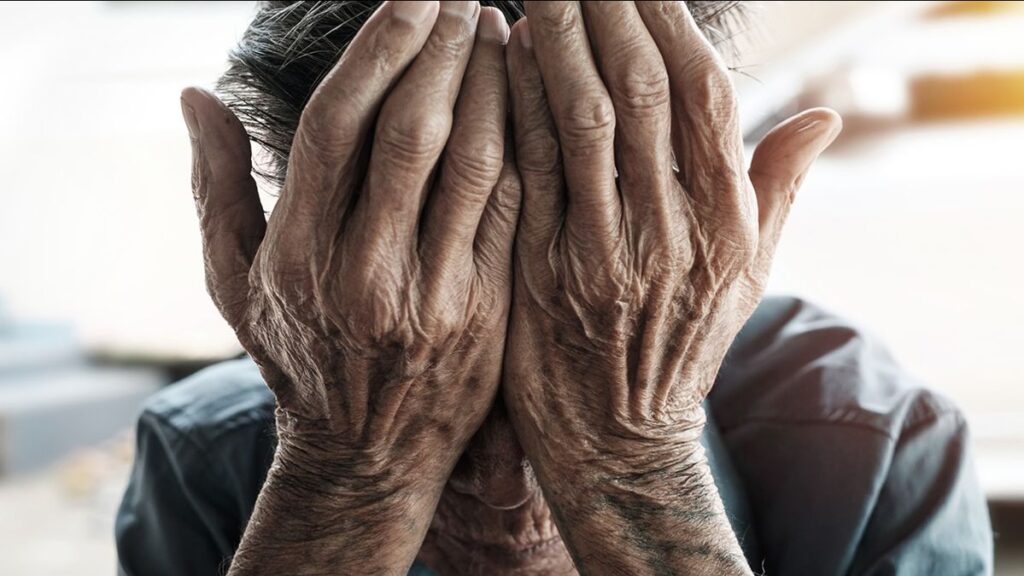
What Counts as Elder Abuse?
If you’re worried about a parent, grandparent, or another loved one in Los Angeles, you may be asking, “What counts as elder abuse?” Many actions are considered elder abuse by…
-
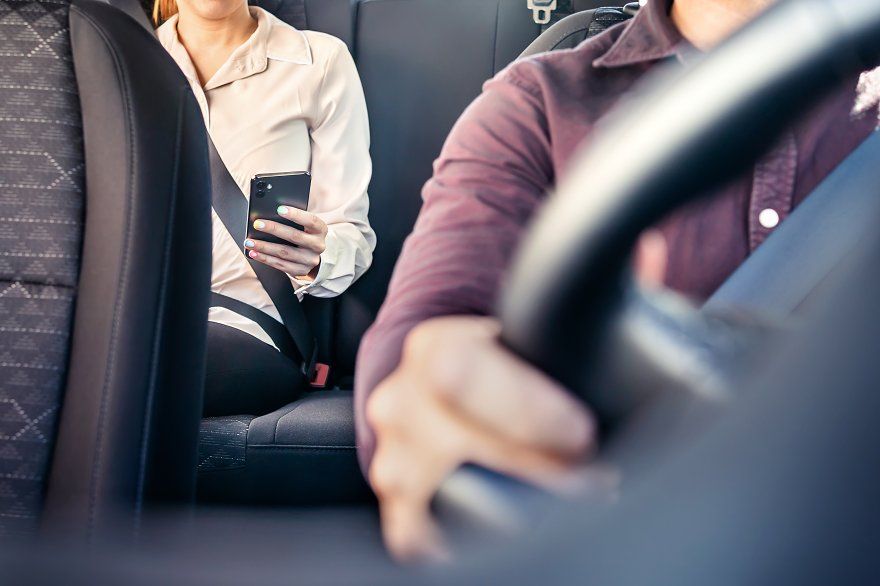
Can I Sue the Platform After My Lyft Crash?
If you were hurt in a rideshare collision in Los Angeles, you may be wondering, “Can I sue the platform after my Lyft crash?” Usually, you wouldn’t sue the company…
-
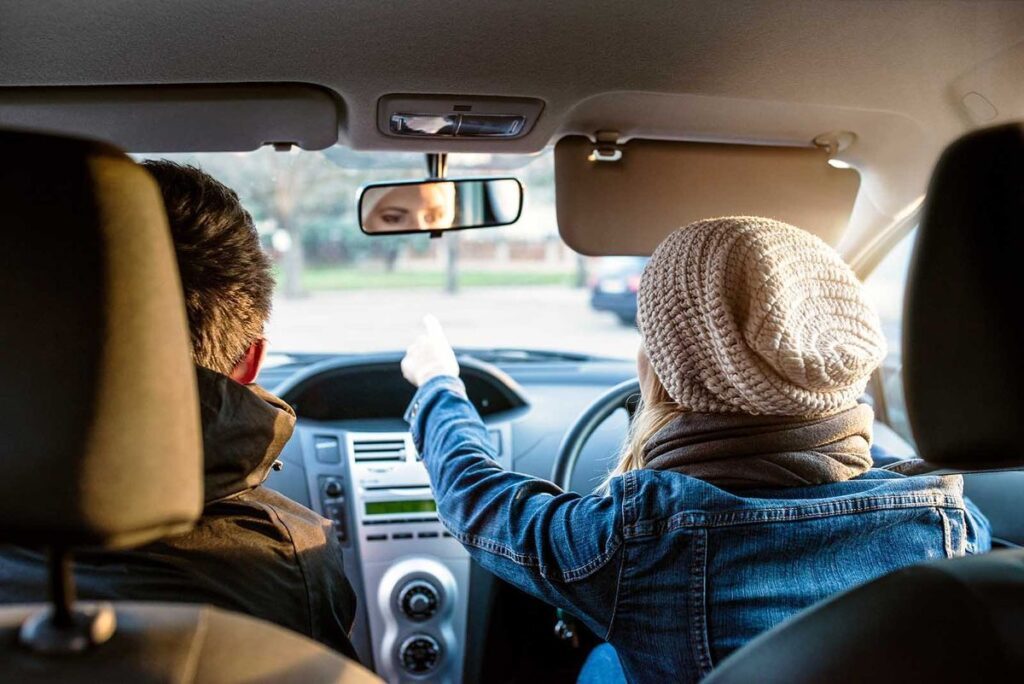
Can I Seek Punitive Damages in My Rideshare Accident Claim?
If you were injured in a rideshare accident, you may be wondering whether you can seek punitive damages in your rideshare accident claim. You can pursue punitive damages, but only…
-
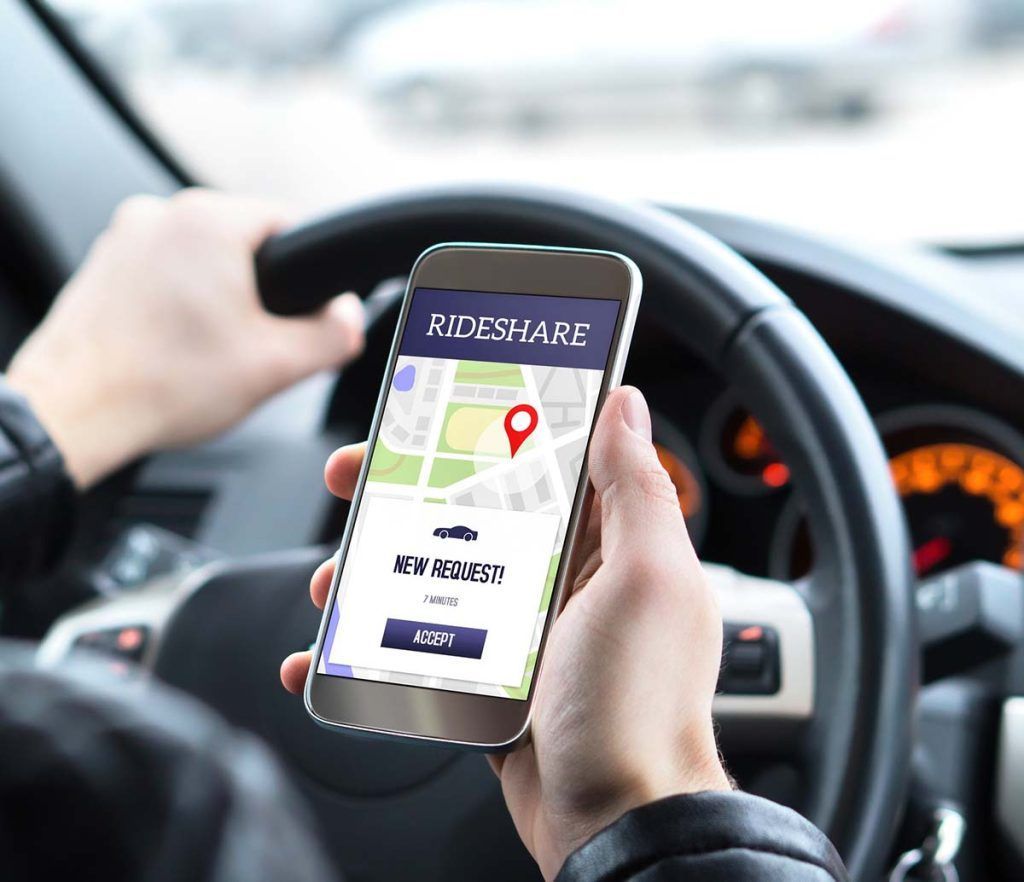
How Do Witness Statements Help My Rideshare Claim?
If you were injured in a rideshare accident, it’s important to understand how witness statements help a rideshare claim. These statements can support your side of the story, which could…
-

How Do I File a Claim if a Lyft Driver Hit Me in My Car Crash?
If you were injured by a negligent Lyft driver, you may be wondering how to file a claim if a Lyft driver hits you in a car crash. To file…
-
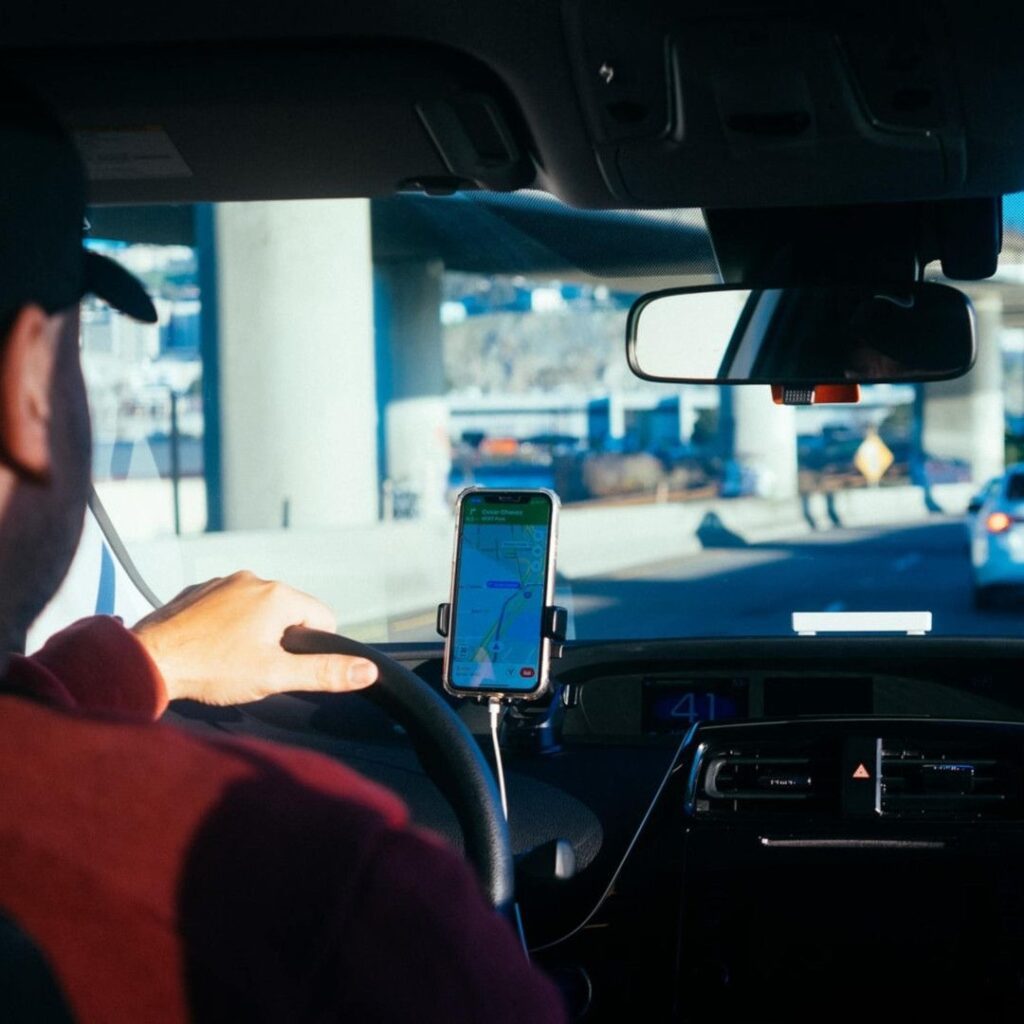
Are Contractor Labels a Defense in My Rideshare Case?
Rideshare companies love to lean on the “independent contractor” label to avoid being held responsible for accidents. They use it in insurance disputes, lawsuits, and even in how they argue…
-
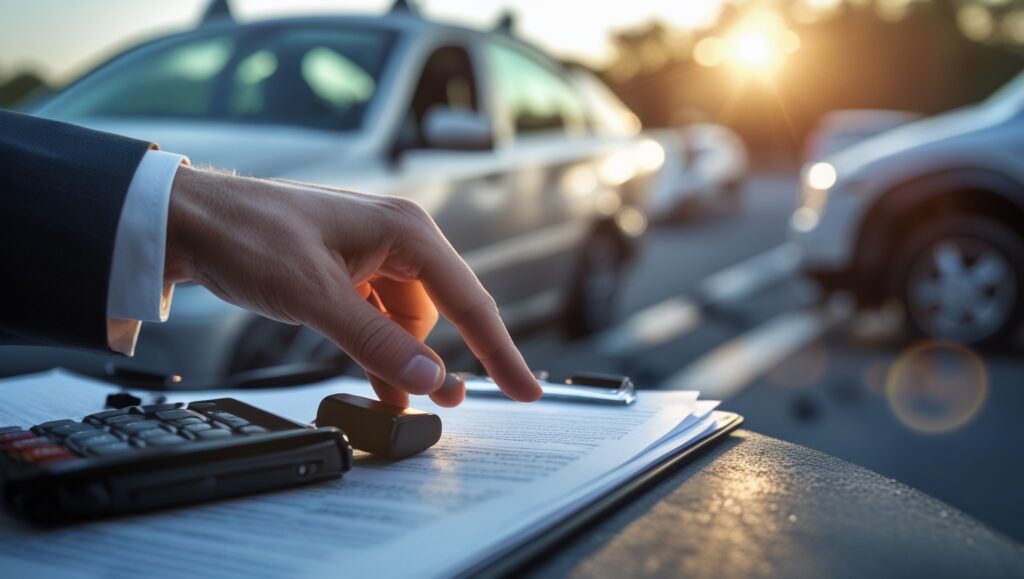
How Do Periods 1, 2, and 3 Affect Rideshare Insurance Coverage?
A rideshare crash interrupts your day in a way that leaves you scrambling for answers. You start asking how periods 1, 2, and 3 affect rideshare insurance coverage and how much…
-

How Do I Preserve Evidence for My Truck Accident Claim?
A collision with a commercial truck shocks your system and throws the rest of your day off balance. People often wonder how to preserve evidence for my truck accident claim,…
-

What Deadlines Apply to My Truck Accident Lawsuit?
If you were hit by a commercial truck in Los Angeles, you may be wondering what deadlines apply to your truck accident lawsuit. You are dealing with medical bills, time…
-
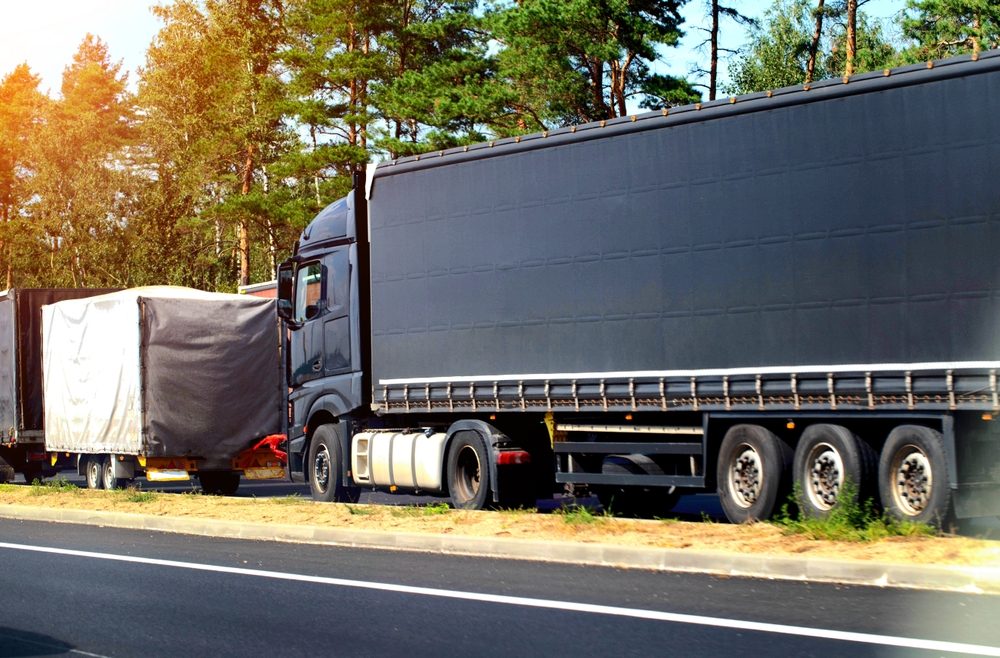
How Do FMCSA Rules Help My Truck Accident Claim?
If you were injured in a truck accident, you may be wondering how FMCSA rules may help your truck accident claim. These safety regulations, which are enforced by the Federal…
-
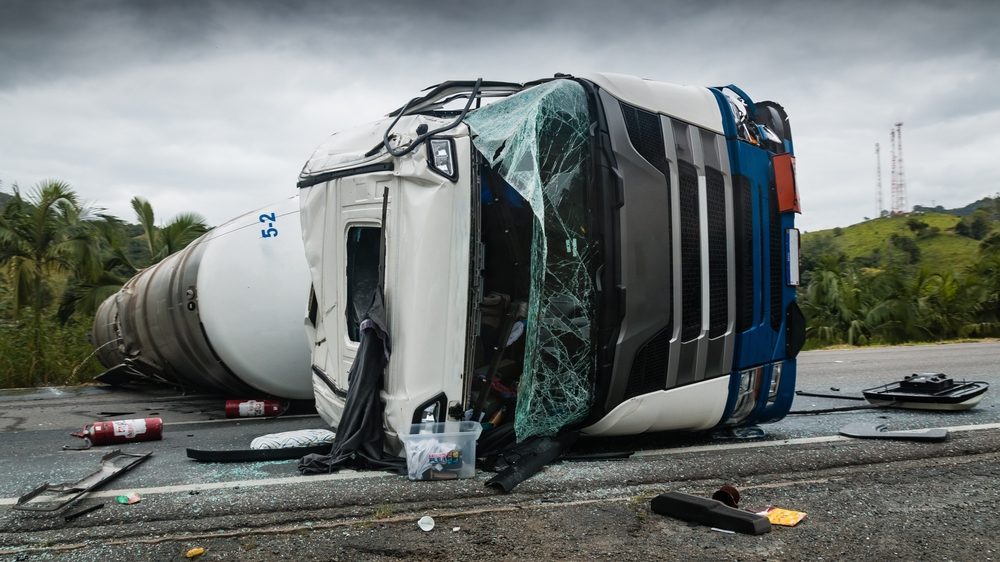
How Can I Get Black Box Data for My Oakland Truck Crash?
If you were hit by a commercial truck in Oakland, the truck’s “black box” (usually the electronic control module, EDR, or ELD) can provide data that’s key to proving liability.…
-

How Are Jackknife Crashes Handled in a Truck Accident Case?
Truck accidents can be devastating, especially when a jackknife crash is involved. These types of collisions, which often involve multiple vehicles, can cause pile-ups and severe injuries. If you were…
-

Can I Sue a Broker or Shipper in My Truck Accident Case?
A truck accident can leave you facing severe injuries, mounting medical bills, and weeks or even months off work. If this describes your situation, you may be wondering whether you…
-

What Evidence from the Truck ELD Supports My Accident Case?
When a truck accident happens, one of the most powerful sources of evidence comes from the truck’s electronic logging device, or ELD. These federally required devices automatically record critical data…
-
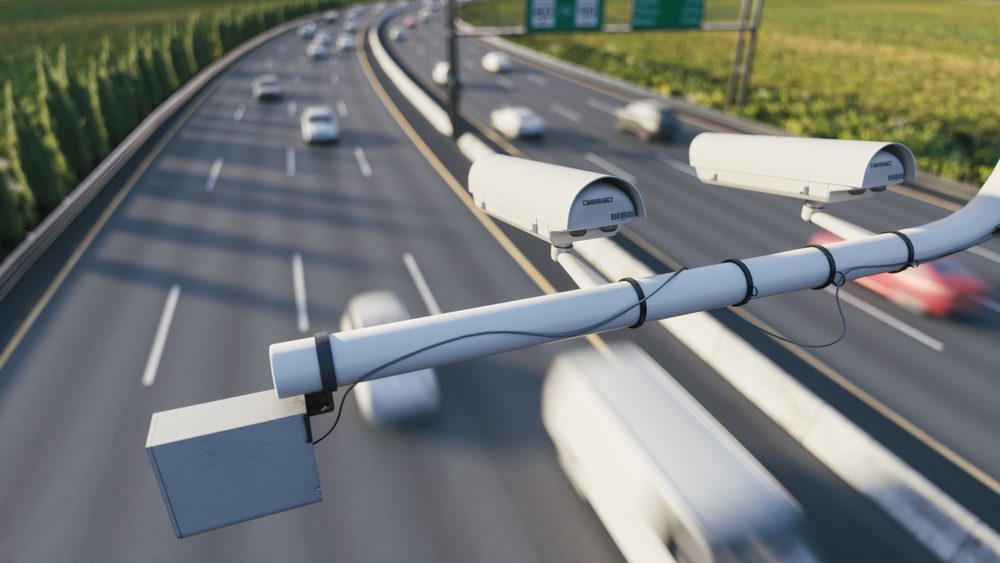
How Do I Get Traffic Camera Footage for My Santa Rosa Crash?
To obtain traffic camera footage for your Santa Rosa crash, you will need to submit a request form to the relevant government agency, providing details about the incident, including the…
-
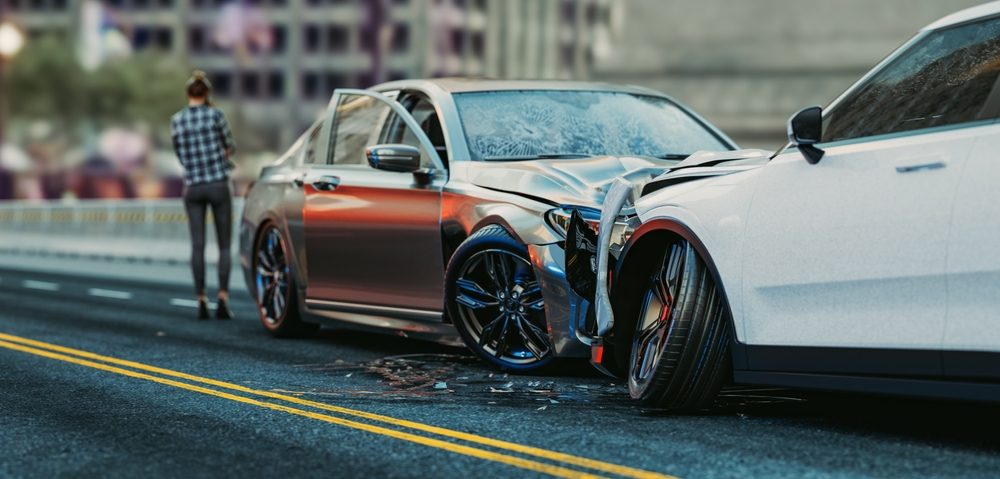
What Is Med-Pay and How Does It Apply to My Car Crash?
We understand that you likely have questions about what Med-Pay is and how it applies to your car crash. Med-Pay is a coverage that helps pay medical costs, regardless of…
-
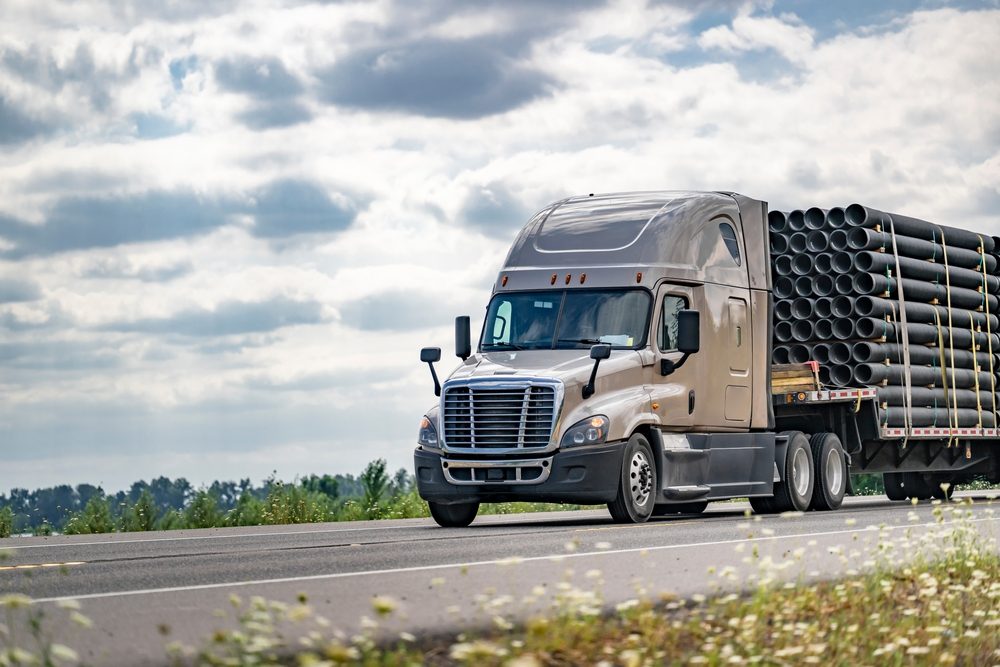
What If an Overloaded Truck Caused My Accident?
One factor that can play a critical role in truck crashes is an overloaded truck. When a truck carries more weight than legally allowed, it can significantly affect its handling,…
-

What Is Spoliation and How Do I Prevent It in My Truck Accident Case?
When evidence disappears or is destroyed after a crash, it can make proving what really happened much harder. This is especially true in truck accident cases, where companies hold key…
-
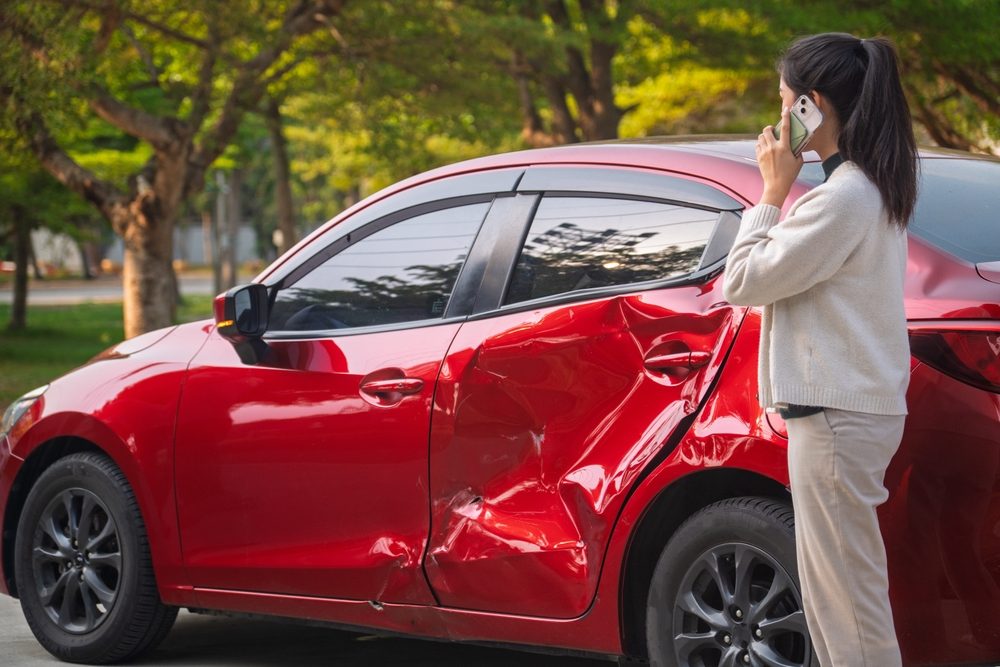
What if the Other Driver Fled the Scene in a Hit-and-Run?
If the other driver fled the scene in a hit-and-run, immediately call 911, gather any information about the fleeing vehicle, and file a police report—then contact your insurance company. You…
-
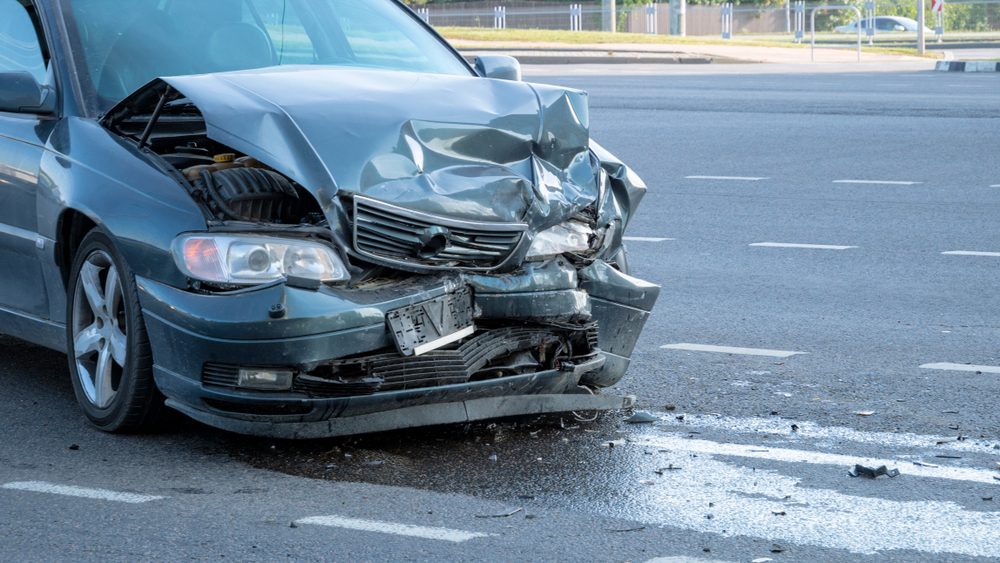
How Do I Handle a Totaled Vehicle in My Car Crash?
To handle a totaled vehicle in your car crash, notify your insurance company immediately, get an independent appraisal, and understand California's total loss thresholds before settling. You're entitled to the…
-
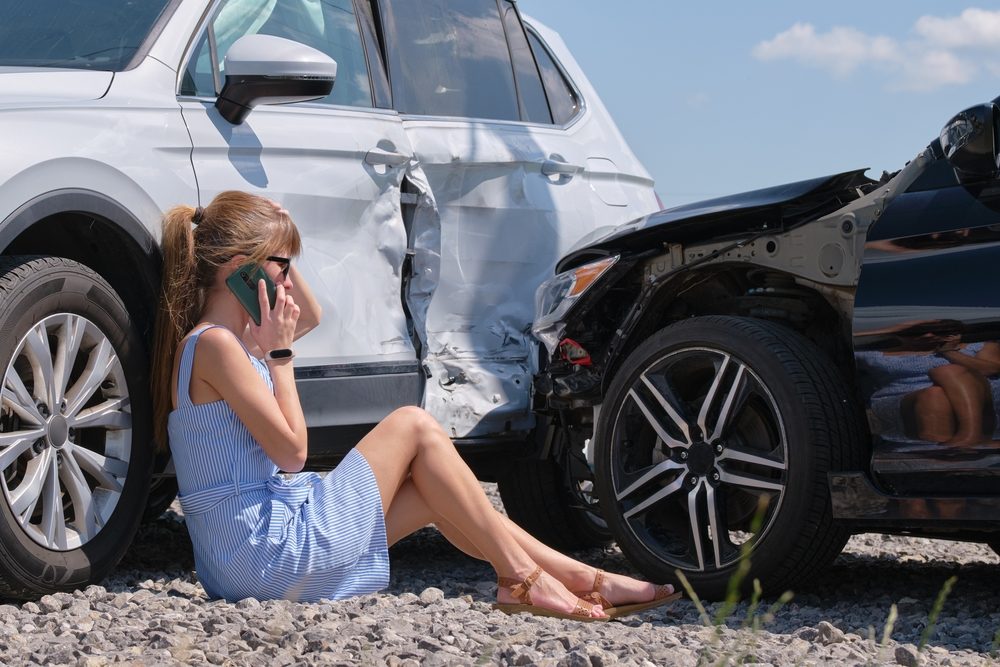
What Steps Should I Take After a Car Accident?
After a car accident, the first steps you should take are to prioritize safety by moving to a safe location, checking for injuries, and calling 911. Then, exchange information with…
-
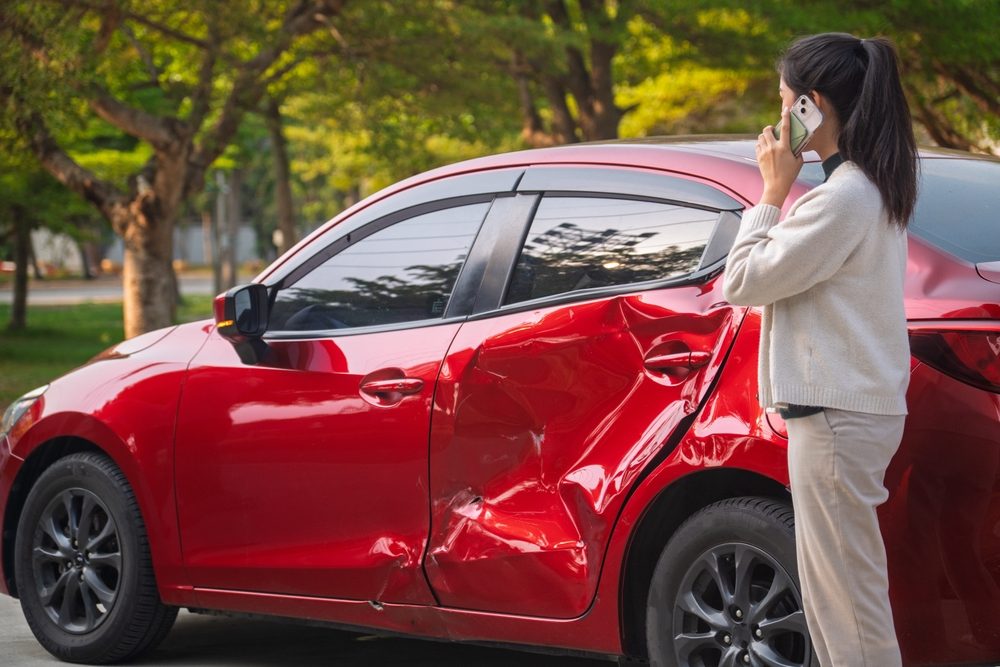
What if the Other Driver Was Working During My Car Crash?
If the other driver was working during your car crash, their employer may be liable for your damages. This often means access to larger insurance policies and greater compensation potential.…
-

How Do I Prove Pain and Suffering in My Car Accident Case?
You prove pain and suffering in car accident cases through medical records, doctor testimony, personal journals, witness statements, and evidence showing how injuries affect your daily life. These non-economic damages…
-
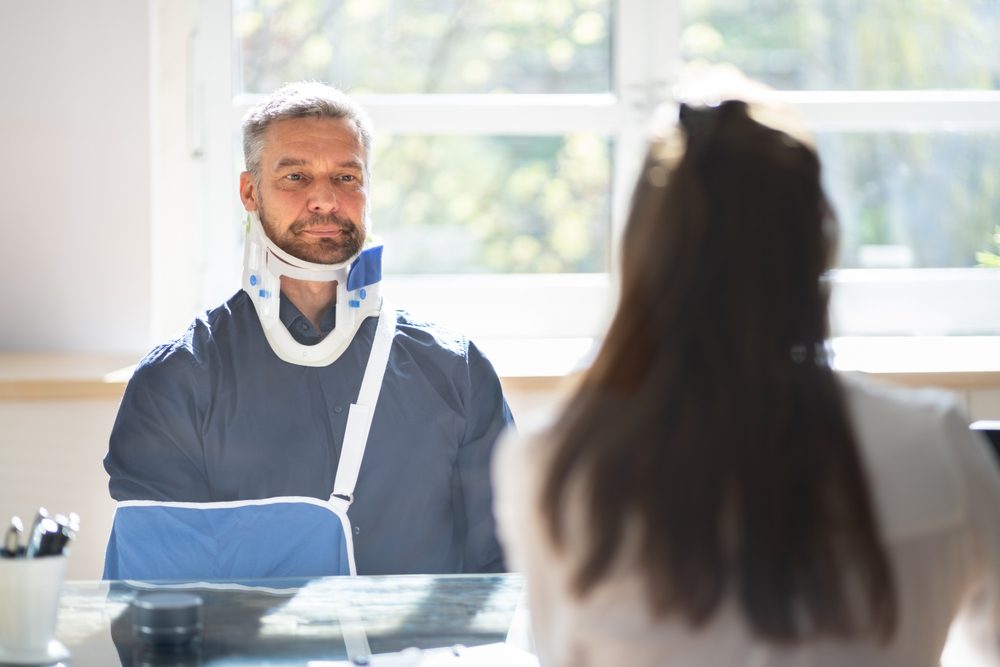
How Do I Start a Personal Injury Claim?
To start a personal injury claim, seek medical treatment immediately, document everything about the accident, and contact an attorney who has experience with your type of claim. Many accident victims…
-
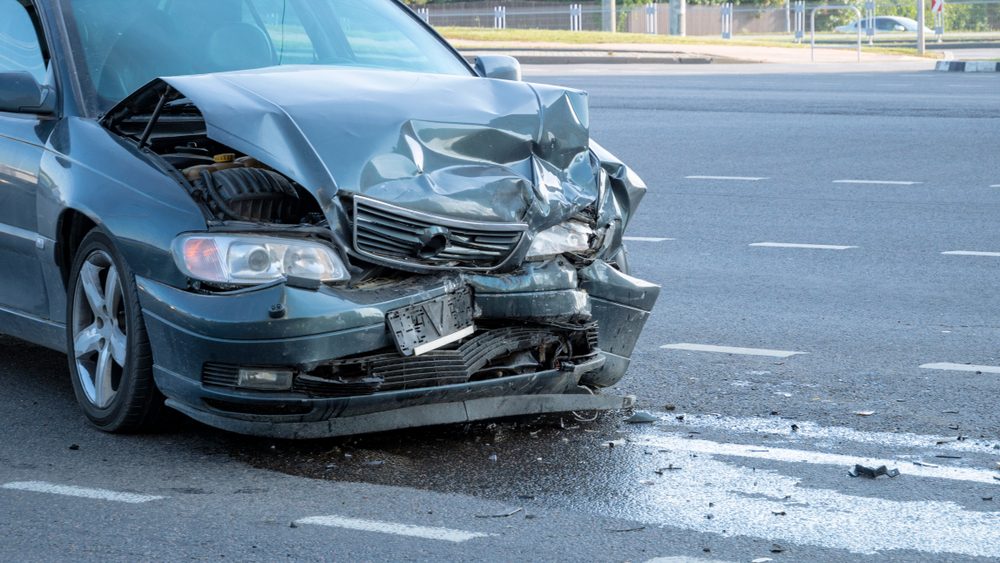
Can I Recover Lost Wages After My Car Wreck?
Yes, California law allows injured victims to recover lost wages after a car wreck. This includes both past wages you've already missed and future earnings you won't be able to…
-
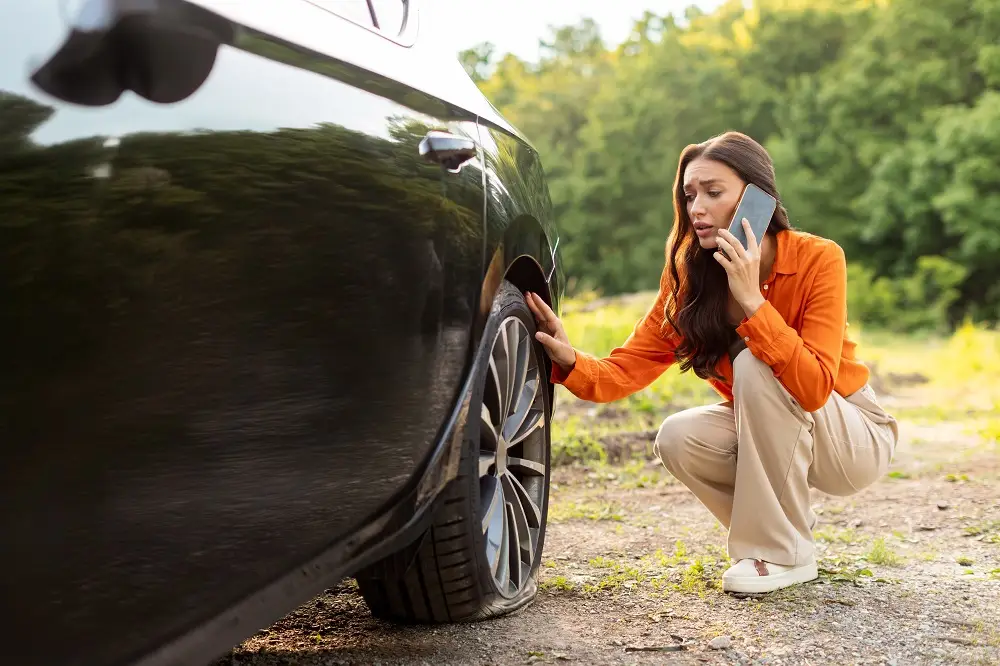
Is Diminished Value Recoverable in My Car Accident Case?
Diminished value is generally recoverable in your car accident case in California, provided you are pursuing a claim against the at-fault driver's insurance company. At J&Y Law, our Los Angeles…
-
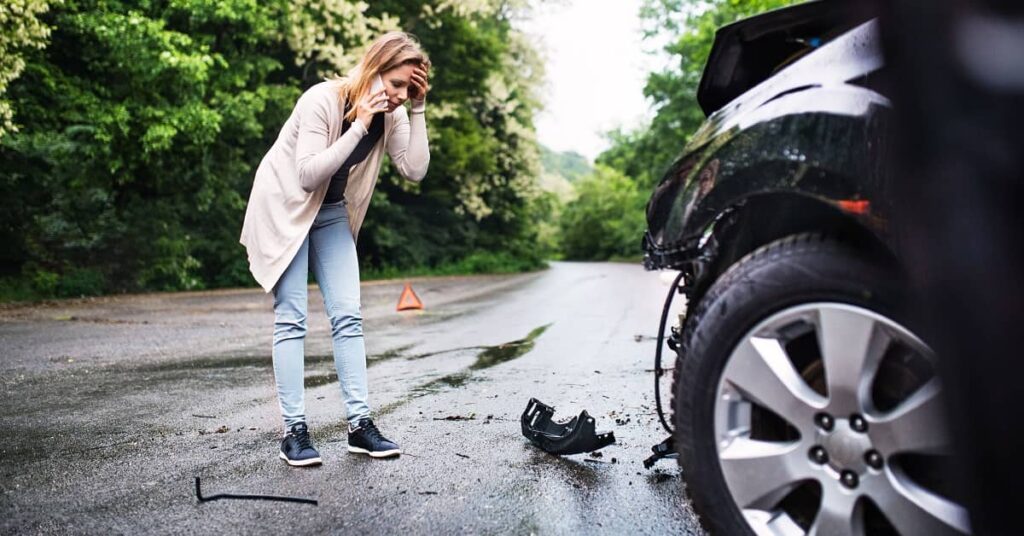
Should I Call the Police After a Fender-Bender?
Yes, you should call the police after a fender-bender, even if the damage seems minor. A police report provides official documentation of the accident, which protects you if injuries or…
-
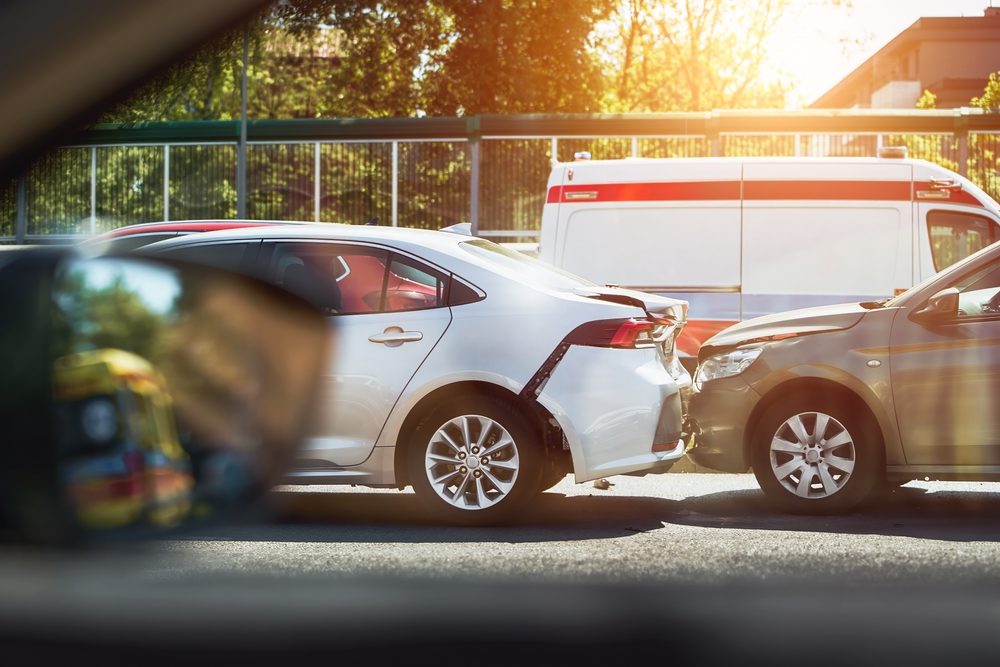
Who Is Liable in a Rear-End Car Crash?
Rear-end collisions are among the most common car accidents in California. Liability in a rear-end car crash usually points to the trailing driver, but exceptions exist. California's comparative negligence system…
-
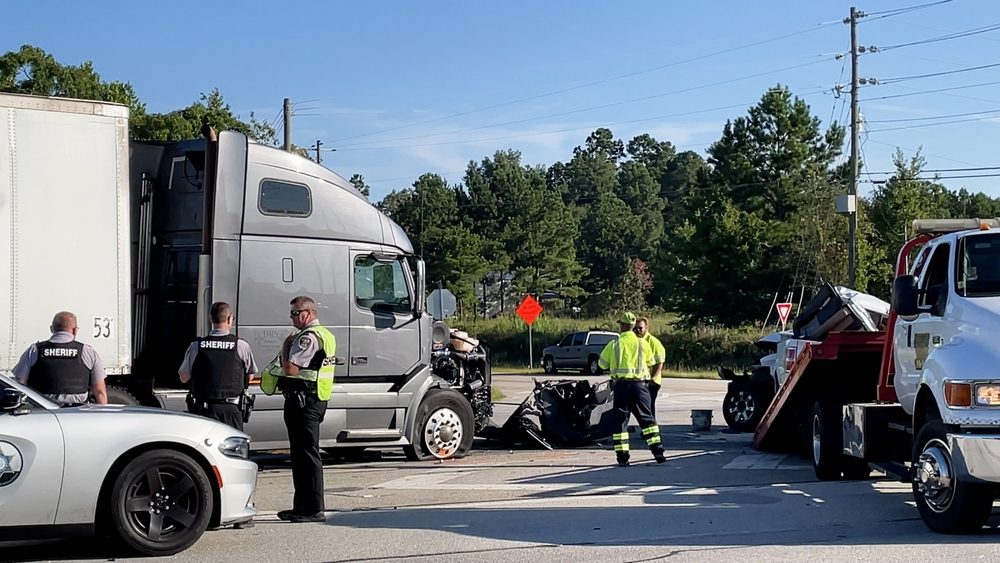
Who Is Liable in My Semi-Truck Accident?
You're likely wondering who's liable in your semi-truck accident. You'll need to evaluate multiple parties, including the driver and truck owner. Their insurance company may also be involved. At J&Y…
-
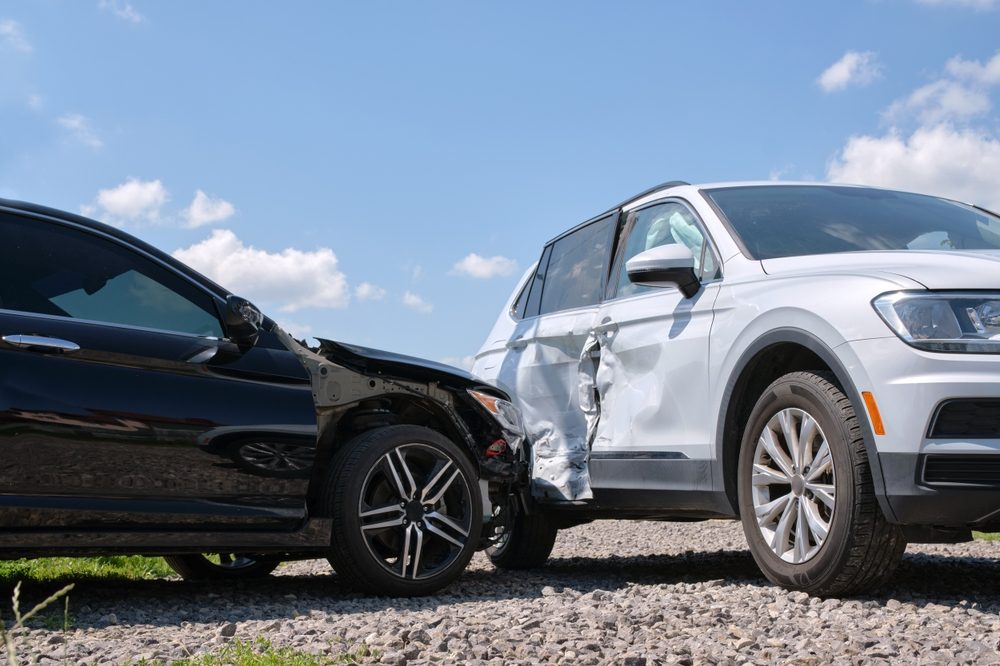
What if a Government Vehicle Hit Me in My Car Crash?
You're involved in a car crash with a government vehicle, and it's essential to act quickly. You'll need to gather evidence and documentation to support your claim. At J&Y Law,…
-
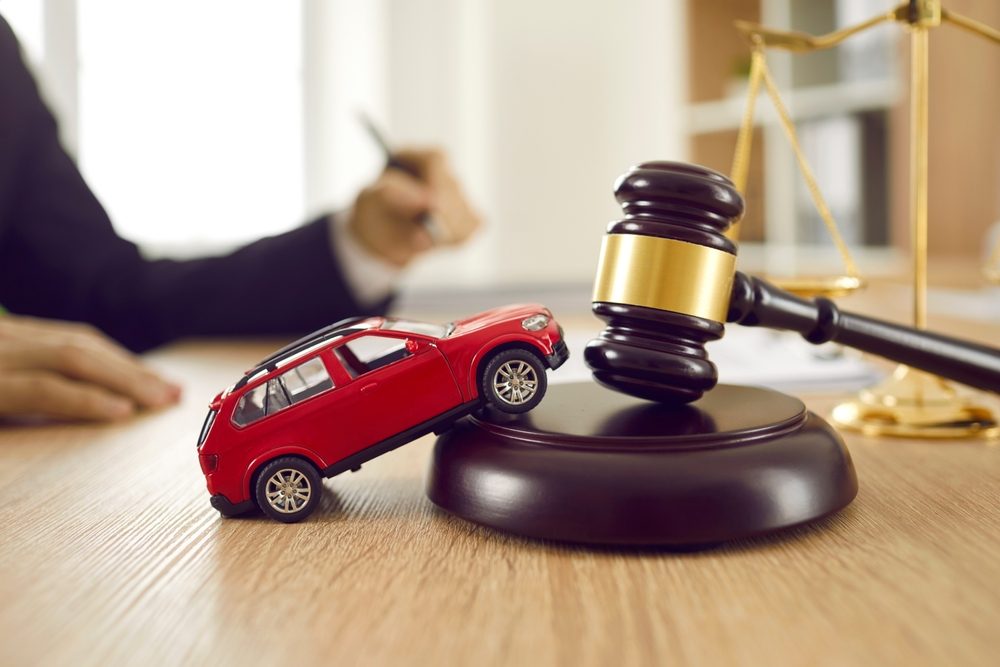
How Do Multi-Car Pileups Affect My Car Accident Claim?
You're likely to face issues when dealing with multi-car pileups. Your claim's outcome depends on determining liability among multiple drivers. You'll need to gather evidence, assess each party's actions, and…
-
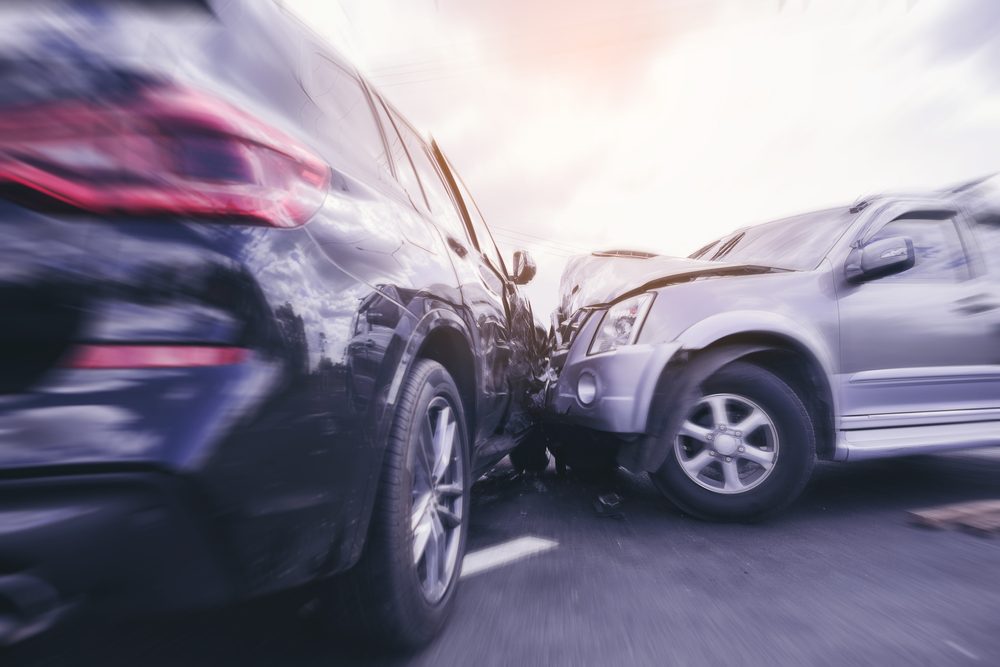
Can I Sue for Airbag Injuries in My Car Accident?
You're likely wondering if you can sue for airbag injuries from your car accident. The answer is likely yes, granted that someone else’s negligence led to your injuries. At J&Y…
-

How Do Hours-of-Service Violations Affect My Truck Accident Case?
Commercial truck drivers are required to follow certain federal rules. If you were injured in a truck accident, you may be wondering how hours-of-service violations affect your truck accident case.…
-

What Is The Role Of Expert Witnesses In Wrongful Death Cases?
As you work through the details of a wrongful death lawsuit, you'll likely encounter expert testimony. Expert witnesses bring focused knowledge to the table, helping to establish the standard of…
-

Can I File A Wrongful Death Claim If The Deceased Had No Will?
Losing someone you love unexpectedly is devastating enough without the added confusion of legal matters. When a family member dies without a will in Los Angeles or elsewhere in California,…
-

What Role Does Life Expectancy Play in Wrongful Death Compensation?
When seeking compensation for a wrongful death, you encounter the concept of life expectancy, which plays an important role in calculating both economic and non-economic damages. Fundamentally, it serves as…
-

How are Funeral Expenses Handled in a Wrongful Death Claim?
When you're grieving the sudden loss of a loved one in Los Angeles or elsewhere in California, dealing with funeral costs adds financial stress to emotional pain. The unexpected expenses…
-

How Does California Law Define Heirs In Wrongful Death Cases?
Losing a loved one due to someone else's negligence creates not only emotional pain but also questions about who has the legal right to seek justice and who stands to…
-

Can I Pursue a Claim If I Was Injured While Working?
If you've been injured on the job, you're likely wondering if you can pursue a claim. The answer depends on specific circumstances. You’ll have to prove that someone was liable…
-

How are Damages Calculated in a Slip and Fall Case?
Understanding how compensation works is important when dealing with injuries from slipping and falling in a Los Angeles store or restaurant. As medical bills pile up and missed work days…
-

What if Family Members Disagree About Filing a Wrongful Death Claim?
When a loved one's passing is attributed to someone else's negligence, disagreements among family members about filing a wrongful death claim are not uncommon. We understand that this can be…
-

Can I File a Wrongful Death Claim for an Unborn Child in California?
In California, you cannot file a wrongful death claim for an unborn child. An unborn child isn’t considered legally a person in this state. This has been upheld several times…
-
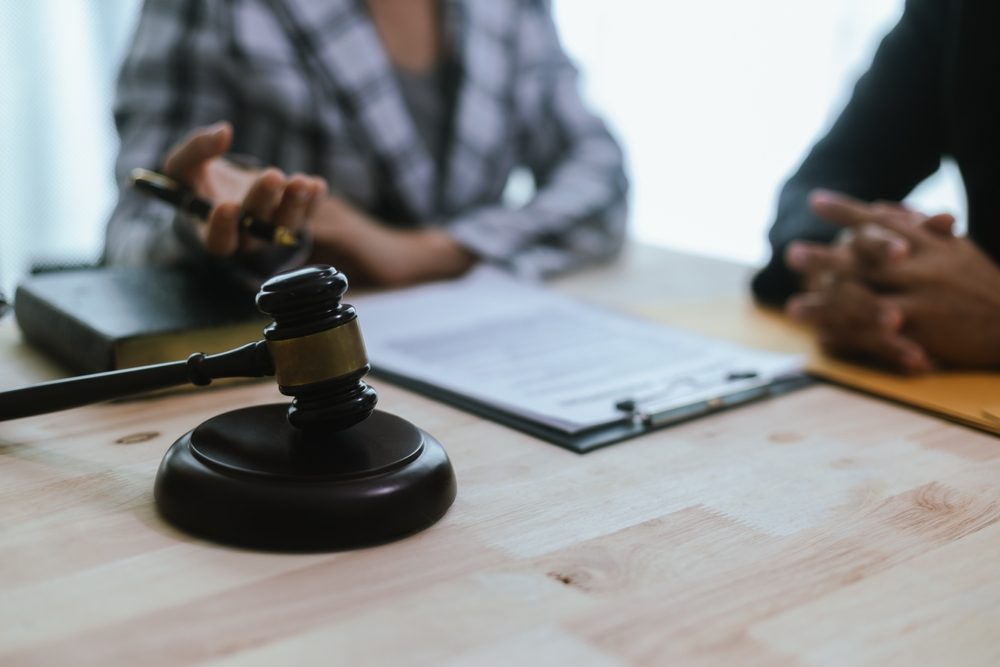
What Evidence Is Needed to Prove Negligence in a Slip and Fall Case?
When pursuing a slip and fall case, you must gather evidence that proves the property owner's negligence. It's important to demonstrate that the accident occurred as a direct result of…
-
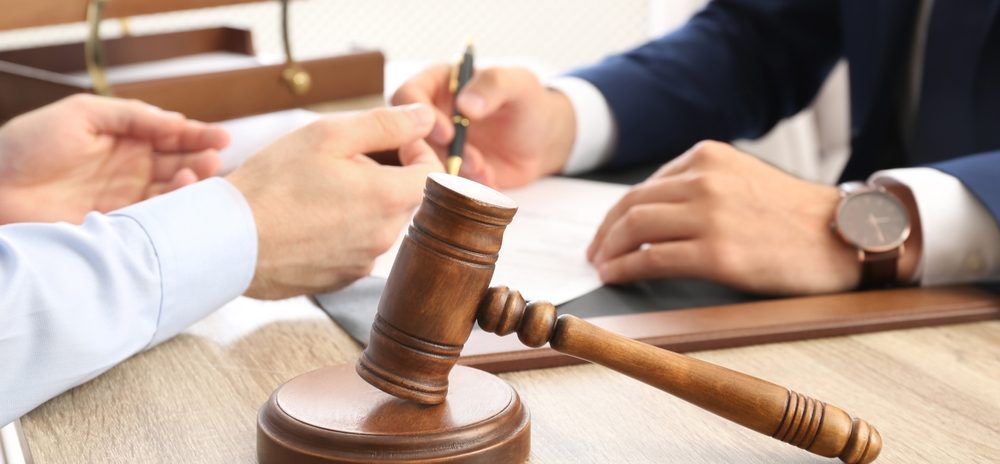
Can I Appeal if My Slip and Fall Claim Is Denied?
Receiving a denial letter for your slip and fall claim can feel like hitting a wall when you're already struggling with injuries and medical bills. If you’re reading this, you're…
-
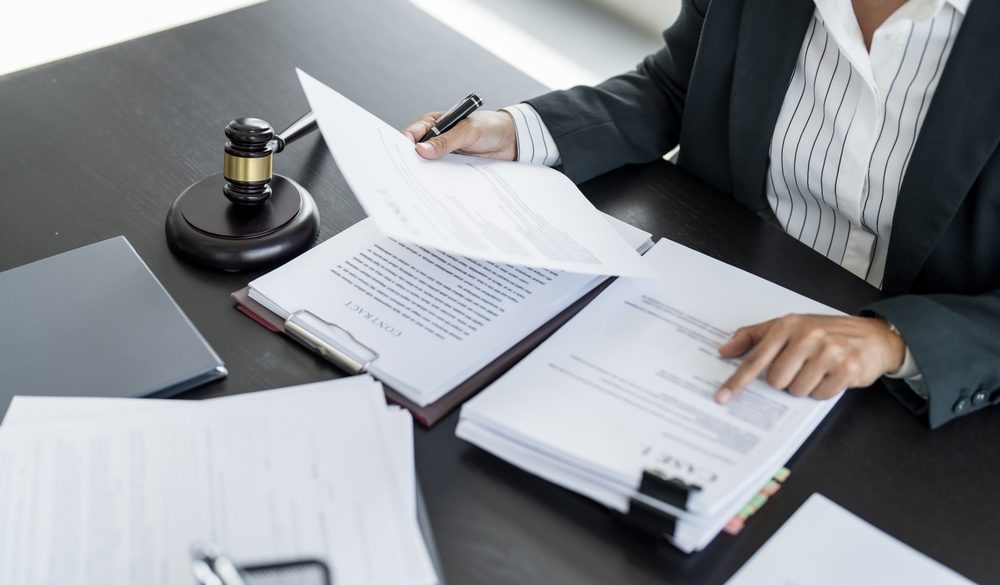
How Do Medical Records Affect My Slip and Fall Claim?
After slipping and falling in a Los Angeles grocery store, your immediate focus is likely on recovery and compensation. Your medical records will play a large part in how your…
-

Could a Security Camera Help My Slip-and-Fall Claim?
You've experienced a painful slip-and-fall accident that left you injured, facing medical bills, and possibly unable to work. As you consider your legal options, you might wonder if security camera…
-
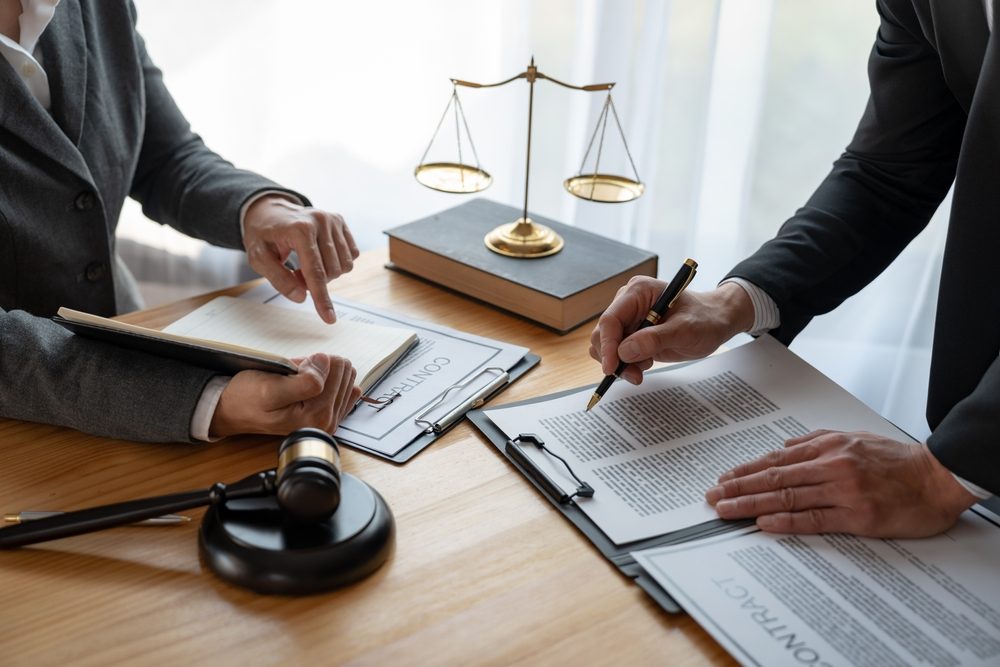
What Role Do Witnesses Play in a Slip and Fall Case?
As you handle a slip and fall claim, you'll understand that witness testimonies are important in establishing the facts. Witnesses provide an unbiased account of the events leading up to…
-
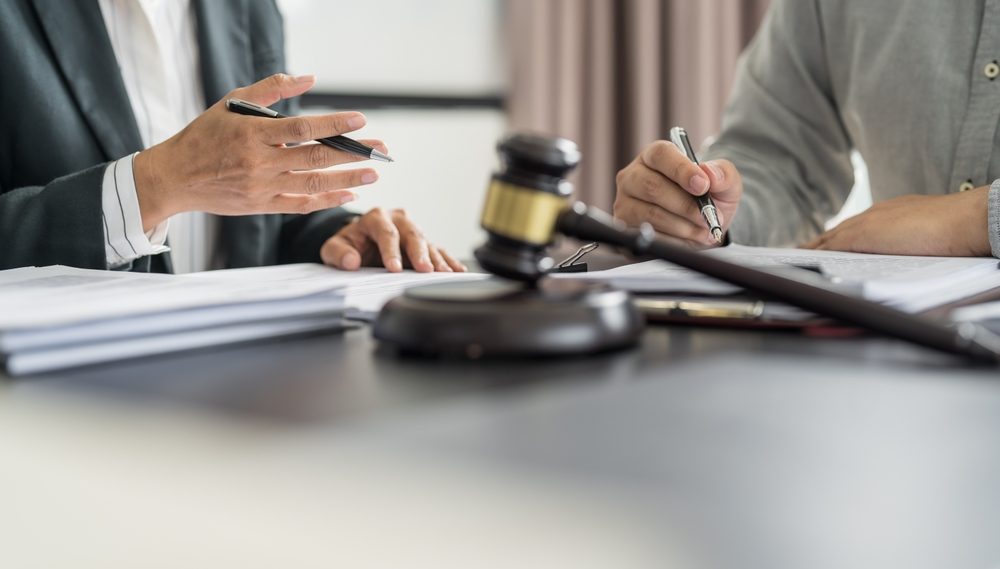
How Do Weather Conditions Affect My Slip-and-Fall Claim?
Walking into a store on a rainy day in Los Angeles only to slip on the wet entrance floor can turn your routine shopping trip into a painful ordeal. When…
-

Can I Sue a Business for a Slip-and-Fall Accident?
Suddenly finding yourself on the ground after slipping in a store or restaurant is not just physically painful—it can be emotionally distressing and financially burdensome too. Can you sue a…
-

What Should I Say to the Property Owner After My Fall?
When engaging with the property owner following your fall, you should prioritize clarity that safeguards your rights. You aim to discuss the circumstances that led to your fall, avoiding blame.…
-
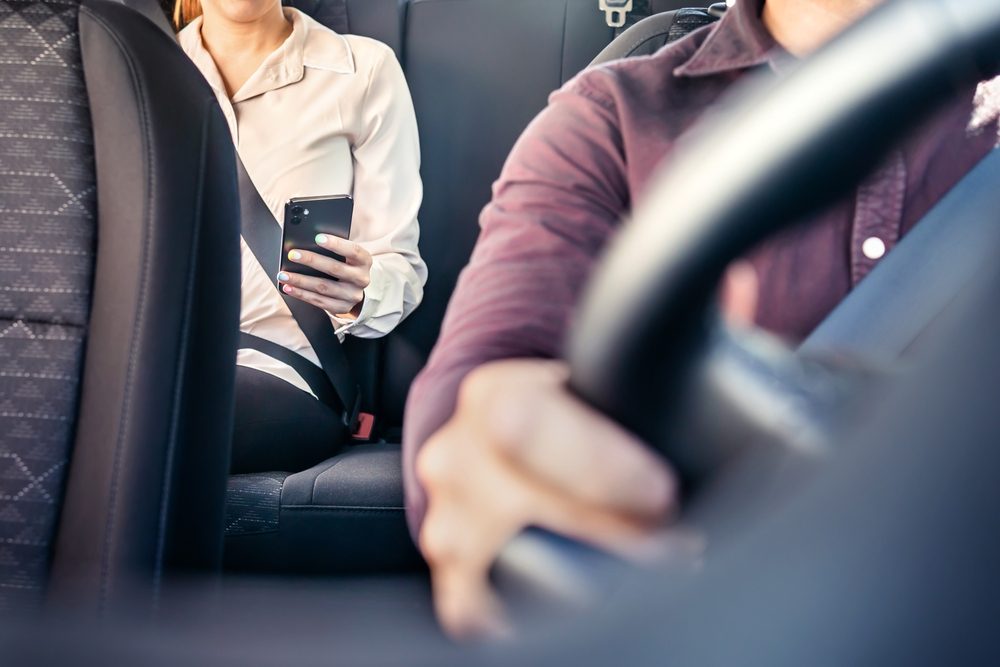
How Do I Prove the Rideshare Driver Was Neglige
If you've been involved in an accident with a rideshare driver, it's important to determine whether their negligence was the cause. To build a strong case, we recommend gathering thorough…
-

What if the Rideshare Driver Was Distracted or Fatigued?
Using a rideshare service should provide safe transportation to your destination. Unfortunately, some rideshare drivers operate vehicles while distracted or fatigued, creating dangerous conditions that can lead to accidents. If…
-

How Does Underinsured Motorist Coverage Apply in Rideshare Accidents?
When you’re involved in a rideshare accident, understanding underinsured motorist coverage is valuable. If you've been injured in a rideshare accident and the at-fault driver lacks sufficient insurance, you may…
-

Can I Seek Punitive Damages in a Rideshare Accident Claim?
If you've been injured in a rideshare accident, you're likely wondering what kind of compensation you can seek. Beyond medical expenses and lost wages, you may be eligible for punitive…
-

How Can a Lawyer Help with My Slip and Fall Case?
A skilled personal injury lawyer helps with your slip-and-fall case by investigating the incident, gathering evidence, determining liability, handling insurance communications, and fighting for maximum compensation on your behalf. Using…
-

How Do I Document Evidence for My Slip and Fall Claim?
When documenting evidence for your slip and fall claim, it is essential to start as soon as possible. Early documentation, even at the scene, will give your lawyer and the…
-

Can I Claim Compensation for Lost Wages After a Rideshare Accident?
If you've been involved in a rideshare accident, you're likely wondering if you can recoup lost wages due to missed workdays. The answer is possibly yes. We understand that this…
-
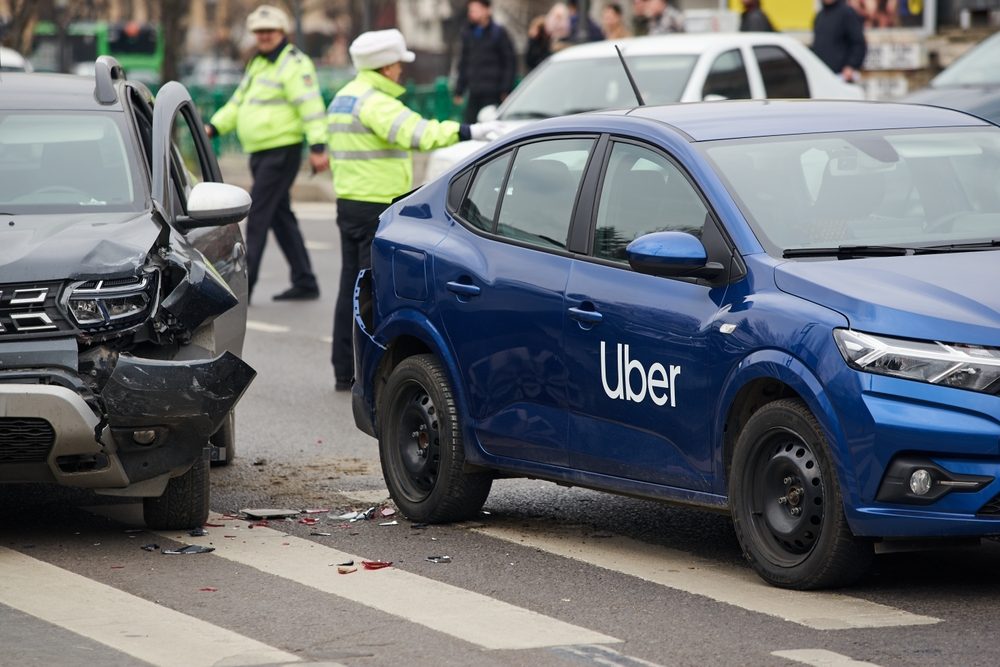
What if I Was Injured in an Accident While Driving for Uber or Lyft?
If you’re a rideshare driver, understanding the coverage available to you and the proper steps to take after an accident can significantly impact your recovery options in California. You do…
-
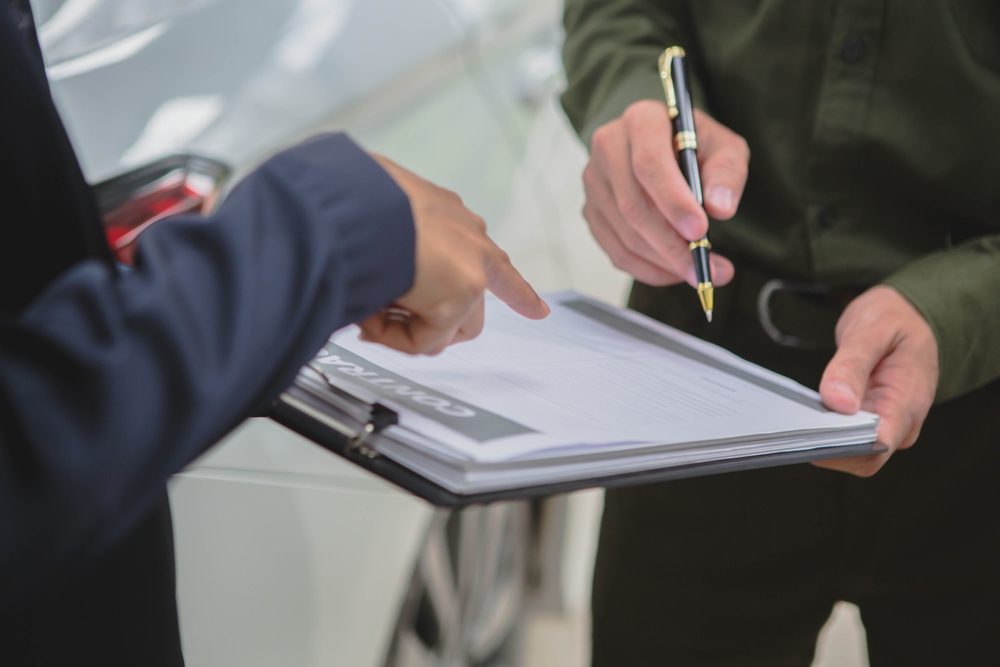
How Are Rideshare Accident Claims Different from Regular Claims?
When you're involved in a rideshare accident, it's important to understand that the claims process differs significantly from a regular car accident. Multiple parties are typically involved, including the driver,…
-
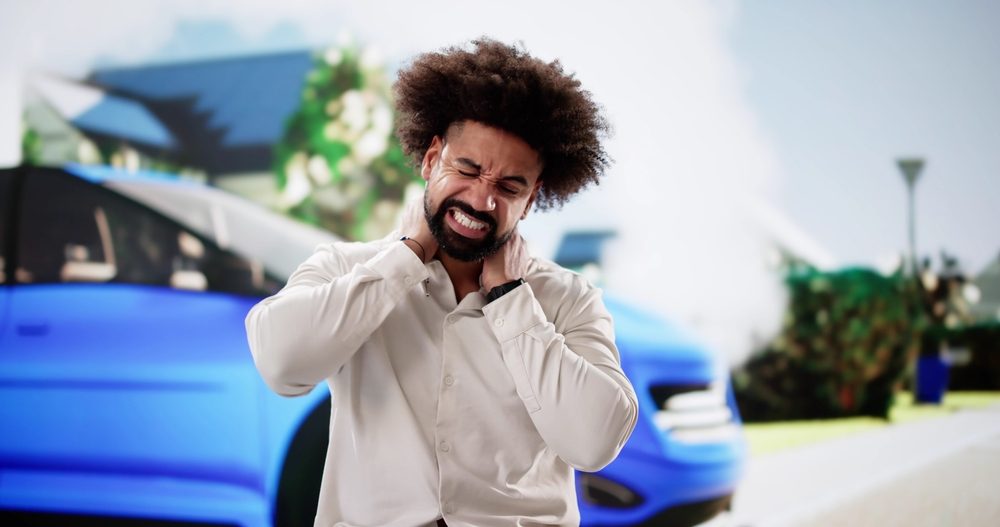
What Happens if the Rideshare Driver Doesn’t Have Personal Insurance?
After being involved in an accident with a rideshare driver, you might discover they don't have personal auto insurance despite California law requiring it. This situation creates additional complications for…
-
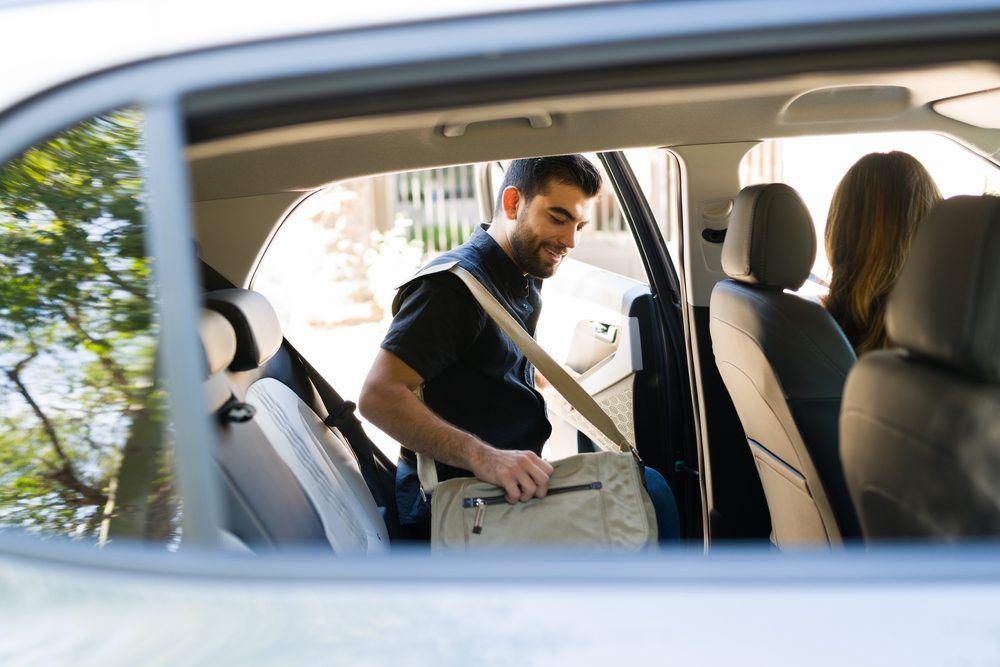
Can I File a Claim if I Was a Passenger in a Shared Ride?
As a passenger in a shared ride, you're likely wondering what happens if you're involved in an accident. We understand that you may be entitled to compensation for injuries and…
-
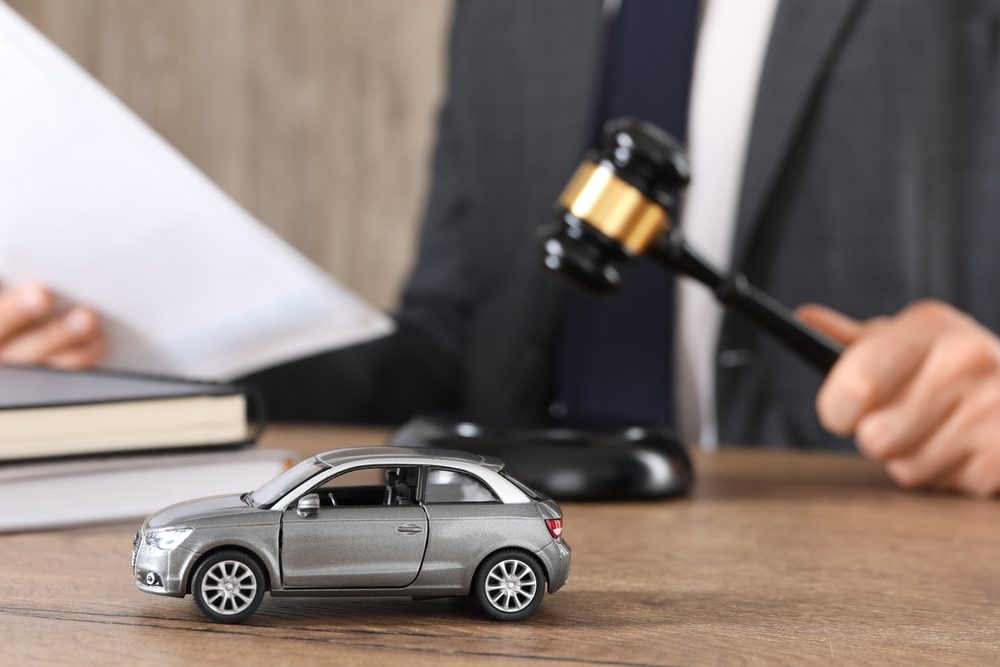
What if the Rideshare Driver Was Off-Duty During the Accident?
Being involved in an accident with an off-duty rideshare driver is usually straightforward. If they were not logged into the app, then the accident is treated like any other accident.…
-
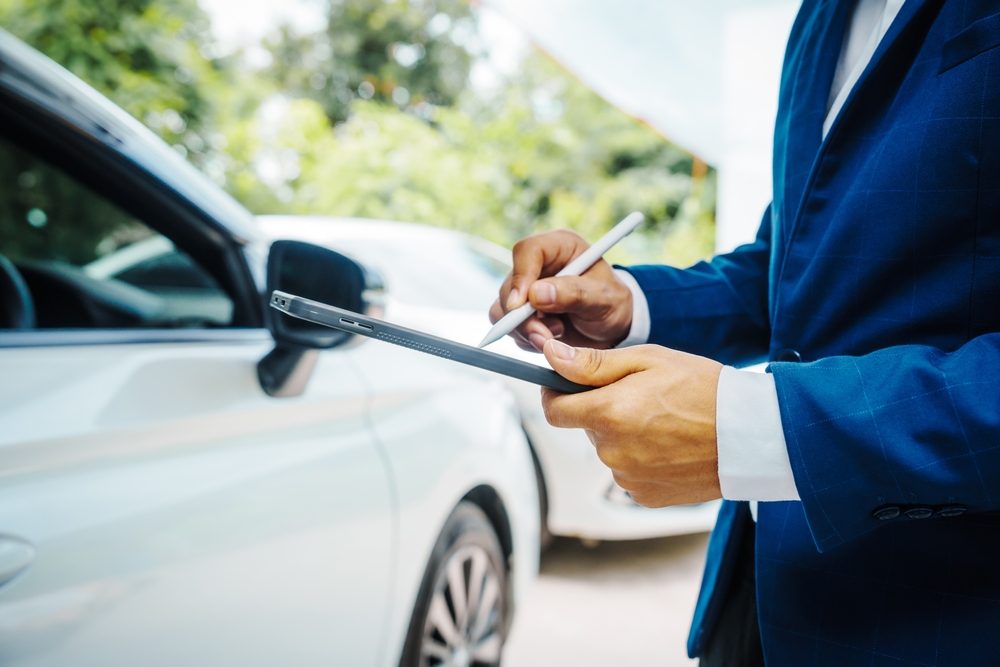
How Can a Lawyer Help with My Rideshare Accident Claim?
If you've been involved in a rideshare accident, you're likely facing a challenging claims process. As you proceed, it's important to understand that having a lawyer can help with your…
-

Should I Accept a Settlement Offer from the Rideshare’s Insurance?
You've been injured in an accident involving a rideshare vehicle in California, and now the company's insurance provider has made a settlement offer. Should you accept it? Most often, the…
-

What Is the Discovery Process in a Personal Injury Lawsuit?
If your case does not settle and you begin a personal injury lawsuit, one of the first phases is the discovery process. This critical period allows both sides to gather…
-

How Do I Handle Medical Bills While My Case Is Pending?
As we work to secure compensation for your injuries, it's important to address the accumulating medical bills that can cause significant financial strain. While your case is pending, we recommend…
-

What Is a Structured Settlement in Personal Injury Cases?
After suffering an injury due to someone else's negligence, you may be offered different compensation options. One common arrangement is a structured settlement. A structured settlement in a personal injury…
-

Can Social Media Posts Affect My Personal Injury Case?
After you’ve been injured, it is important to understand that your social media posts can affect your personal injury case. At J&Y Law, we know that something as seemingly harmless…
-
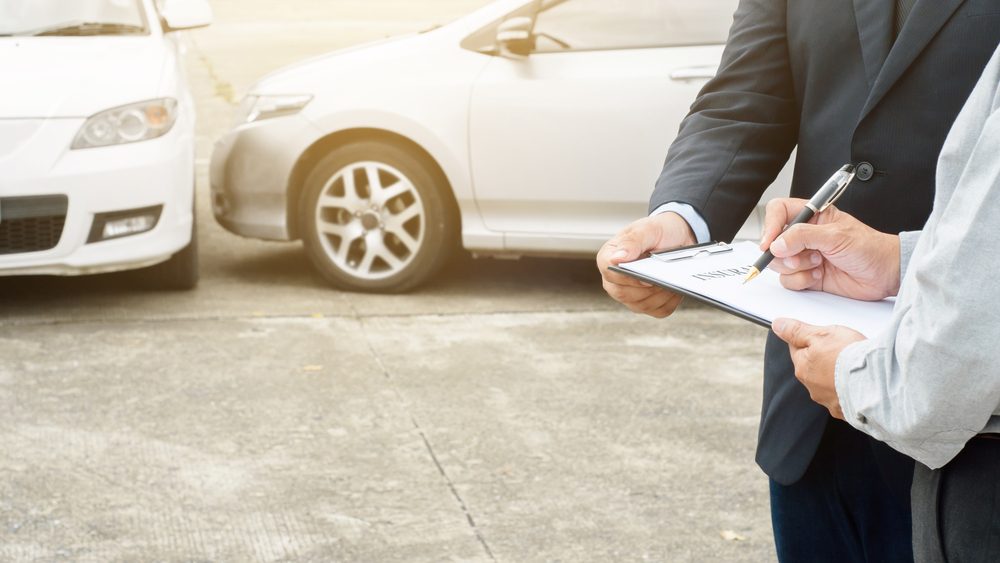
What Happens If the At-Fault Party Doesn’t Have Car Insurance?
You've just been in a car accident that wasn't your fault. The stress of the situation is compounded when you discover the driver who hit you doesn't have insurance. This…
-

How Are Pain and Suffering Damages Calculated in California?
When evaluating personal injury claims in California, you must consider how pain and suffering damages are calculated. You may wonder how the intangible, yet deeply personal, consequences of an injury,…
-

What Is the Difference Between Economic and Non-Economic Damages?
When you're injured due to someone else's negligence, understanding the difference between economic and non-economic damages helps you pursue full and fair compensation. These two categories represent different types of…
-

How Do Pre-Existing Conditions Affect My Personal Injury Claim?
If you've been injured in an accident, you're likely wondering how your pre-existing conditions affect your personal injury claim. We understand that insurance companies will scrutinize your medical history, looking…
-

What Is the Role of Expert Witnesses in Personal Injury Cases?
When you're involved in a personal injury case that is going to trial or is especially complicated, your lawyer may request to work with an expert witness. The role of…
-

How Long Do I Have to File a Slip and Fall Claim in California?
Generally, you have two years from the date of the accident to file a slip and fall claim in California. However, this timeline can vary depending on the specific circumstances…
-
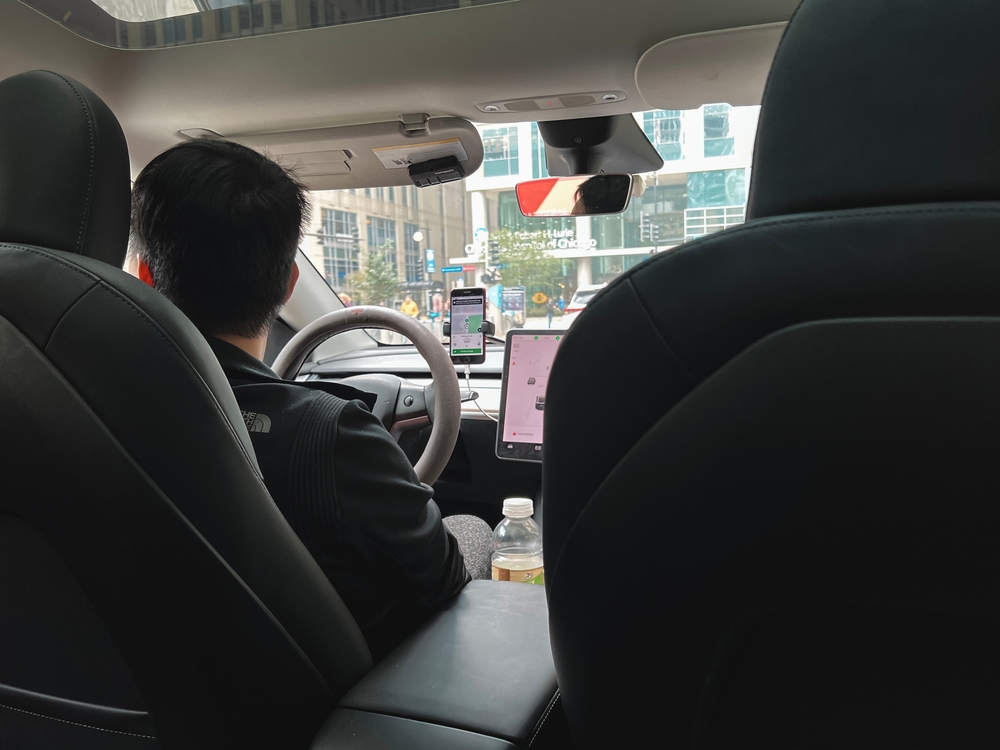
How Does Uber’s $1 Million Insurance Policy Work?
Uber has a $1 million insurance policy in place to cover accidents that happen when an Uber driver is en route to pick up a passenger or is transporting a…
-

What Are the Common Mistakes to Avoid When Filing a Slip and Fall Claim?
When pursuing a slip and fall claim in Los Angeles, it is important to avoid common mistakes that can jeopardize your case. You have suffered an injury, and now it's…
-

What Compensation Can I Expect from a Slip and Fall Claim?
When pursuing a slip and fall claim, you're likely wondering what kind of compensation you can expect. You've incurred medical bills, lost wages, and suffered physically and emotionally. You may…
-

What Injuries Are Commonly Associated With Slip and Fall Accidents?
As you go about your daily life in Los Angeles, it's important to be aware of the potential risks that can lead to slip and fall accidents. These accidents can…
-

Can I Still Recover Compensation If I Was Partially At Fault?
If you've been involved in an accident in California, you may wonder if you can still recover compensation if you were partially at fault. Under California's pure comparative negligence system,…
-

How Is Fault Determined in a Slip and Fall Case?
Determining fault in a slip and fall case lies in gathering evidence to see what happened and why. If the property owner or business breached their duty of care and…
-
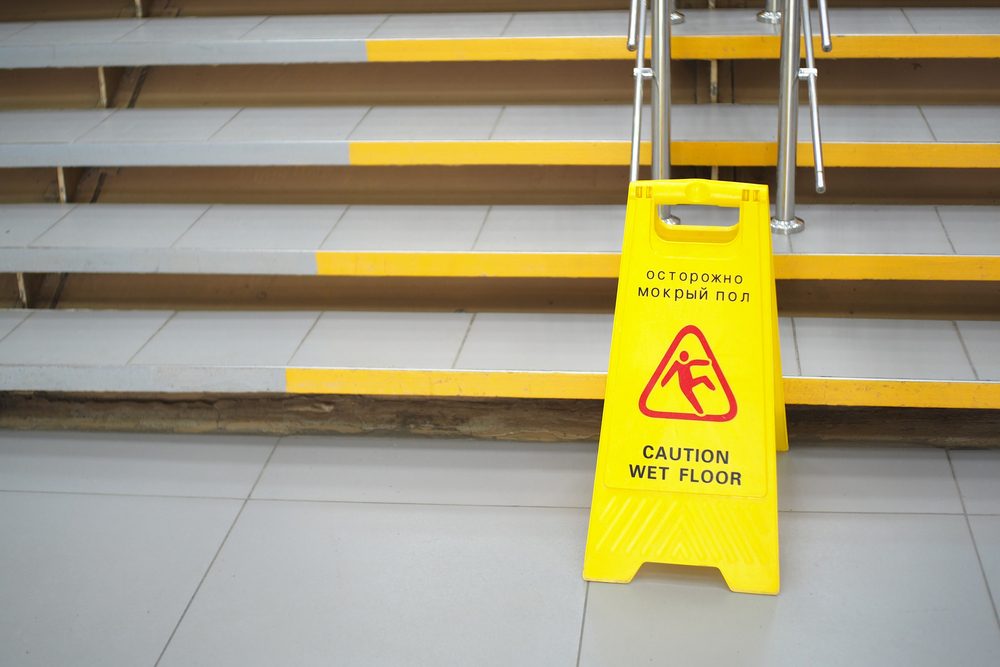
What Should I Do Immediately After a Slip and Fall Accident?
If you've been involved in a slip and fall accident in Los Angeles, it's important to take immediate action to protect your well-being and potential claim. As you receive treatment,…
-

What Is Premises Liability?
As you go about your daily activities in Los Angeles, you have a reasonable expectation of safety. However, if you sustain injuries on someone else's property due to their negligence,…
-
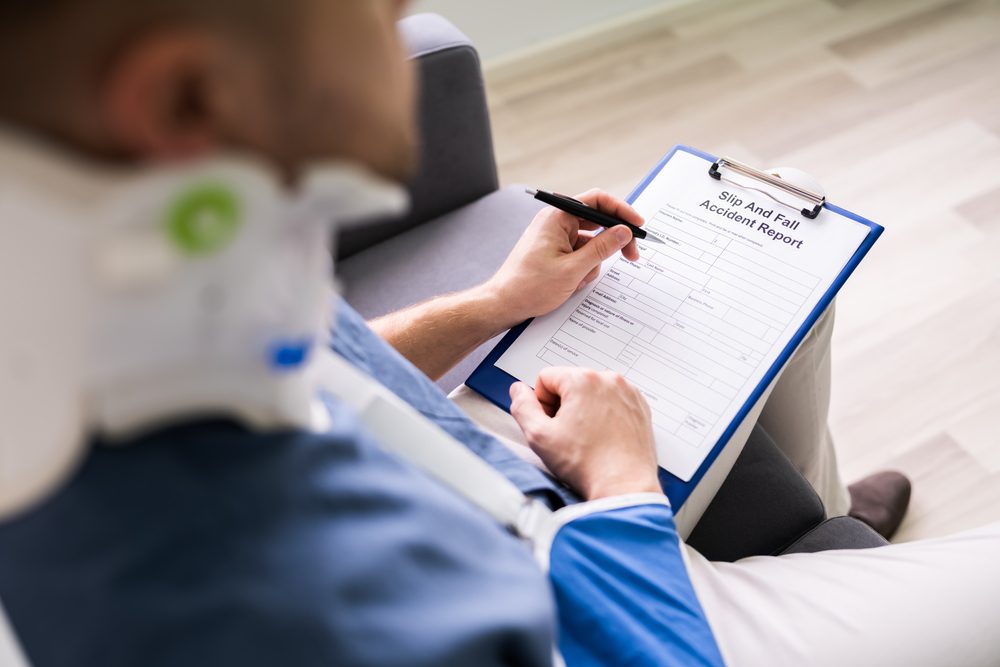
How Do I File a Slip and Fall Claim?
If you have been involved in a slip and fall accident, it is essential to take immediate action to protect your rights and potential claim. The first step in filing…
-
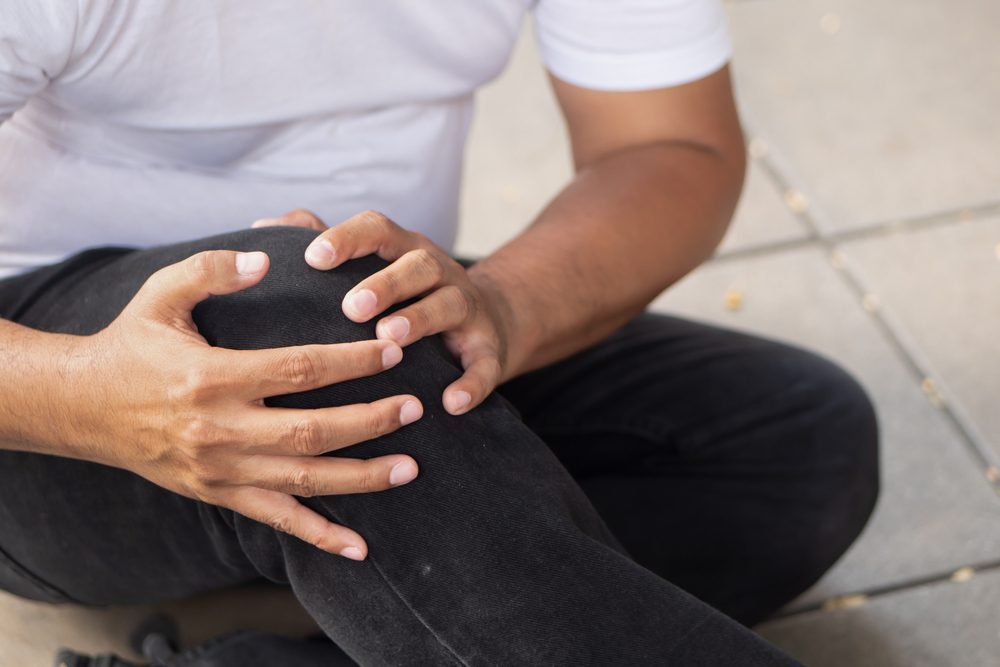
What Are Common Causes of Slip and Fall Accidents?
Slip-and-fall accidents commonly occur due to hazardous walking surfaces, inadequate lighting, obstacles in walkways, weather-related conditions, and poor property maintenance. They can happen anywhere—in stores, restaurants, office buildings, or public…
-

What Must I Prove in a Slip and Fall Claim?
When pursuing a slip and fall claim in Los Angeles, you'll need to prove three elements to hold the property owner liable for your injuries. You must demonstrate that the…
-

Who Is Liable for a Slip and Fall Accident?
If you've been injured in a slip and fall accident in Los Angeles, understanding who is liable for your injuries is important to pursuing a claim. We know that determining…
-
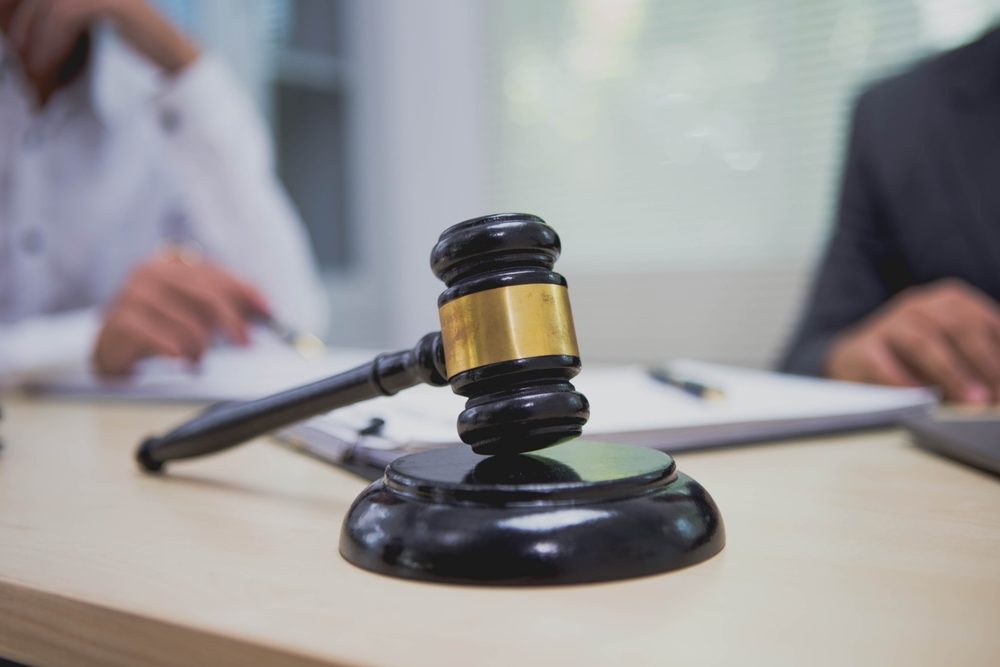
How Does California’s Comparative Negligence Rule Affect My Claim?
After an accident in California, you might wonder how your own actions could impact your ability to recover compensation. This is a valid concern, as many accident victims share some…
-
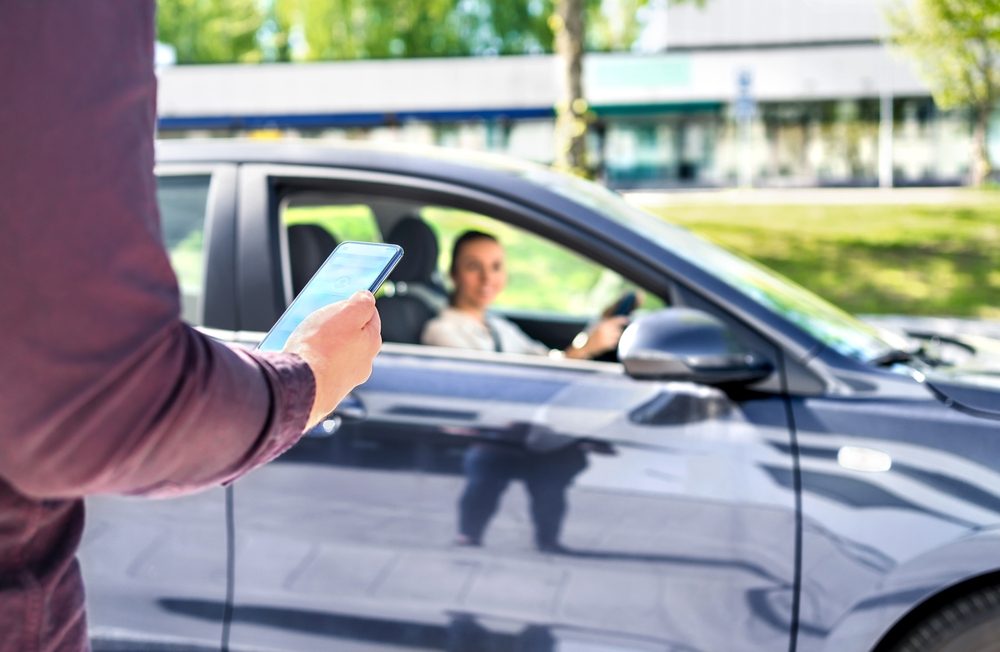
What Evidence Do I Need to Support My Rideshare Accident Claim?
When you're involved in a rideshare accident in Los Angeles, gathering evidence is important for supporting your claim. We understand that documenting every detail, from the accident scene to your…
-
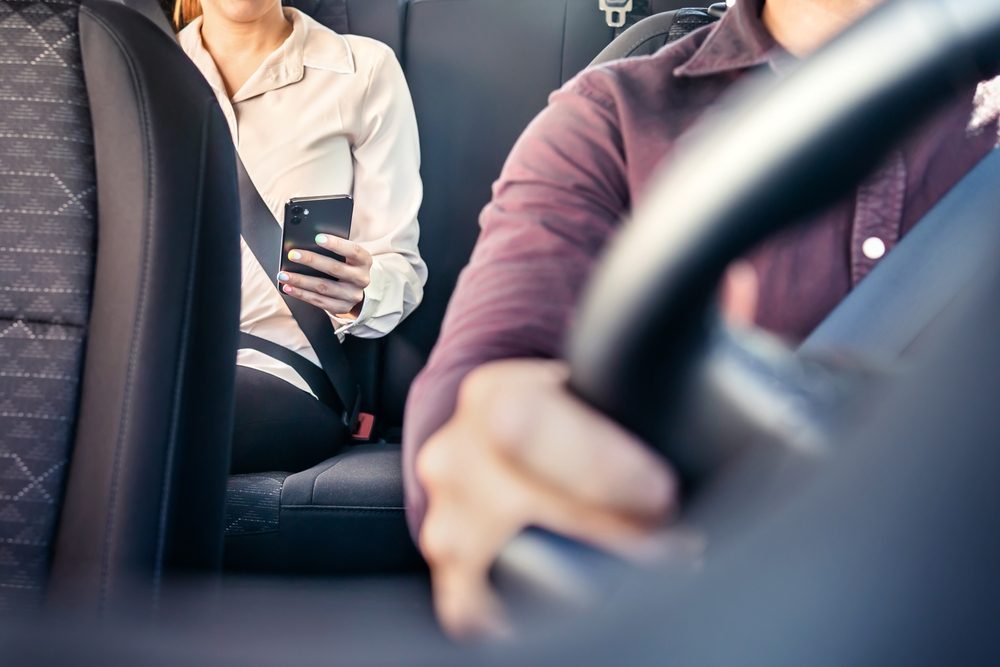
Can Passengers Sue for Injuries in a Rideshare Accident?
If you've been injured in a rideshare accident, you're likely wondering if you can hold the company responsible. Rideshare companies like Uber and Lyft provide liability coverage, so it is…
-
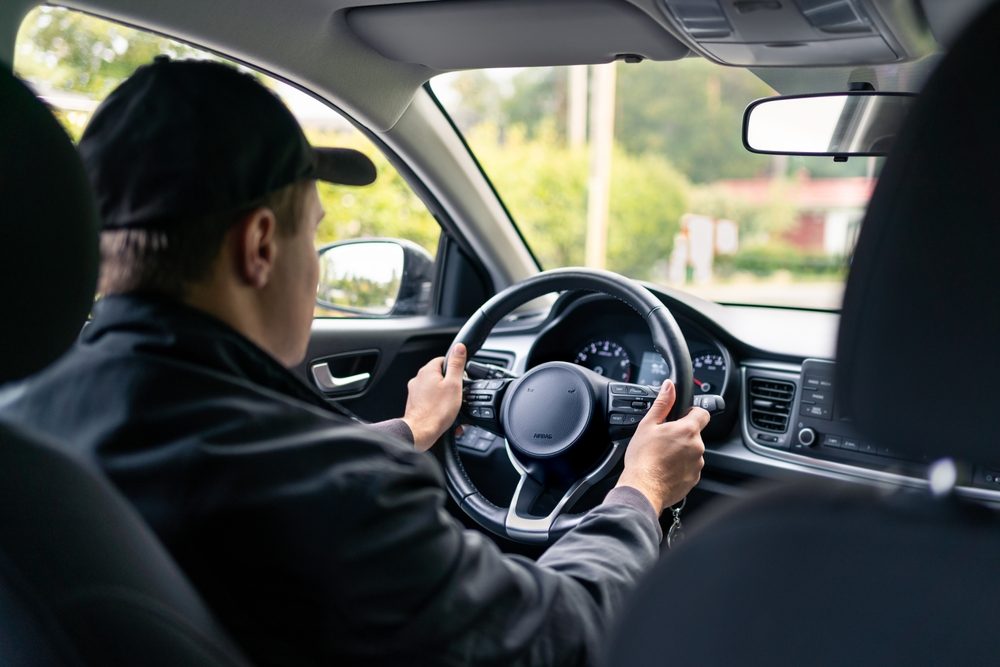
What if I Was Hit by a Rideshare Vehicle as a Pedestrian or Cyclist?
If you've been hit by a rideshare vehicle as a pedestrian or cyclist in Los Angeles, you're likely facing a traumatic and confusing situation. As you manage your situation, it's…
-
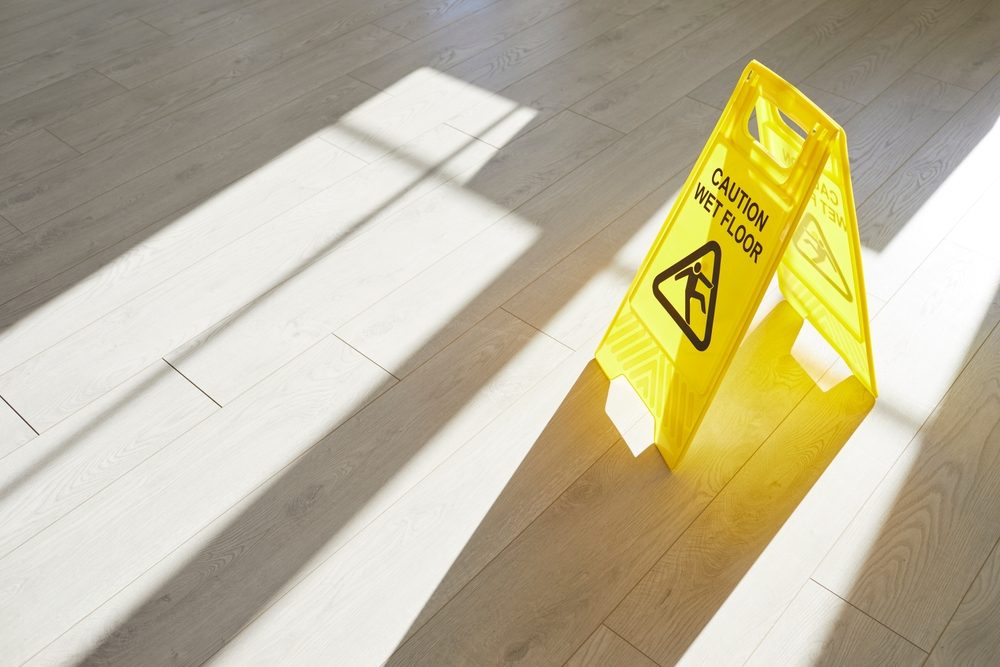
What Is a Slip and Fall Accident?
As we go about our daily lives in Los Angeles, we often overlook the potential hazards that surround us. A slip and fall accident can occur at any moment, resulting…
-
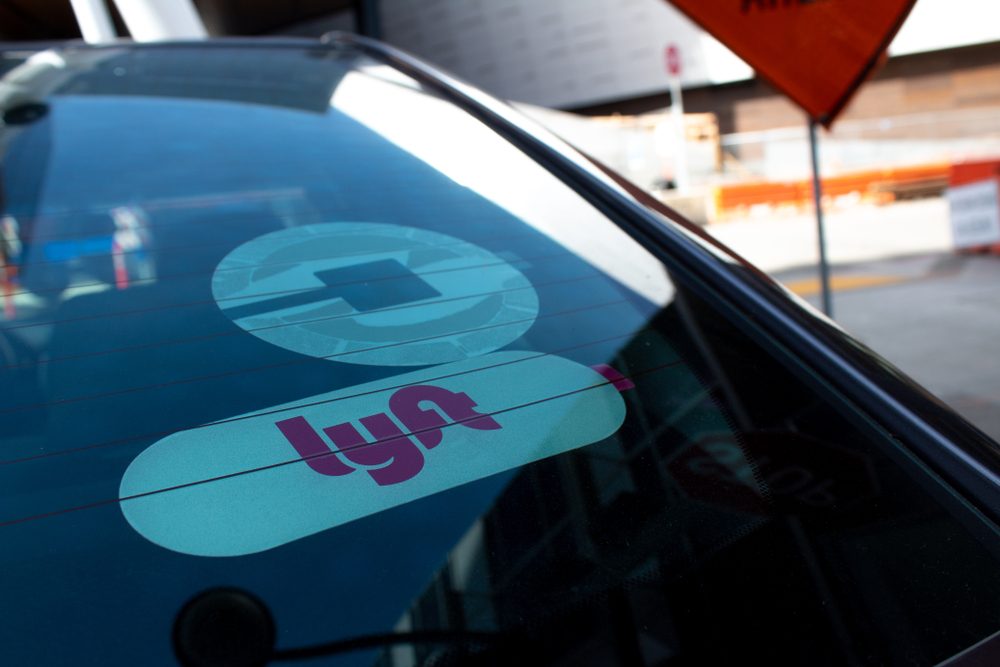
How Does Insurance Coverage Work for Lyft Accidents?
If you've been involved in a Lyft accident, understanding how insurance coverage works is crucial. Lyft has a $1 million liability policy in place, which may provide compensation for medical…
-
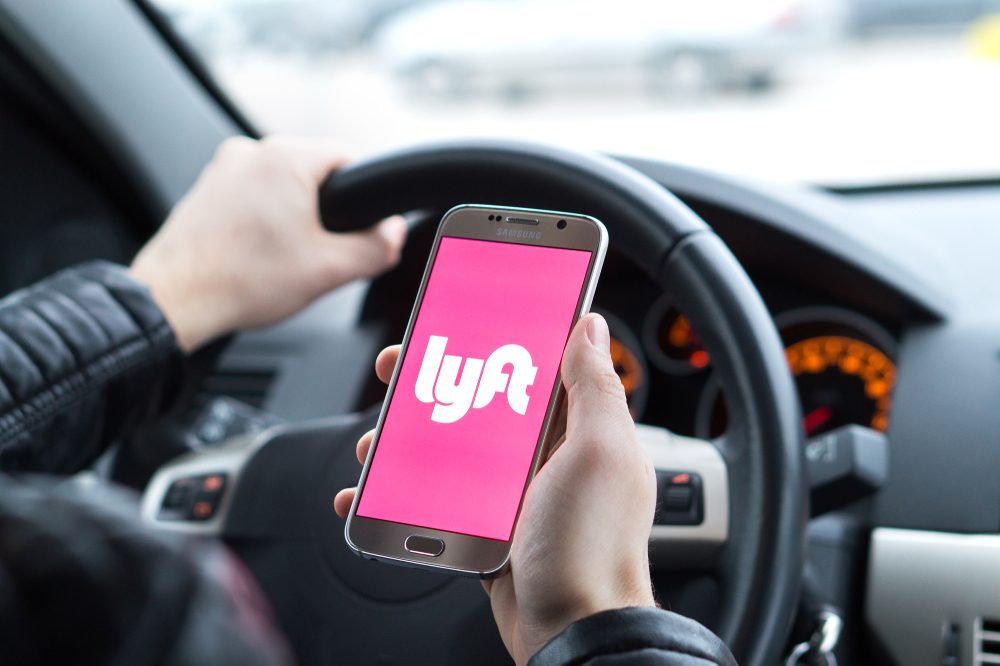
Can I Sue Lyft Directly for My Injuries?
If you have been injured in a Lyft accident, you may be wondering if you can hold the company directly responsible for your injuries. Lyft carries a large insurance policy…
-
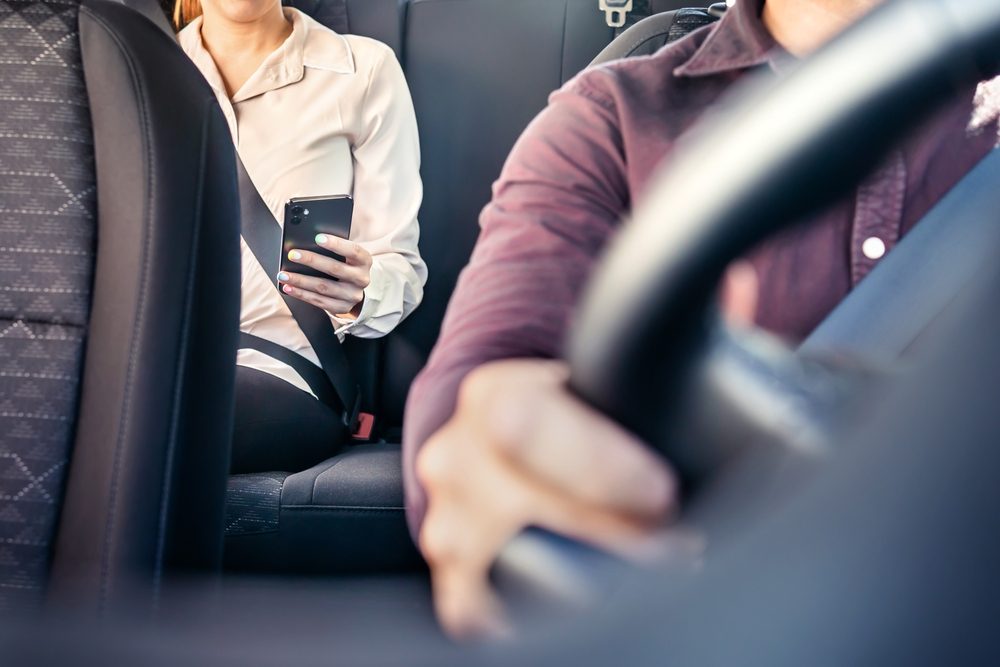
What if the Rideshare Driver Was Not at Fault for the Accident?
If you're involved in an accident in Los Angeles but the driver wasn’t at fault, you may still be eligible for compensation. We at J&Y Law recommend that you gather…
-
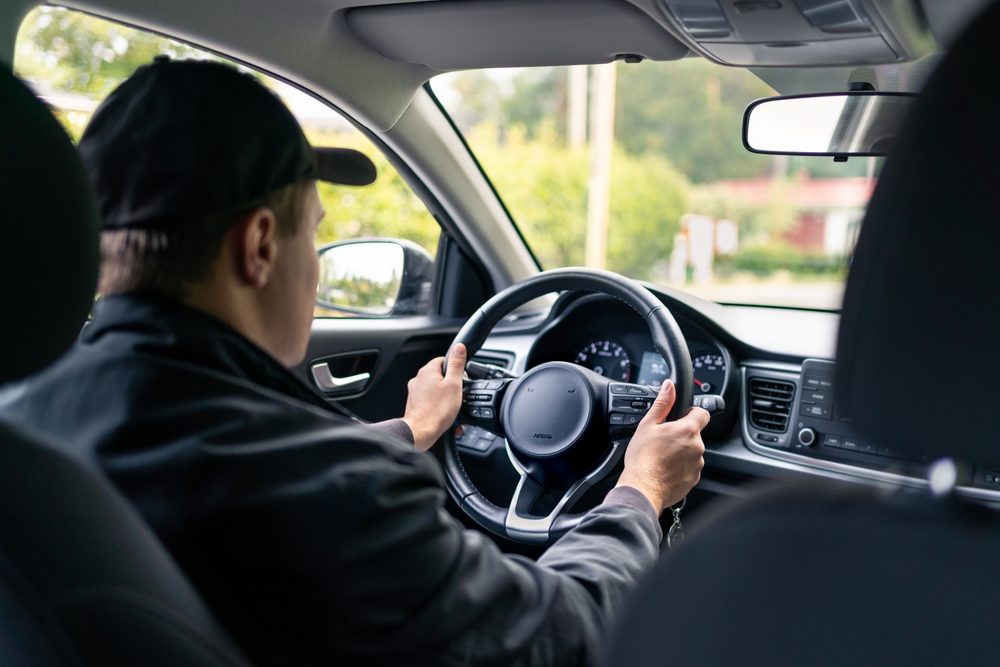
Who Is Liable in a Rideshare Accident: The Driver or the Company?
When you are involved in a rideshare accident in Los Angeles, an important question arises: who is liable, the driver or the company? You may be wondering how to assign…
-

Can I Still File a Delivery Truck Accident Claim If I Was Partially At Fault?
If you're involved in a delivery truck accident in Los Angeles and believe you're partially to blame, you're likely wondering if you can still file a claim. The good news…
-
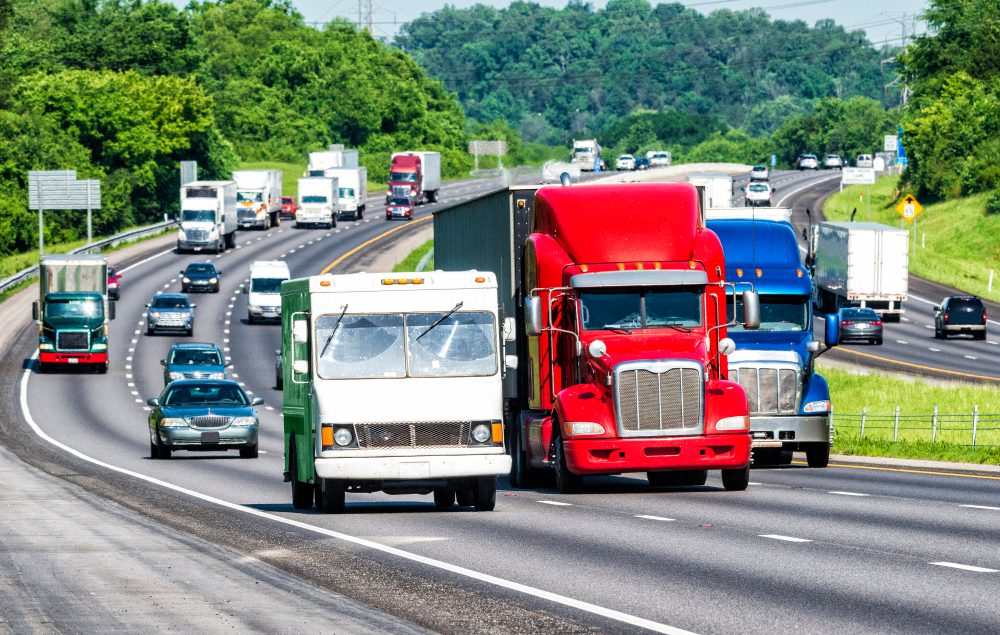
What If The Delivery Truck Driver Was At Fault?
If a delivery truck driver was at fault for an accident you were in, that means they are liable for it and must pay you compensation for what you’ve suffered.…
-

How Is Liability Determined in a Delivery Truck Accident?
Determining liability in a delivery truck accident in Los Angeles requires a thorough examination of the facts. We must investigate the actions of the truck driver, the trucking company's policies,…
-
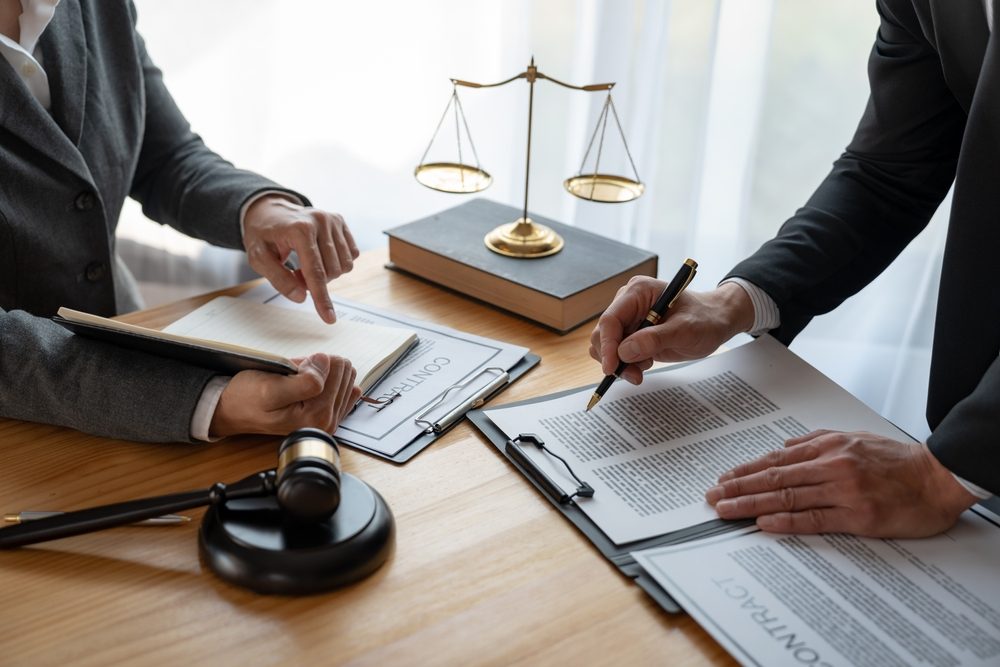
What Are The Steps Involved in a Delivery Truck Accident Claim?
There are many steps involved in a delivery truck accident claim, both before you make your demand to the insurers and afterward. Summarized, the steps involved are collecting evidence, making…
-

What Compensation Can I Expect From a Delivery Truck Accident Claim?
Every case is unique, so there’s not an exact amount of compensation you can expect from a delivery truck accident claim. However, some types of damages, such as medical bills…
-
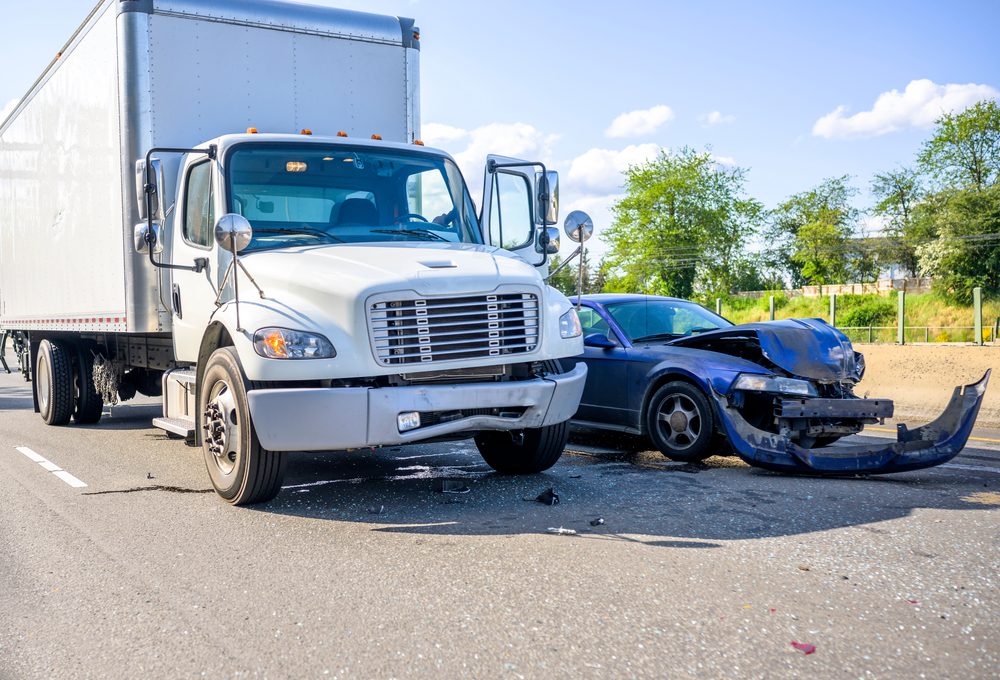
How Long Do I Have to File a Delivery Truck Accident Claim?
If you've been involved in a delivery truck accident in Los Angeles, you're likely wondering how long you have to take legal action. In California, the general statute of limitations…
-

How Long Do I Have to File a Rideshare Accident Claim in California?
If you've been involved in a rideshare accident in California, understanding the statute of limitations is crucial to securing compensation for your injuries. Generally, you have two years from the…
-
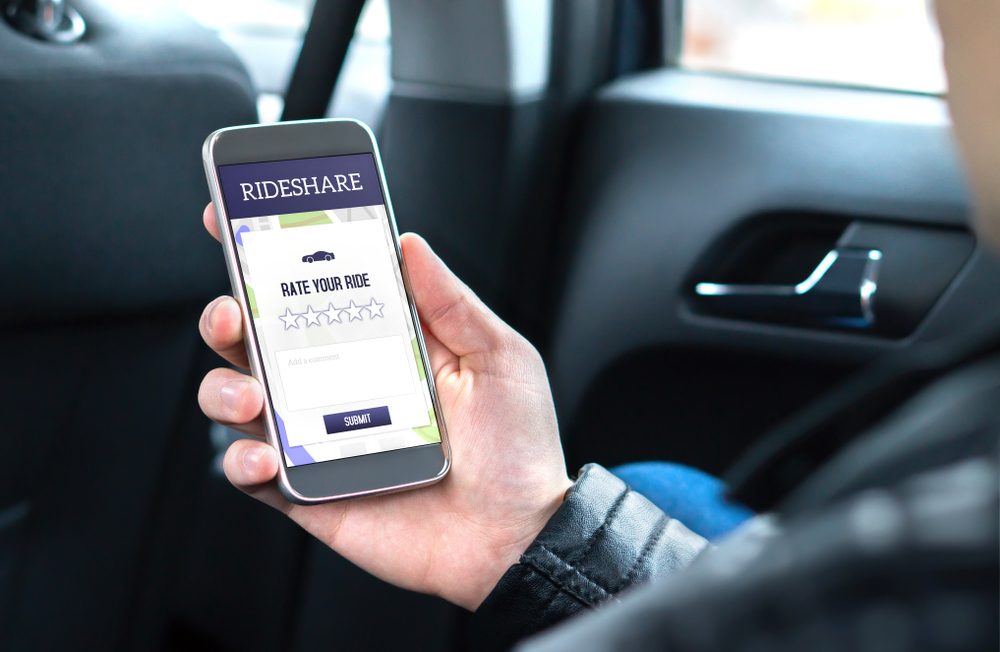
What Compensation Can I Receive for a Rideshare Accident Claim?
If you've been involved in a rideshare accident in Los Angeles, you're likely wondering what kind of compensation you're entitled to. We at J&Y Law understand that documenting your losses…
-
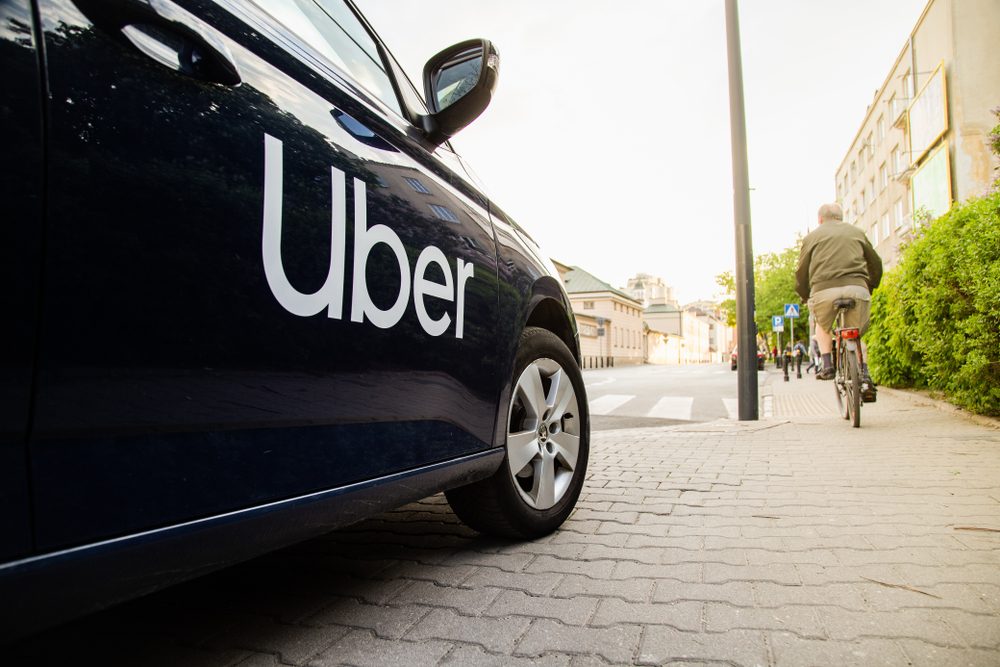
Can I Sue Uber Directly for My Injuries?
If you've been injured in an Uber accident, you may wonder if you can sue the company directly for compensation. As a passenger, you have the right to seek damages…
-
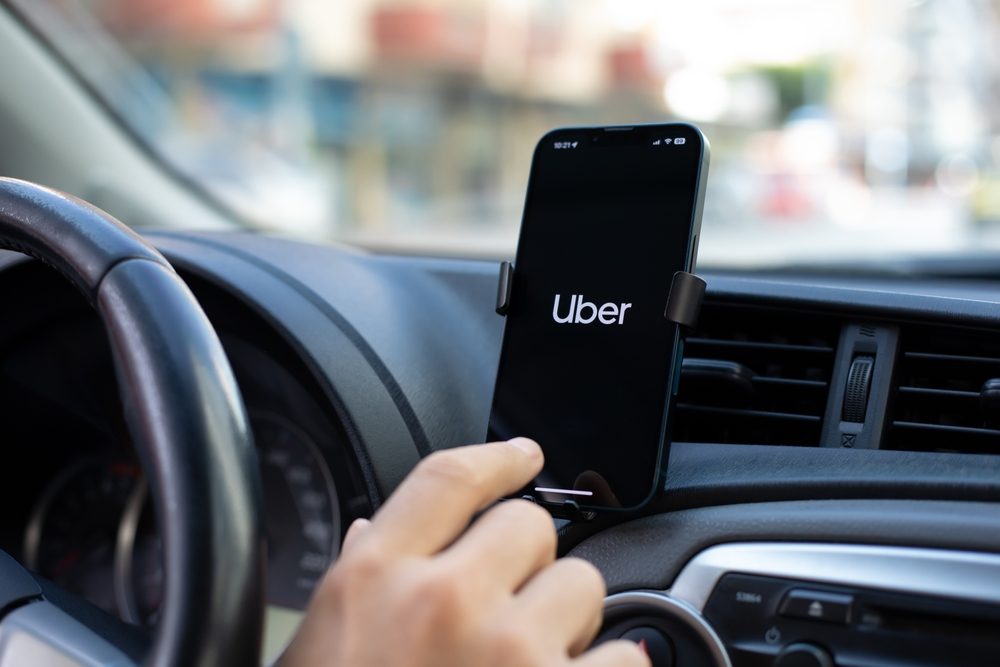
How Does Insurance Coverage Work for Uber Accidents?
When you get into an Uber, you expect a safe ride. However, accidents can occur, and it's essential to understand the insurance coverage in place. Depending on what happened, the…
-

What If My Catastrophic Injury Results in Permanent Disability?
If you've suffered a catastrophic injury in Los Angeles, you're likely facing a difficult reality: permanent disability. The road ahead will be long and challenging, with significant changes to your…
-

How Does a Catastrophic Injury Affect My Future Earning Capacity?
A catastrophic injury can have a profound impact on your future earning capacity. Your physical limitations and emotional scars can restrict your return to work and your future career options,…
-

What Role Does Insurance Play in Delivery Truck Accident Claims?
Insurance compensates victims for their losses in delivery truck accident claims. Without it, drivers and companies would be personally liable for accidents. Because the cost of these accidents may be…
-
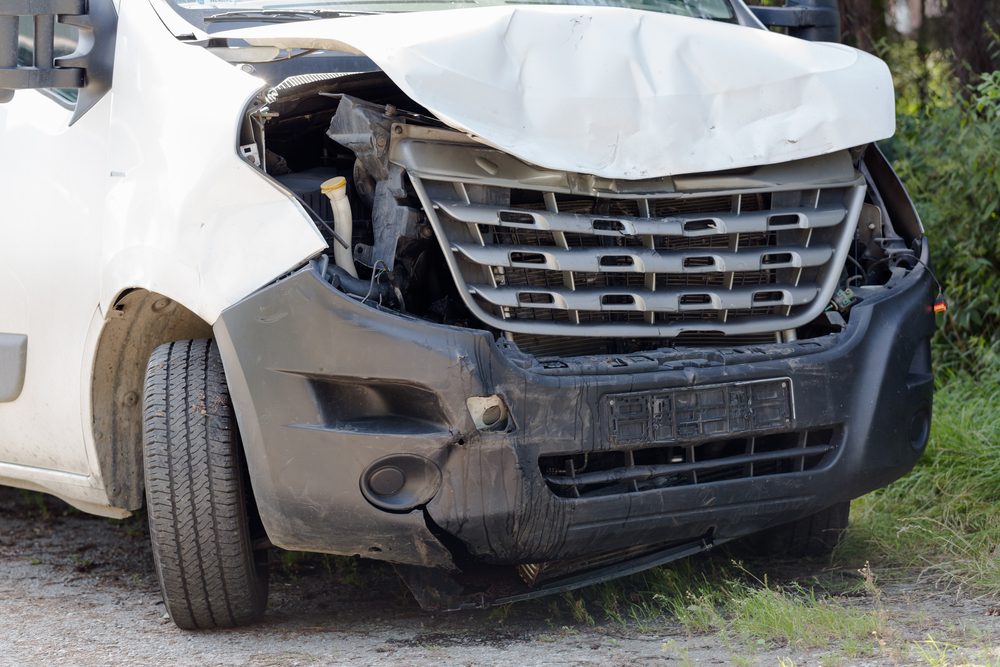
How Do I Prove Negligence in a Delivery Truck Accident Claim?
When involved in a delivery truck accident in Los Angeles, proving negligence is important to securing fair compensation for the harm you've suffered. To build a strong case, we must…
-

How Do I File a Motorcycle Accident Claim In California?
We understand that this can be a challenging time for you and your loved ones. To build a strong case, it's important to gather evidence from the scene, including witness…
-
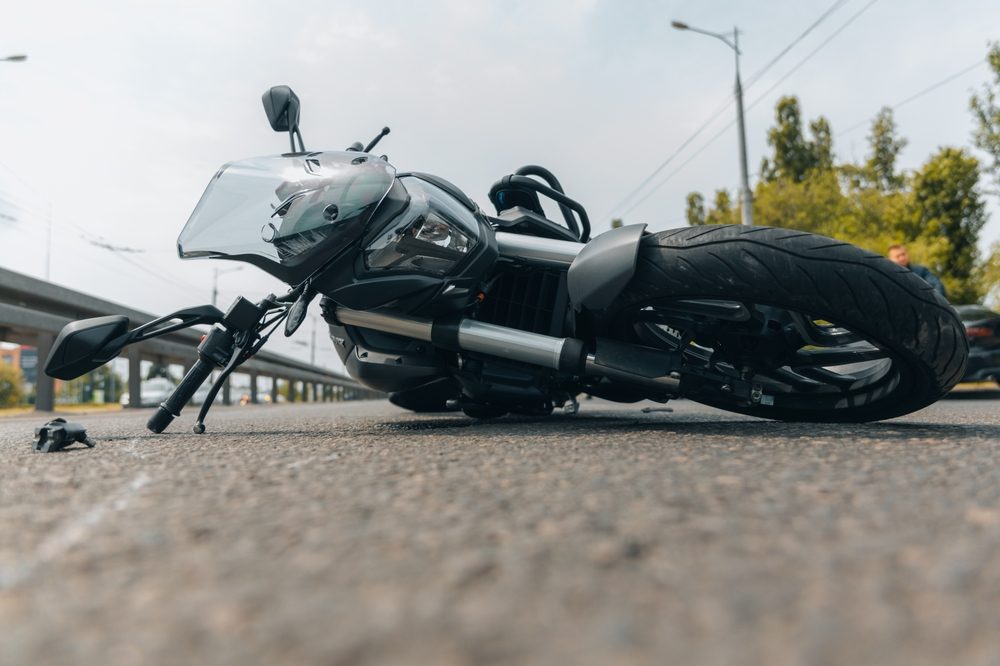
What are the Common Causes of Motorcycle Accidents in California?
It's important to recognize the risks involved when riding your motorcycle on California's roads. We at J&Y Law understand that you're not immune to the common causes of motorcycle accidents…
-

How Does Comparative Negligence Affect My Motorcycle Accident Claim?
Understanding comparative negligence is important as we delve into the details of your motorcycle accident claim in Los Angeles. In California, this concept plays a significant role in determining fault…
-
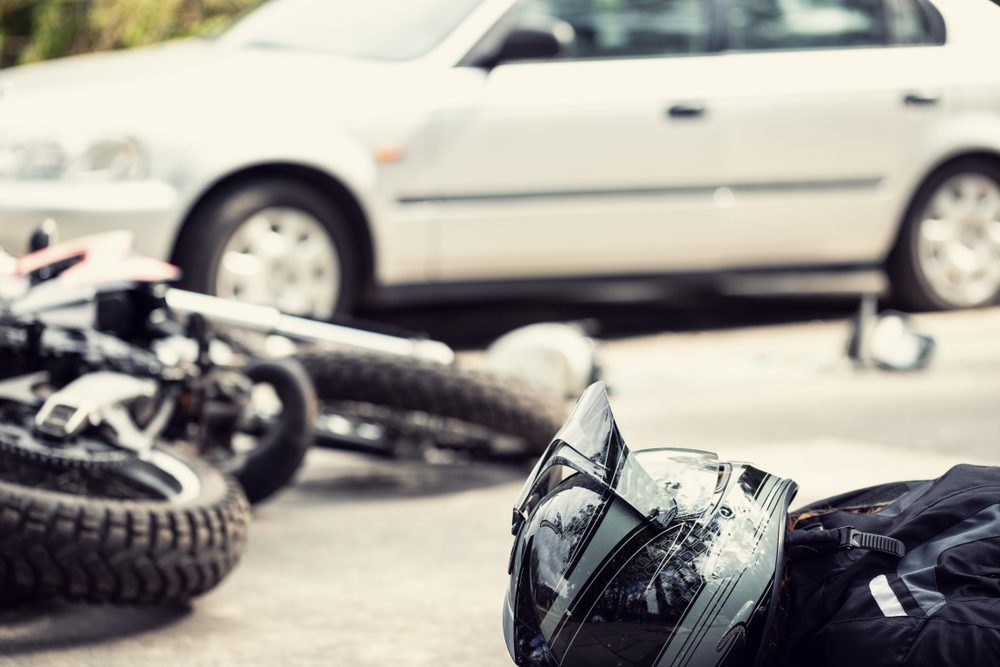
How Can I Prove Fault in a Motorcycle Accident Case?
When seeking compensation for a motorcycle accident in Los Angeles, it is important to establish fault to build a strong case. To prove fault in a motorcycle accident case, you…
-
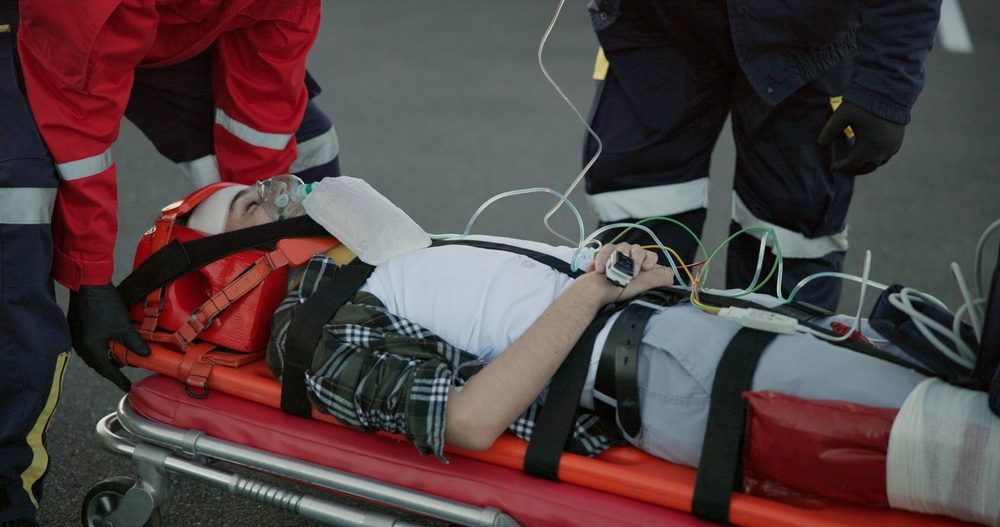
What Types of Compensation are Available for Motorcycle Accident Victims?
The types of compensation available for motorcycle accident victims include economic damages, such as lost wages and medical expenses, as well as non-economic damages for emotional distress and pain. In…
-
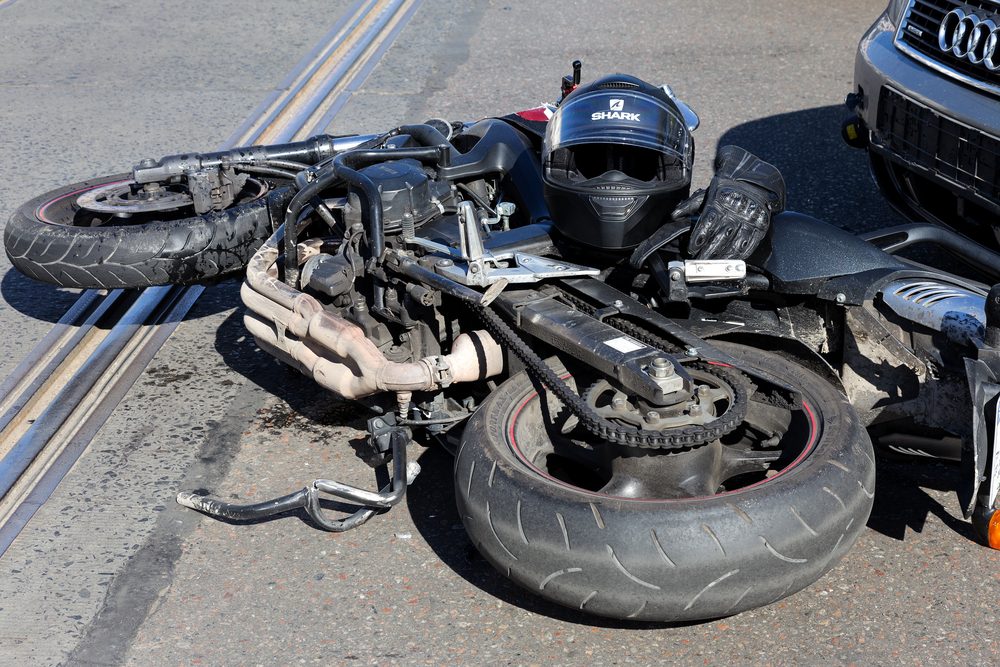
What Role Do Police Reports Play in Motorcycle Accident Claims?
The role of a police report in a motorcycle claim is to provide an objective account of the incident. This document can significantly impact the outcome of your claim, as…
-

How Should I Deal with Insurance Companies After a Motorcycle Crash?
After a motorcycle crash in Los Angeles, we understand that dealing with insurance companies can be a difficult task. It's important to recognize that insurers prioritize their profits over your…
-
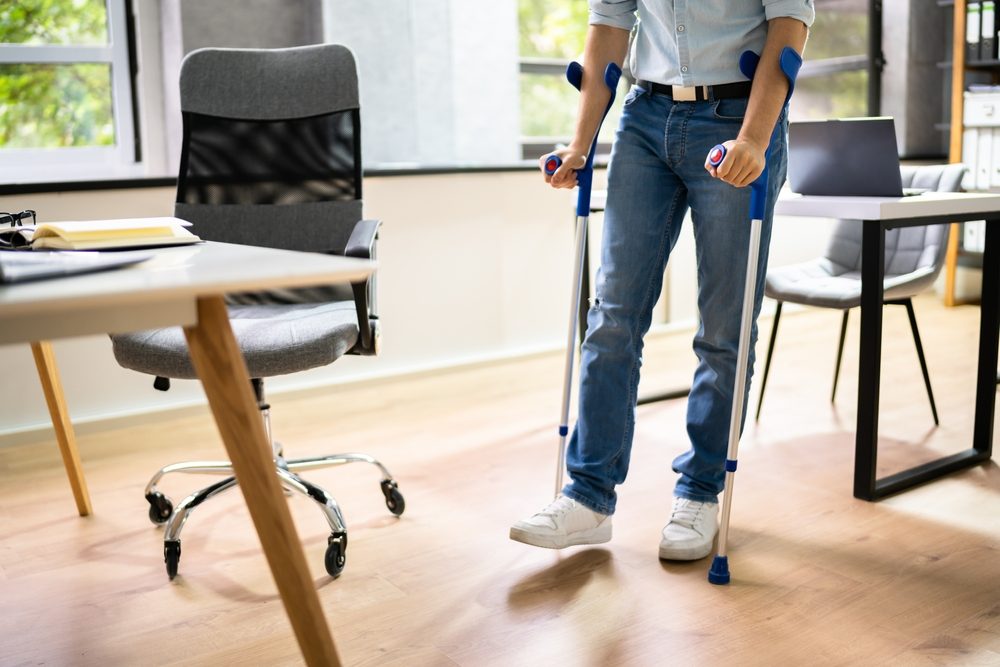
What are the Time Limits for Filing a Motorcycle Accident Lawsuit in California?
In California, the time limit for filing a motorcycle accident lawsuit is two years from the accident date. Understanding the time limits for filing a motorcycle accident lawsuit in California…
-

What Are the Most Common Causes of Catastrophic Injuries?
As you go about your daily life in Los Angeles, you are often unaware of the potential dangers that can lead to catastrophic injuries. From motor vehicle accidents caused by…
-
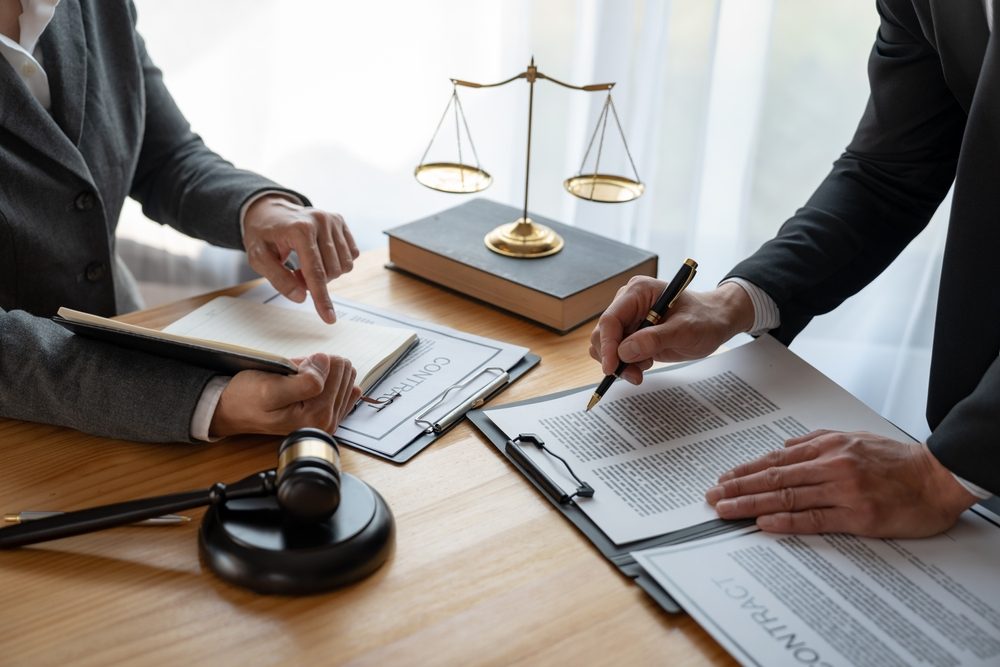
How Do I Prove the Extent of My Catastrophic Injury?
Proving the extent of a catastrophic injury is a crucial aspect of seeking compensation. Catastrophic injuries are life-altering events that leave victims with permanent, debilitating damage. Without a full examination…
-

Can I File a Wrongful Death Claim if the Deceased Was Not Employed?
As you cope with the loss of a loved one, you may wonder if you can file a wrongful death claim, even if the deceased wasn't employed. The answer is…
-

What Role Does Medical Expertise Play in Catastrophic Injury Cases?
As we delve into catastrophic injury cases in Los Angeles, it becomes apparent that medical expertise plays an important role in securing fair compensation for victims. At J&Y Law, we…
-

How Are Economic Damages Calculated in Catastrophic Injury Claims?
Calculating economic damages is a crucial aspect of catastrophic injury claims. To accurately calculate economic damages, we will need to gather detailed records of past medical expenses and lost income,…
-
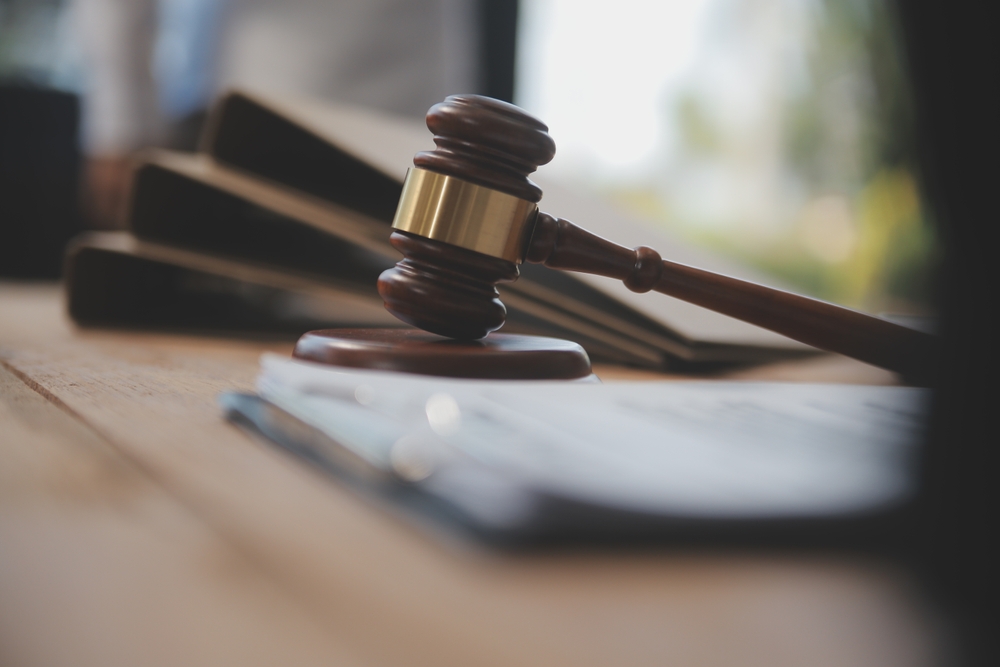
How Are Wrongful Death Settlements Taxed in California?
As you work to resolve a wrongful death claim in California, understanding how wrongful death settlements are taxed is important. While federal and state laws exempt compensation for physical injuries,…
-

What Are Non-Economic Damages in Catastrophic Injury Cases?
In catastrophic injury cases, we understand that non-economic damages can have a profound impact on your quality of life. These intangible losses, including emotional distress and loss of enjoyment of…
-

What Qualifies As a Catastrophic Injury In California?
In California, a catastrophic injury is a severe and debilitating condition that profoundly affects an individual's daily life, independence, and overall well-being. They include injuries like severe spinal cord injuries,…
-

How Do Lane Splitting Laws Impact Motorcycle Accident Claims?
As a motorcyclist in Los Angeles, you're likely familiar with lane splitting, a practice that's legal in California. However, what you might not know is how lane splitting laws impact…
-
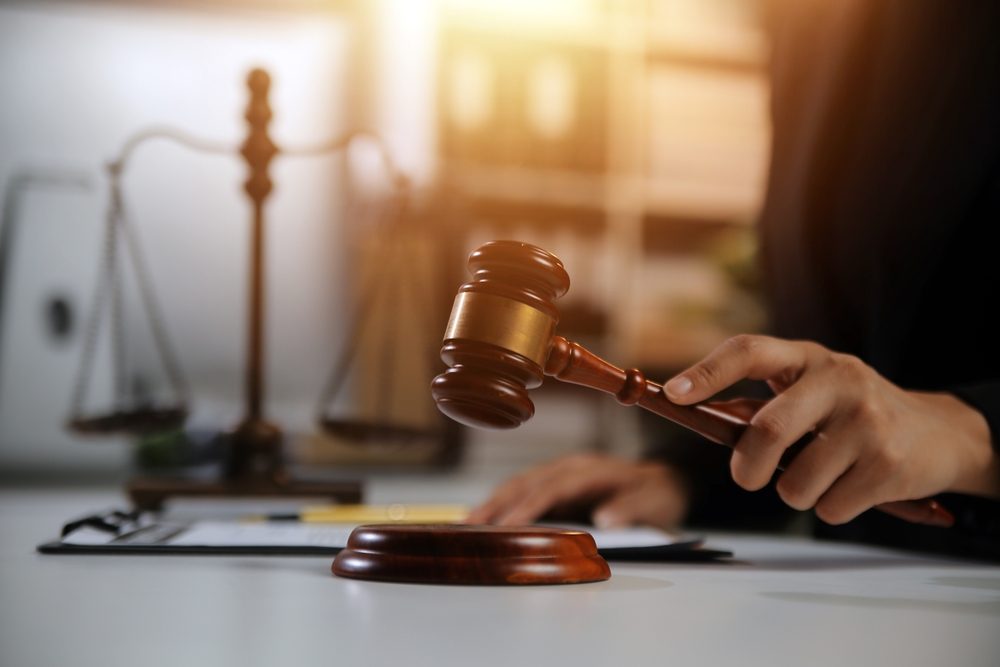
Can I Seek Punitive Damages For My Catastrophic Injury?
If you have suffered a catastrophic injury due to someone else's actions, you are likely considering your options for seeking compensation. You can seek punitive damages for your catastrophic injury,…
-

What Types of Compensation Can I Receive For a Catastrophic Injury?
You can receive the same types of compensation for a catastrophic injury as you can for standard injuries, but you may need a lot more of it. That’s because catastrophic…
-

What is a Wrongful Death Claim in California?
Wrongful death occurs when someone's negligence or reckless behavior causes the death of another person. The survivors can make a wrongful death claim if this happens. It involves filing a…
-
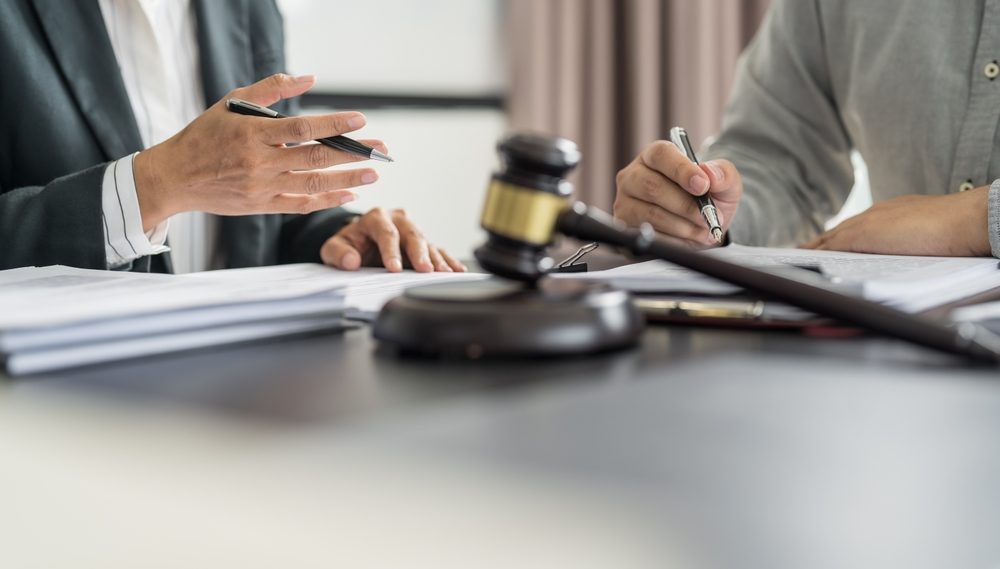
Who Can Be Held Liable For a Catastrophic Injury in California?
There’s nothing particular about catastrophic injuries that would make different parties liable. Catastrophic is a description of the intensity of the injury, not the cause of it. Under California law,…
-

Who Can File a Wrongful Death Lawsuit in California?
In the event of a loved one's wrongful death, certain family members have the right to seek compensation and justice under California law. Specifically, spouses, domestic partners, and children are…
-

What is the Statute of Limitations for Wrongful Death Claims in California?
In California, the typical statute of limitations for wrongful death claims is two years from the date of death. However, there are some exceptions. Understanding the statute of limitations is…
-

What Types of Damages Can Be Recovered in a Wrongful Death Case?
From lost income and medical expenses to compensation for grief and loss of companionship, many types of damages can be recovered in a wrongful death case. Economic and non-economic damages…
-

How are Wrongful Death Settlements Distributed Among Family Members?
As we explore the legal process of wrongful death claims in Los Angeles, it is important to understand how settlements are distributed among family members. According to California Code of…
-

How Does California’s Comparative Negligence Law Affect My Claim?
California's comparative negligence law enables courts to allocate fault percentages among all parties involved, allowing you to recover damages even if you are partially responsible for the accident. The assigned…
-

Can I File a Wrongful Death Claim if the Deceased was Partially At Fault?
If the deceased was partially at fault in a wrongful death incident in Los Angeles, you may still be eligible to file a wrongful death claim. According to California's comparative…
-

What is the Difference Between a Wrongful Death Claim and a Survival Action?
A wrongful death claim and a survival action are two possible avenues for seeking justice after losing a loved one due to someone’s negligence. While both types of claims arise…
-

How Long Does a Wrongful Death Lawsuit Typically Take in California?
After you’ve lost a loved one due to someone’s negligence, you're likely wondering how long a wrongful death lawsuit typically takes in California. The answer varies, but typically, you're looking…
-

What Evidence is Needed to Prove a Wrongful Death Case?
The evidence needed to prove a wrongful death case has to show that someone else’s neglectful or intentional actions caused your loved one to die. Typical pieces of evidence include…
-
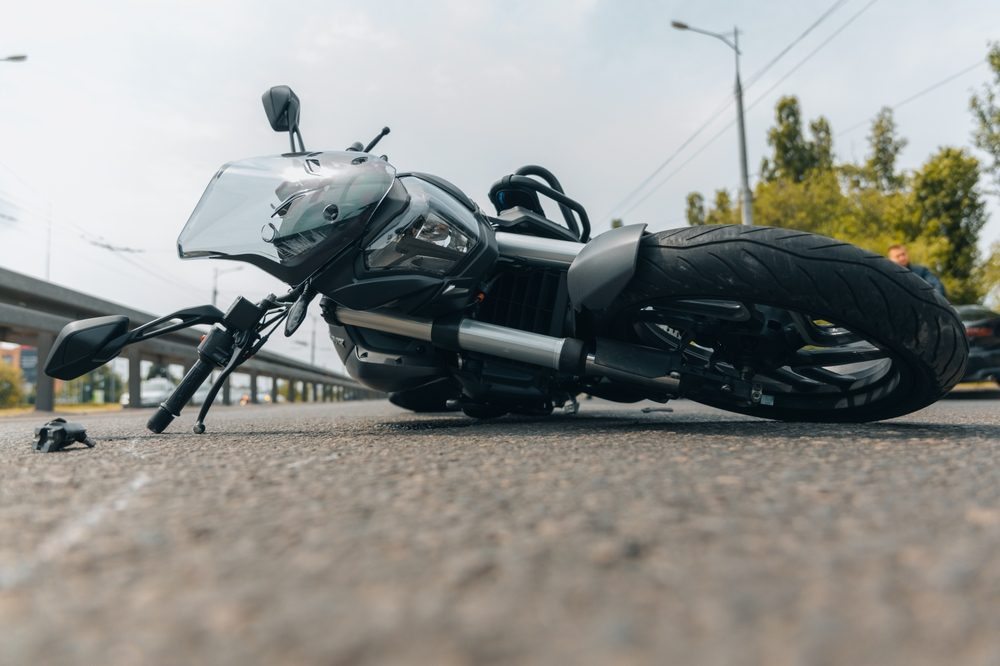
What are California’s Helmet Laws for Motorcyclists?
California motorcyclists must comply with helmet laws to ensure their safety on the road. To clarify the specifics, California's helmet laws for motorcyclists mandate that you and your passengers wear…
-
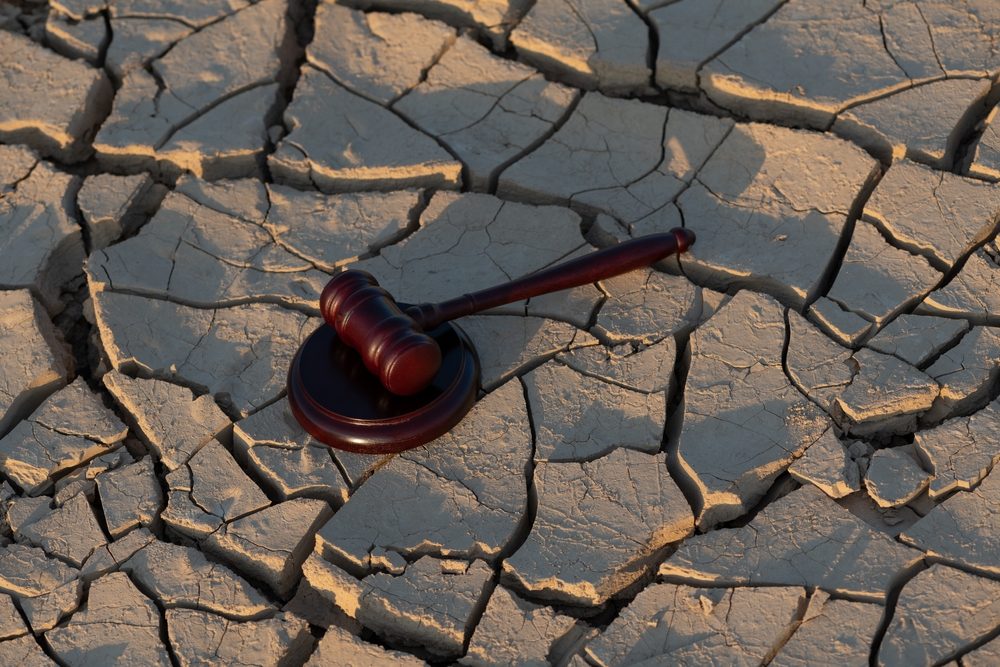
How Long Do I Have To File A Catastrophic Injury Claim In California?
If you've suffered a catastrophic injury in California, understanding how long you have to file a catastrophic injury claim is important. Generally, you have two years from the date of…
-
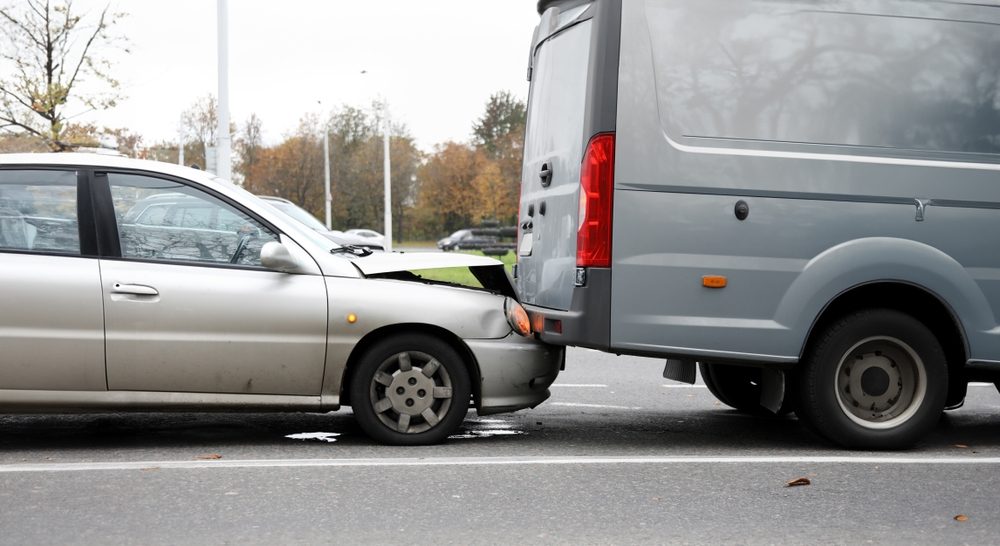
How Are Damages Calculated in a California Truck Accident Case?
If you've been involved in a California truck accident, understanding how damages are calculated is crucial to securing fair compensation. Your California truck accident lawyer can determine which legal damages…
-
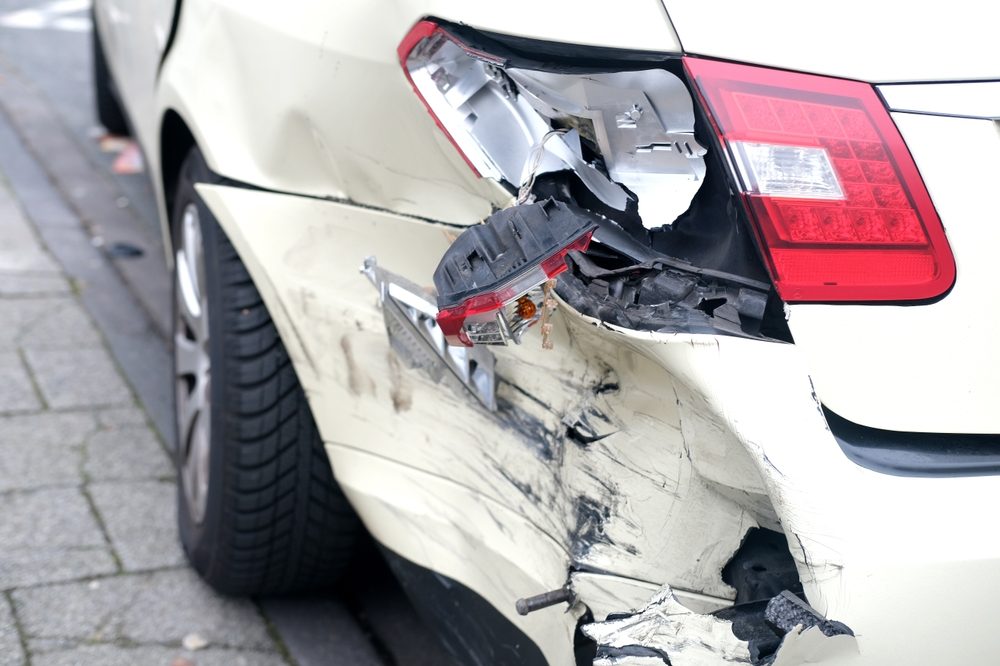
What Evidence Do I Need to Support My Car Accident Claim?
When pursuing a car accident claim, it's important to gather comprehensive evidence to support your case. You'll need to collect a range of documents and records that detail the accident,…
-
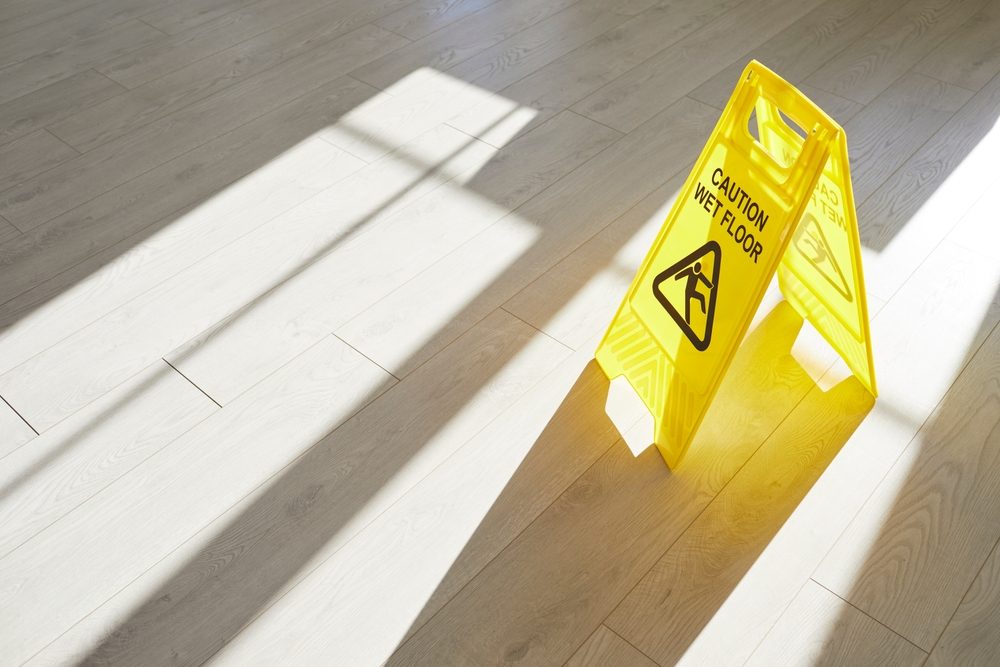
Can I Still File a Claim If the Accident Happened on Public Property?
If you've been injured in an accident on public property, you're likely wondering if you can still file an insurance claim or lawsuit. The good news is that, yes, you…
-
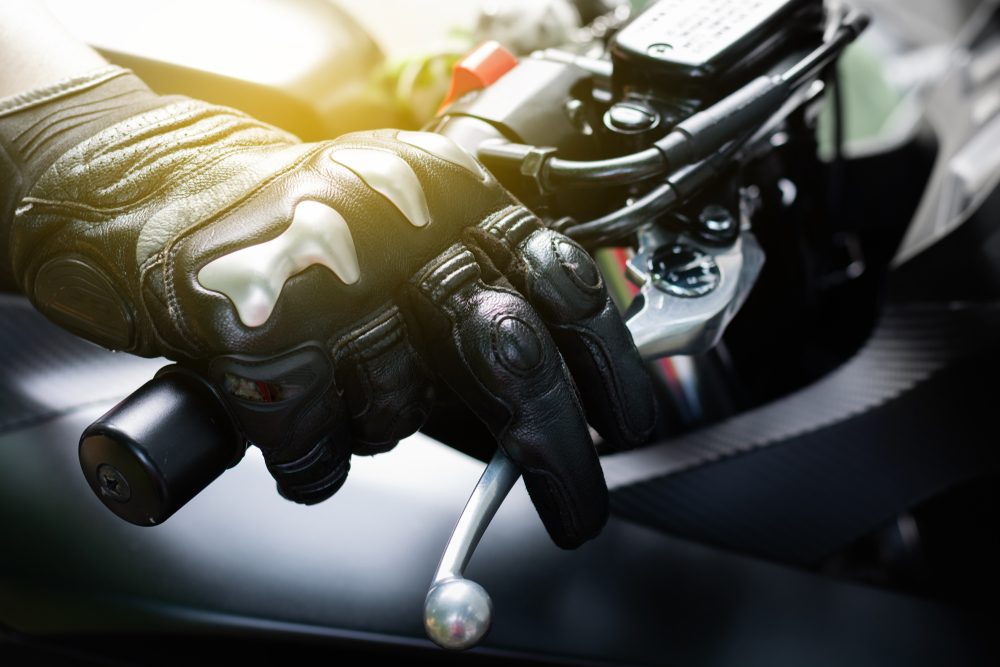
What Should I Do Immediately After A Motorcycle Accident?
If you've been involved in a motorcycle accident, your priority should be your safety and well-being. Even if you believe you're uninjured, it's crucial to seek medical attention. Hidden injuries…
-

What Are The Most Common Injuries From Delivery Truck Accidents?
Some of the most common injuries from delivery truck accidents include whiplash, soft tissue damage, traumatic brain injuries, broken bones, and spinal cord damage. Such injuries can lead to chronic…
-
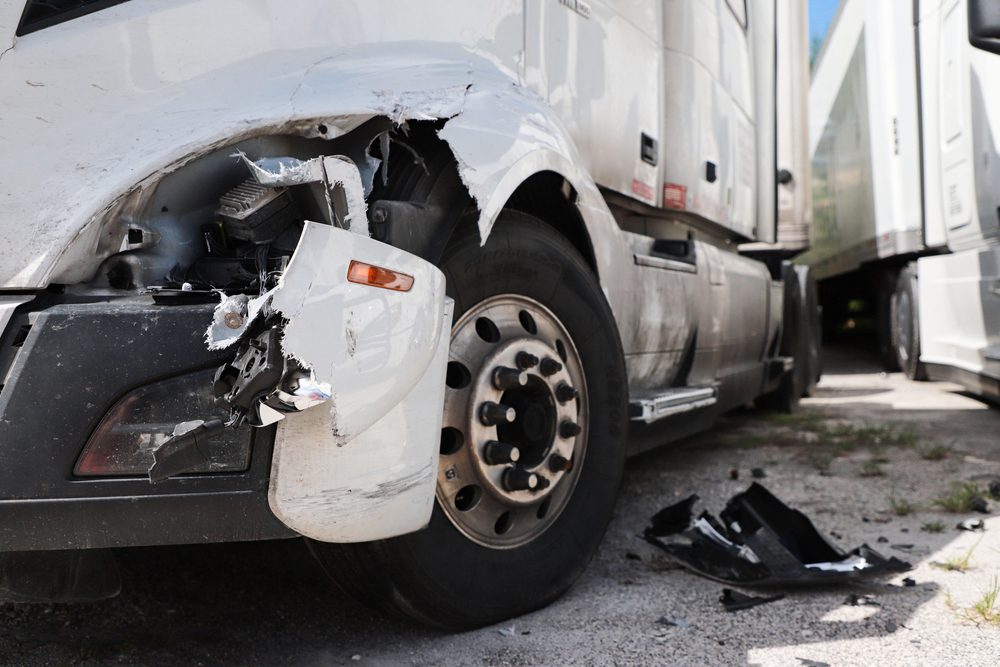
What Evidence Is Crucial in Proving Fault in a Truck Accident?
Gathering crucial evidence is important to determining fault in a truck accident investigation. We must examine maintenance and inspection records to determine whether the truck was properly maintained. Electronic logging…
-
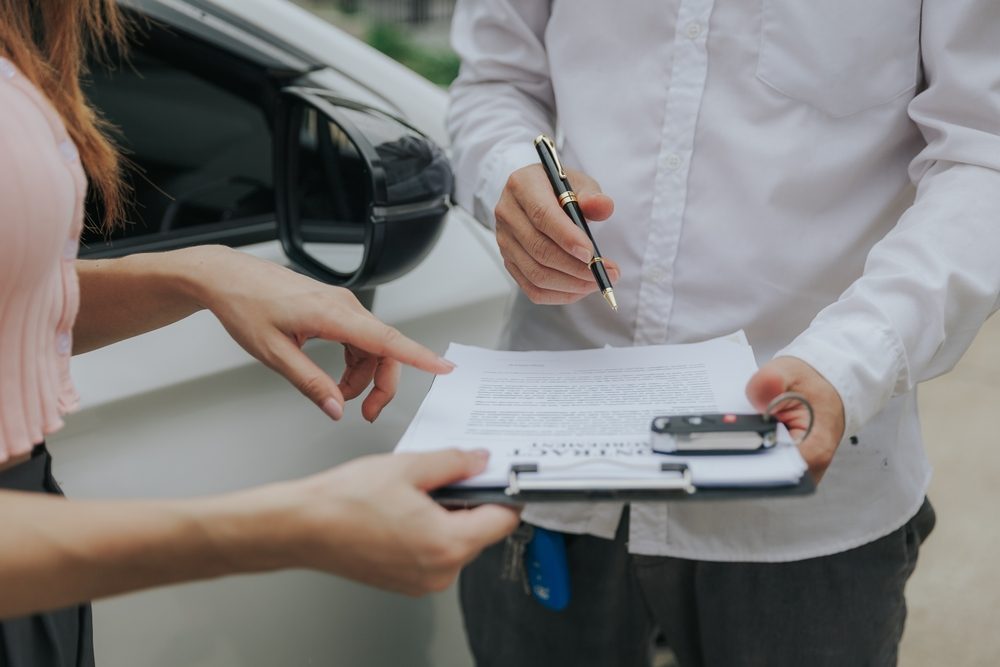
How Long Do I Have to File a Car Accident Claim in California?
In California, you have a limited window of two years from the accident date to file a car accident claim. This limit applies to nearly all car accident cases and…
-

Are There Caps on Damages in California Personal Injury Cases?
Are there caps on the damages you can recover for a personal injury claim? The answer is yes, but only for one significant instance. The only cap in California’s civil…
-
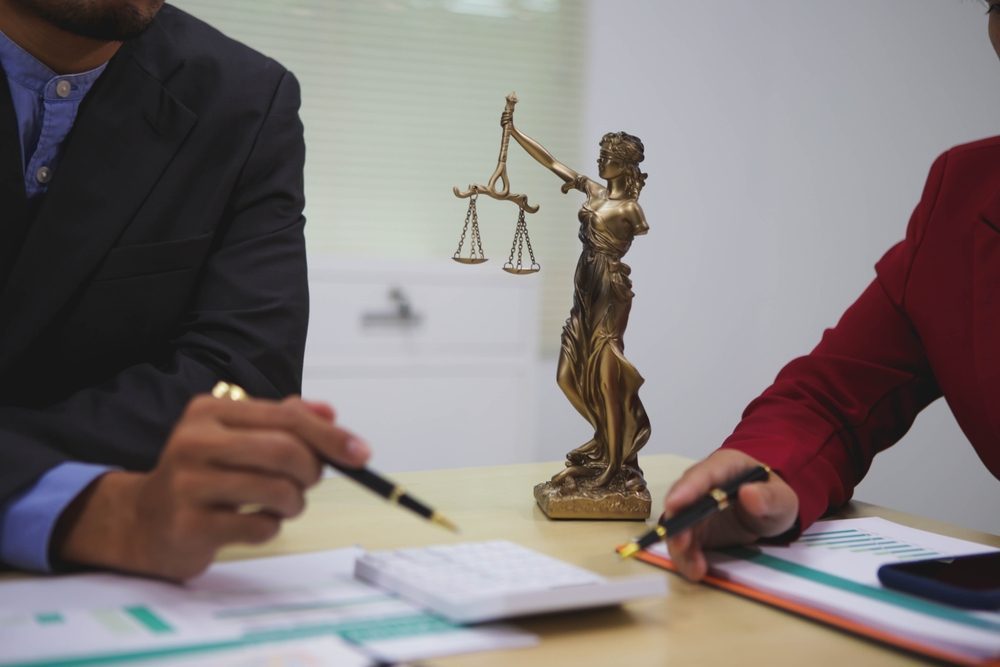
What Evidence Do I Need to Collect After a Personal Injury Incident?
It is important that you collect evidence after a personal injury incident to support your claim. To begin, you should document the accident scene, recording the date, time, and location,…
-

What Is the Statute of Limitations for Personal Injury Cases in California?
When pursuing a personal injury case in California, it is important to understand the statute of limitations. Generally, the statute of limitations for personal injury cases in California is two…
-

What Should I Do Immediately After a Delivery Truck Accident?
Immediately after a delivery truck accident, prioritize your safety above all else by moving to a secure location away from traffic. Refrain from moving injured individuals and call emergency services…
-
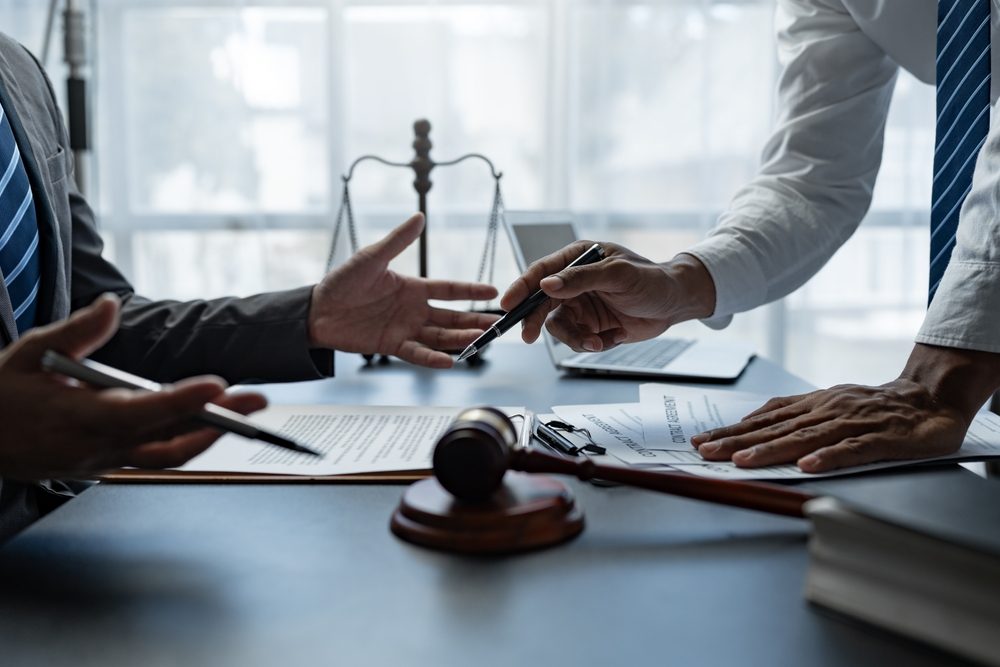
What Evidence do I Need for My Delivery Truck Accident Claim?
From accident scene photos to vehicle maintenance records, witness statements, and medical documentation, every piece of evidence counts. To ensure you have a comprehensive claim, you should gather evidence such…
-

What Types of Compensation Can I Seek in a Truck Accident Claim?
After a truck accident, you're likely wondering what types of compensation you can seek in a truck accident claim. The good news is that we can help you seek various…
-

What Types of Compensation Can I Recover in a Car Accident Claim?
When involved in a car accident, you may be entitled to recover various types of compensation in a car accident claim. We understand that you're likely wondering what you can…
-

What to Do if Your Information Was Exposed in the Ticketmaster Live Nation Data Breach
Did you get a notice from Ticketmaster Live Nation at the end of May or the beginning of June 2024 indicating that your information had been exposed in a data…
-

What Should I Do After Being In A Construction Accident In California?
If you have been in a construction accident in California, there are several steps you should take to ensure that you protect your health, safety, and legal rights. 1. Seek…
-
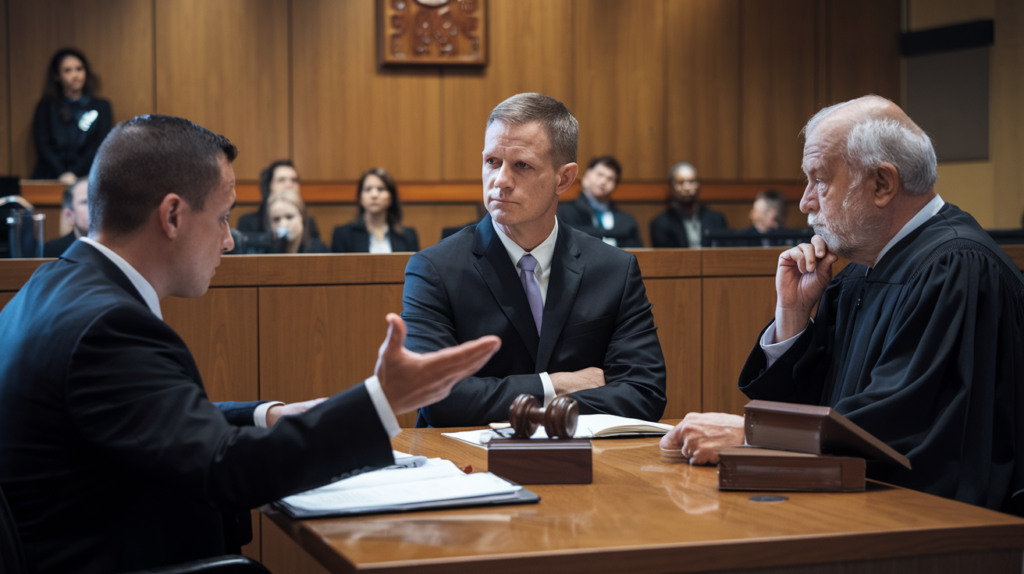
Why You Need a Personal Injury Lawyer?
If you have been in an accident in California, you may be left with long-lasting injuries as well as emotional harm and the financial costs of medical care. What happens…
-

What To Do After A Truck Accident?
Being in a Los Angeles truck accident in California is a frightening experience. The overwhelming force of a truck colliding with a smaller vehicle can cause serious injuries and the…
-
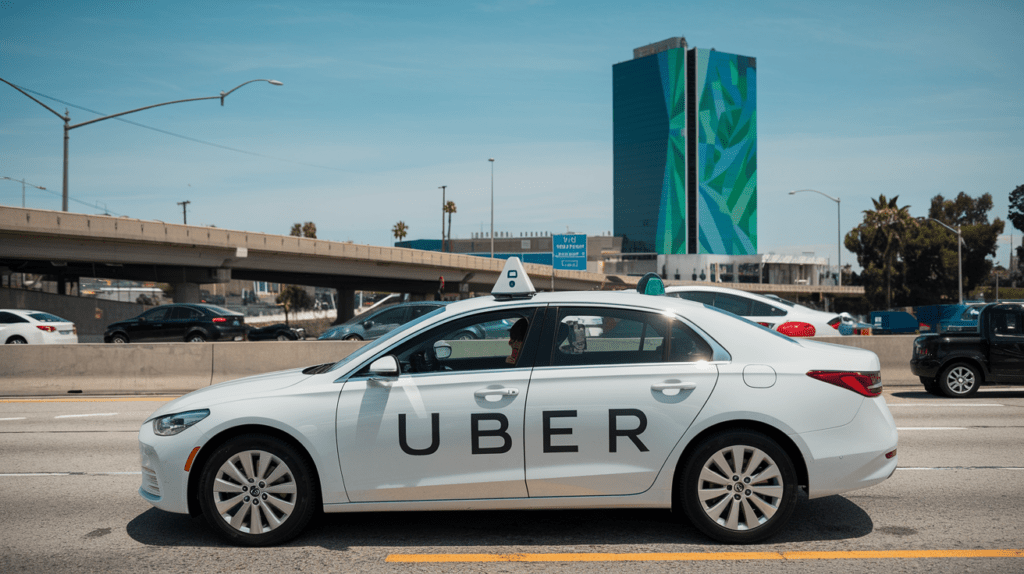
What You Should Do After a California Ridesharing Accident?
Rideshare services like Uber and Lyft have taken California by storm, offering people a convenient way to get around cities like San Francisco and Los Angeles. With so many rideshare…
-
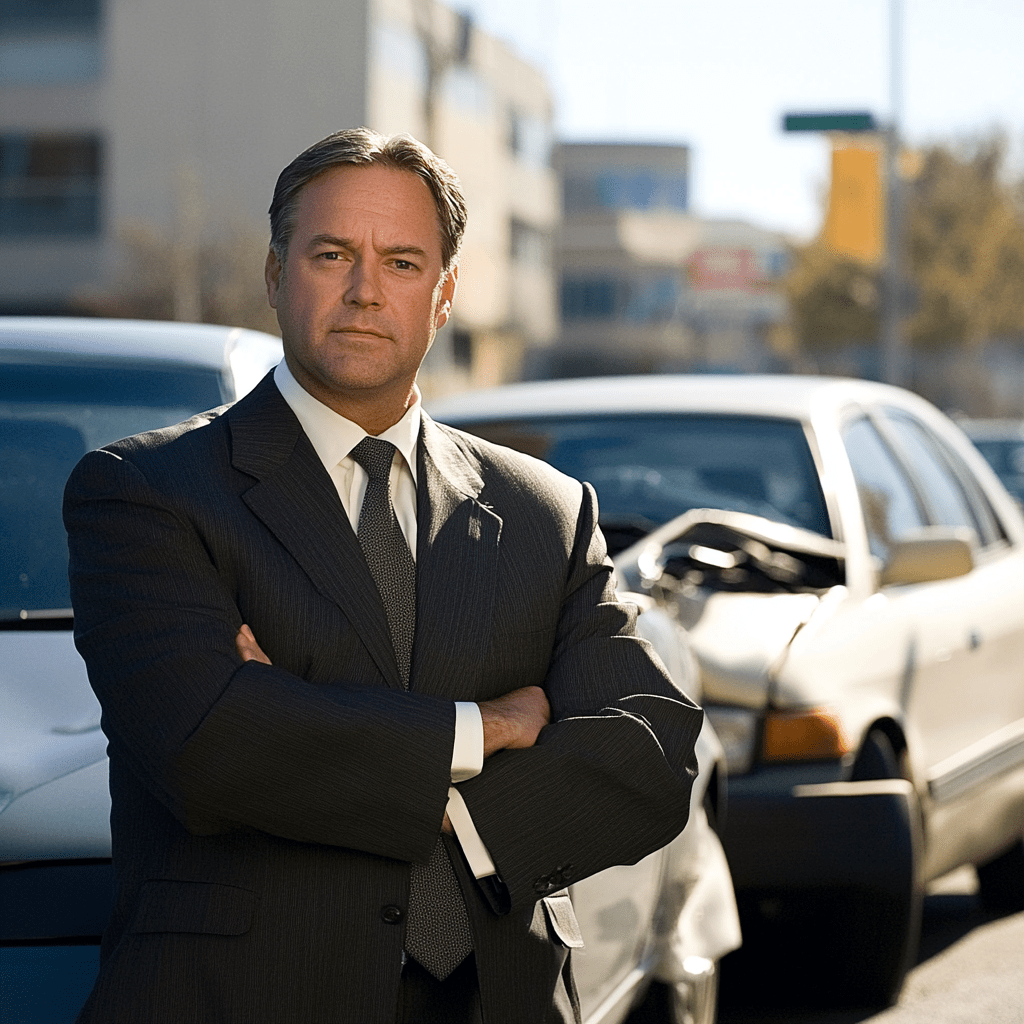
How Expensive is it to Hire a Car Accident Lawyer?
If you have suffered injuries in a car accident and are considering pursuing a lawsuit, you may have questions about how expensive it is to hire a car accident attorney.…
